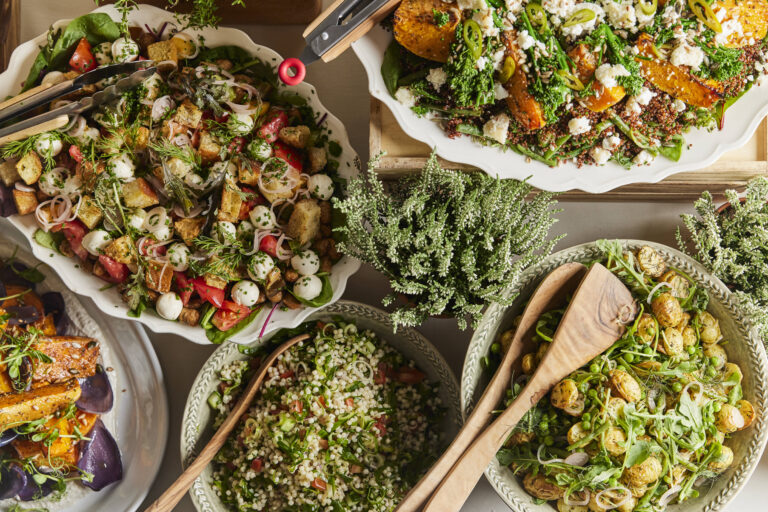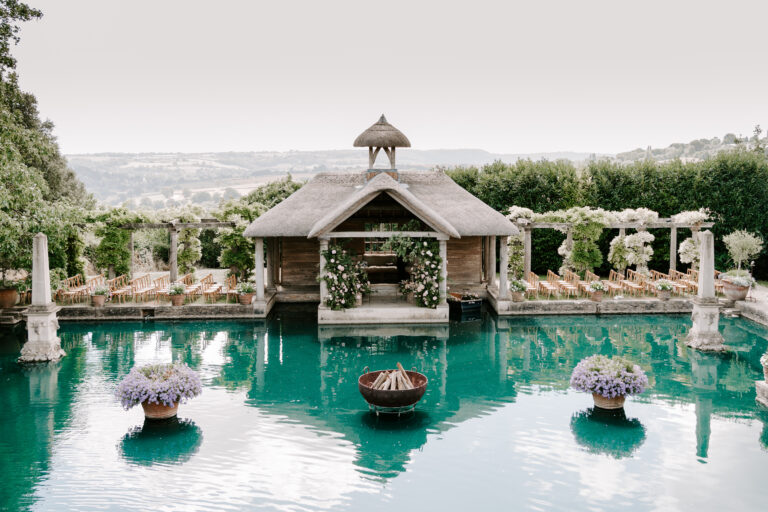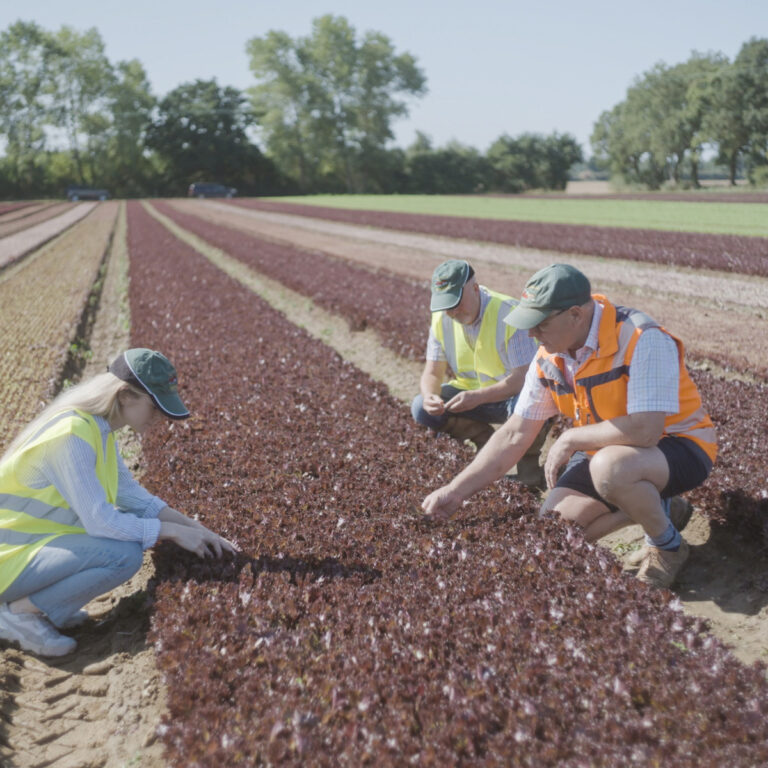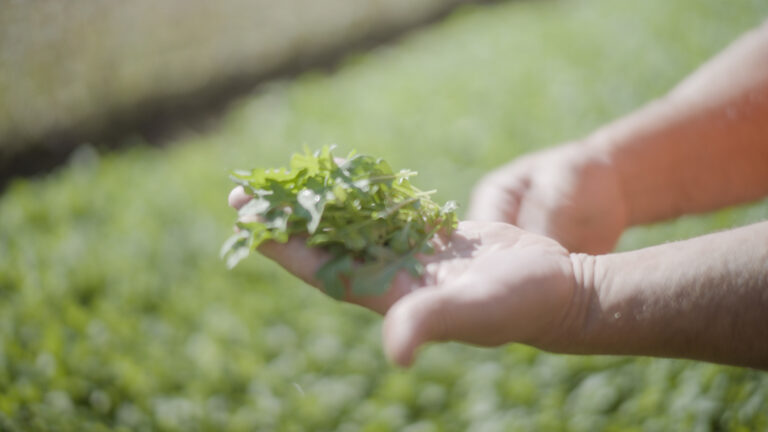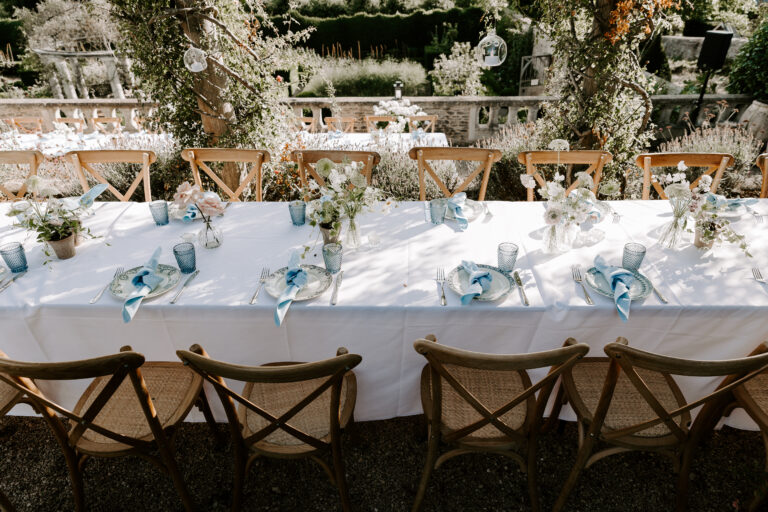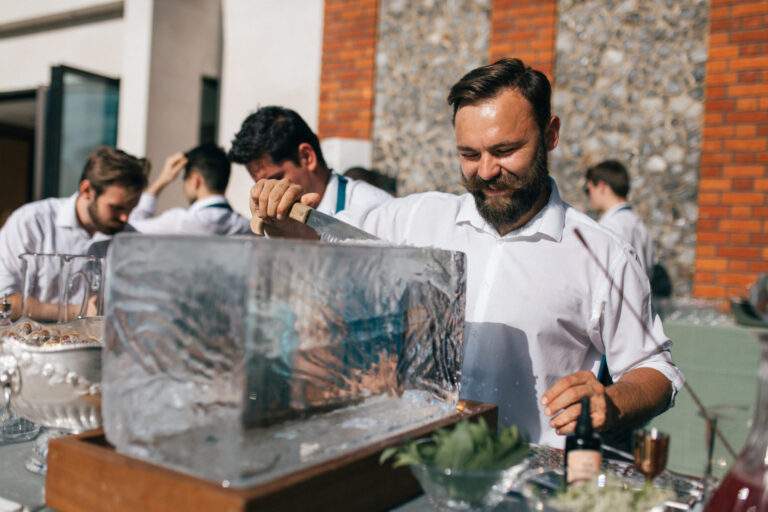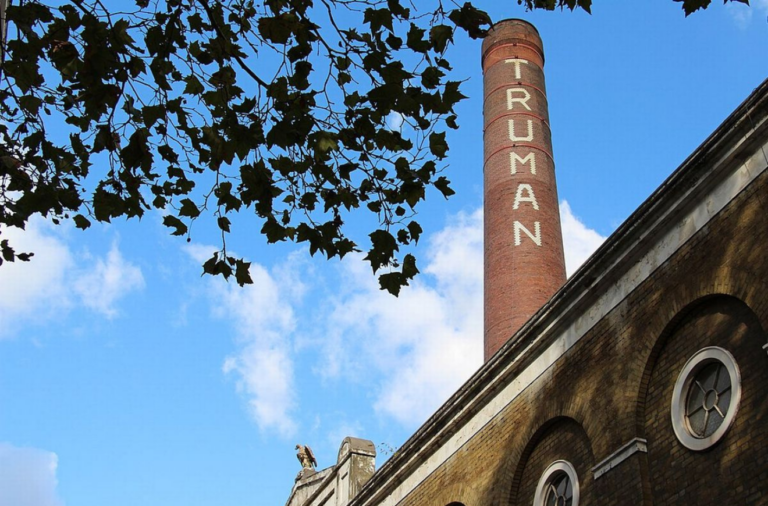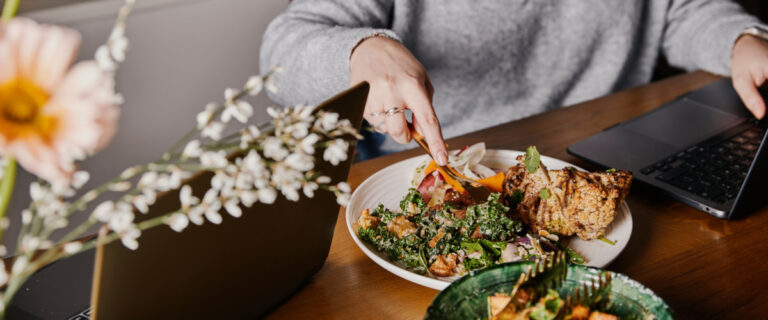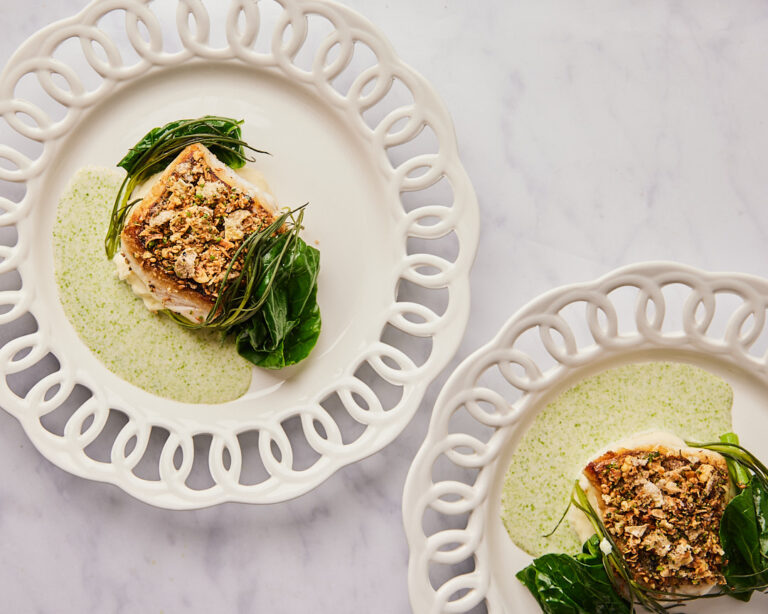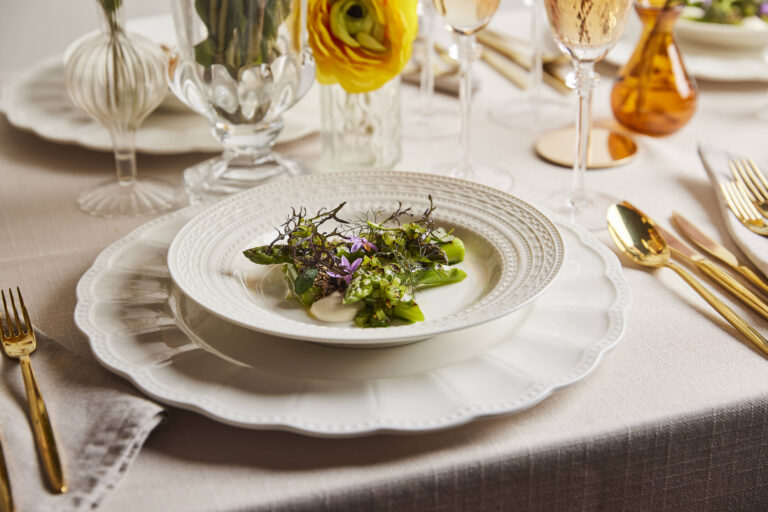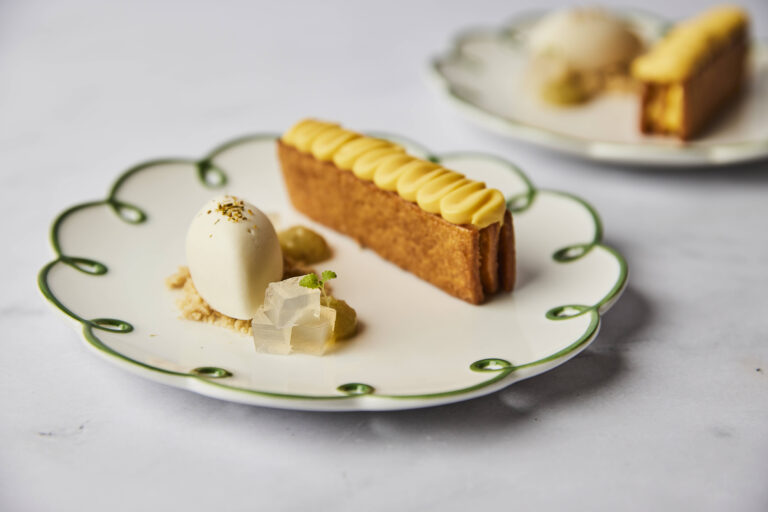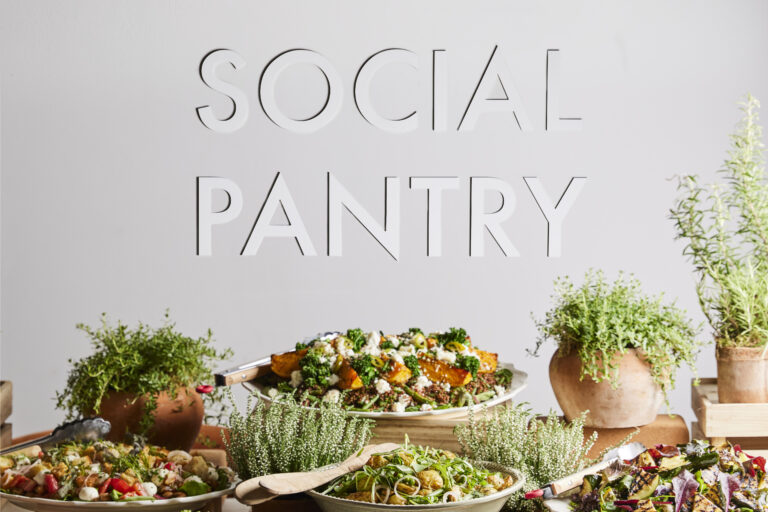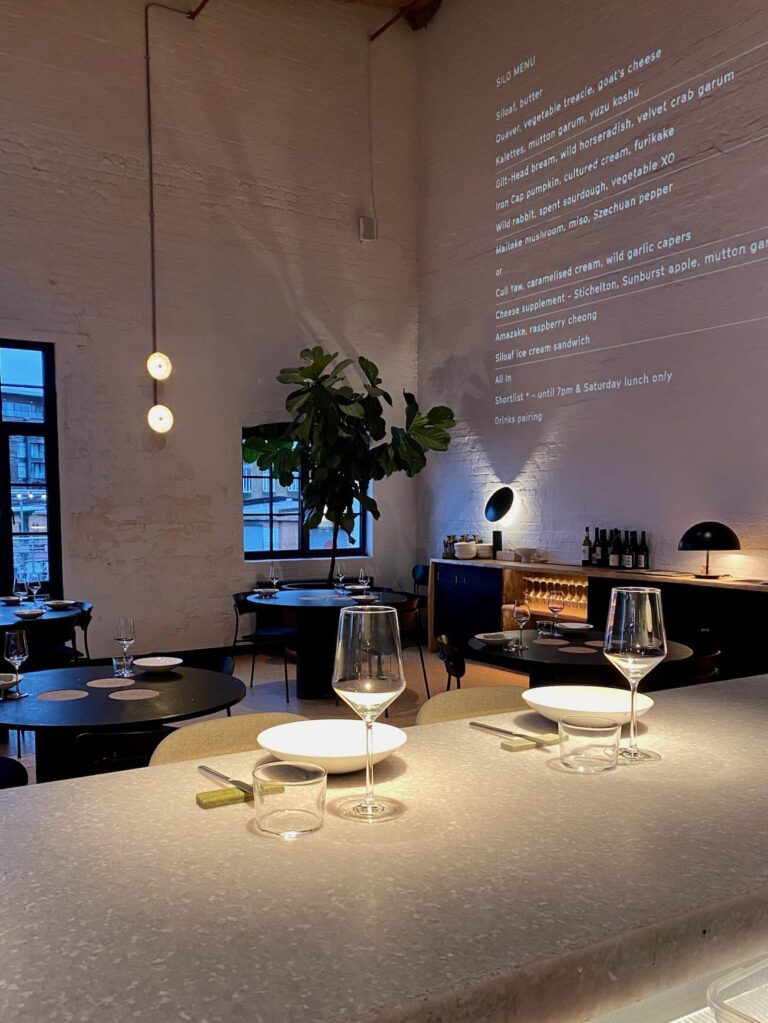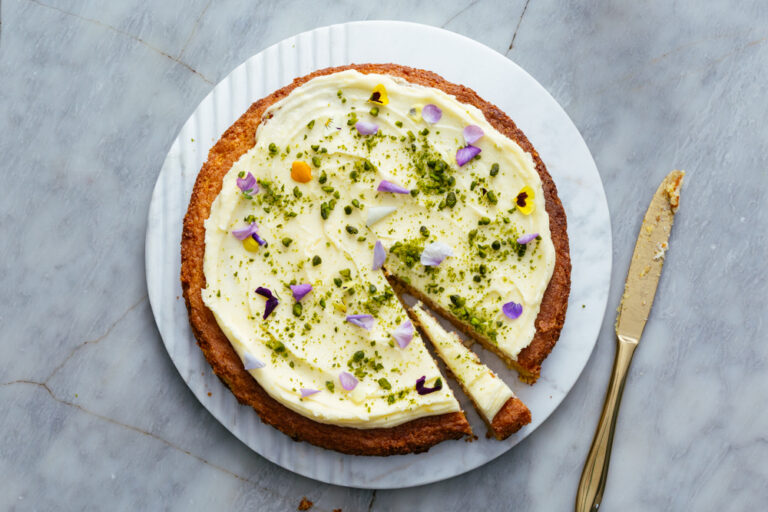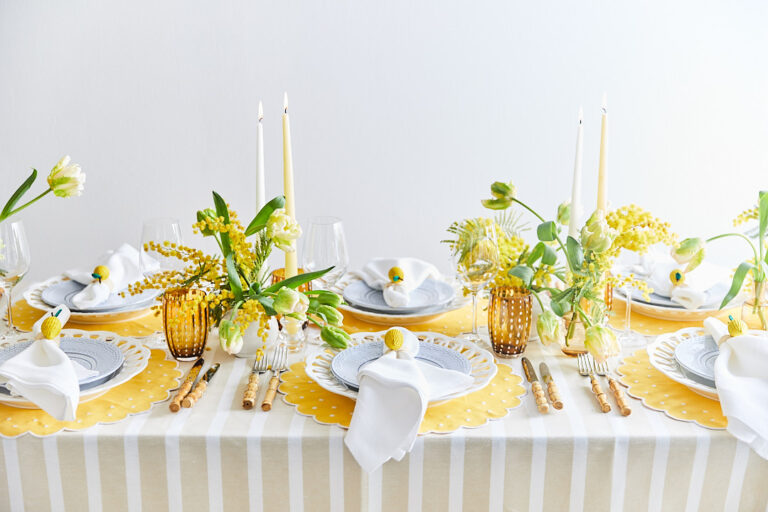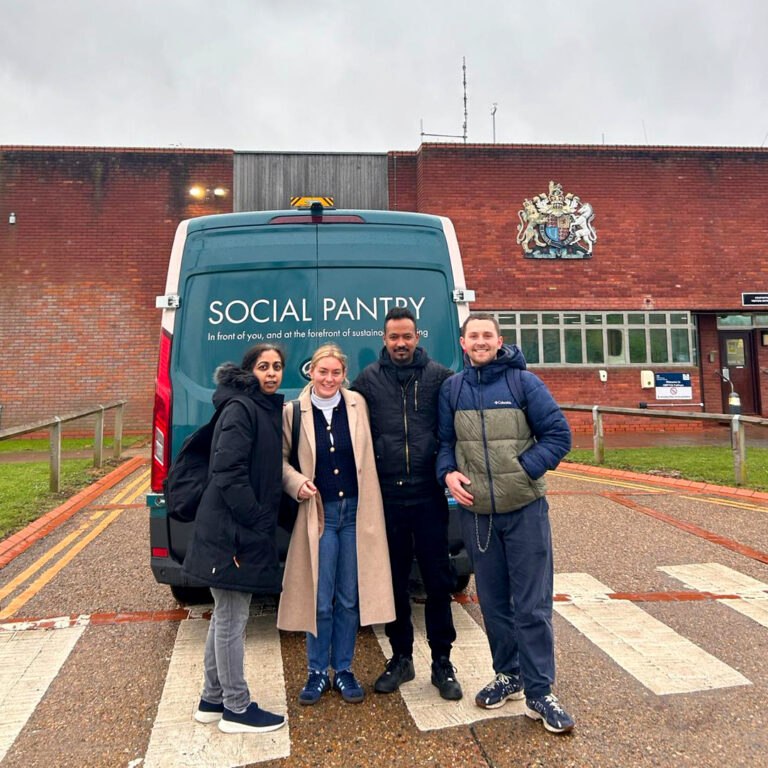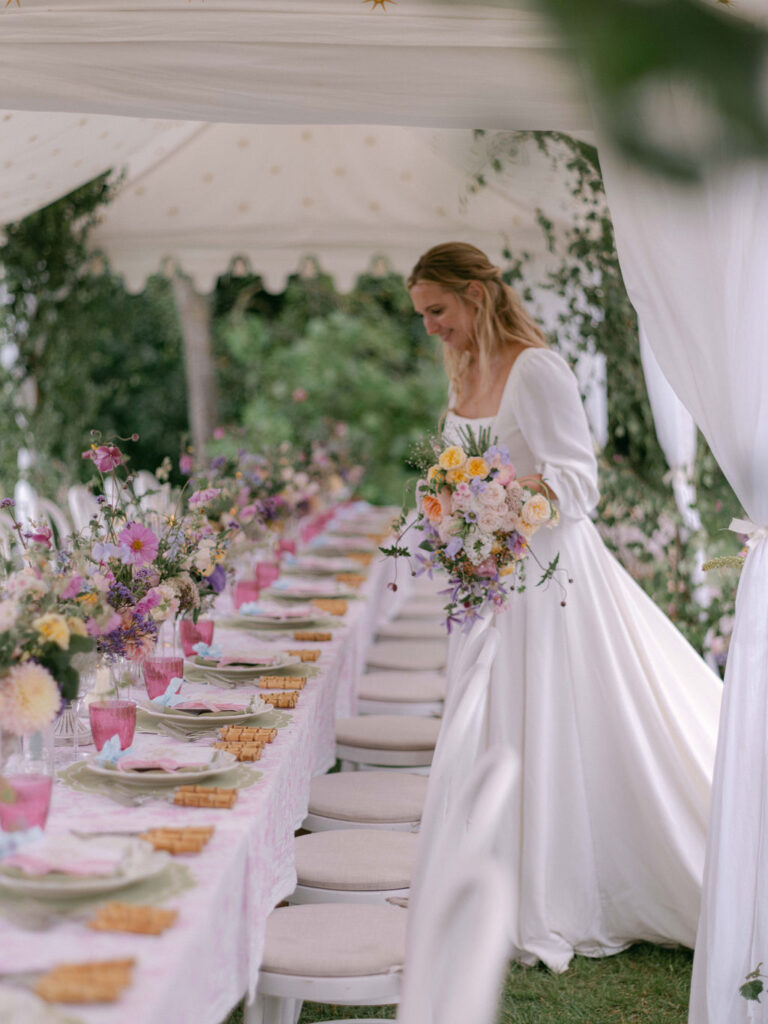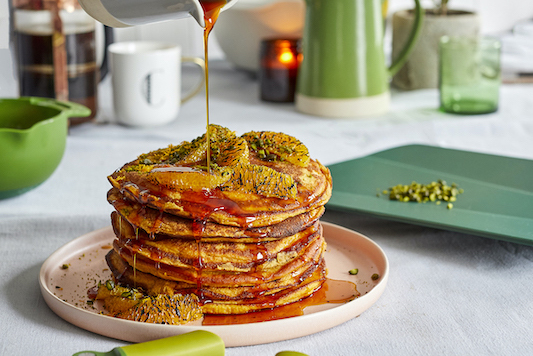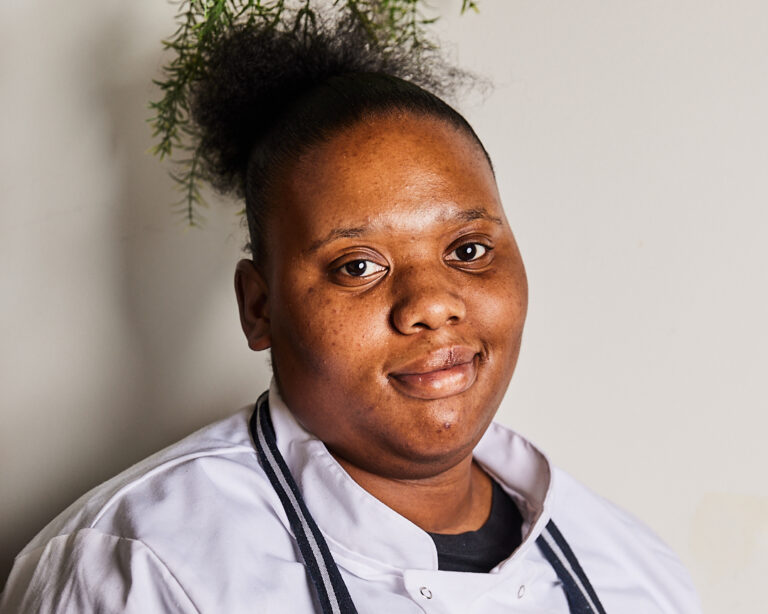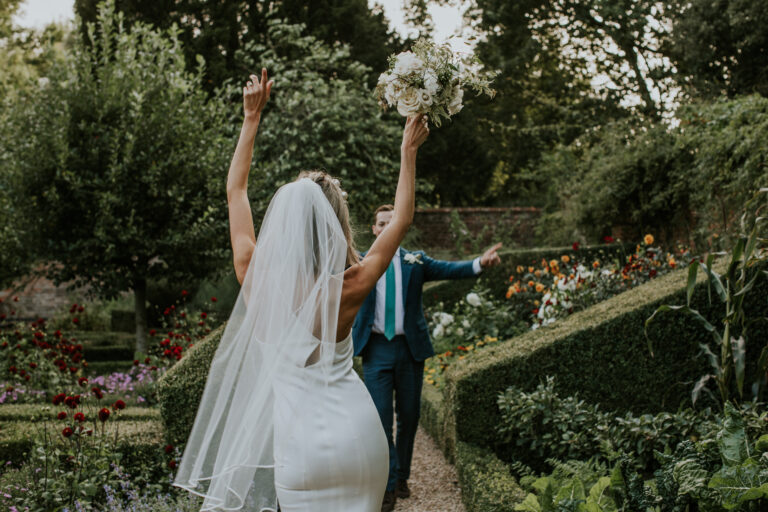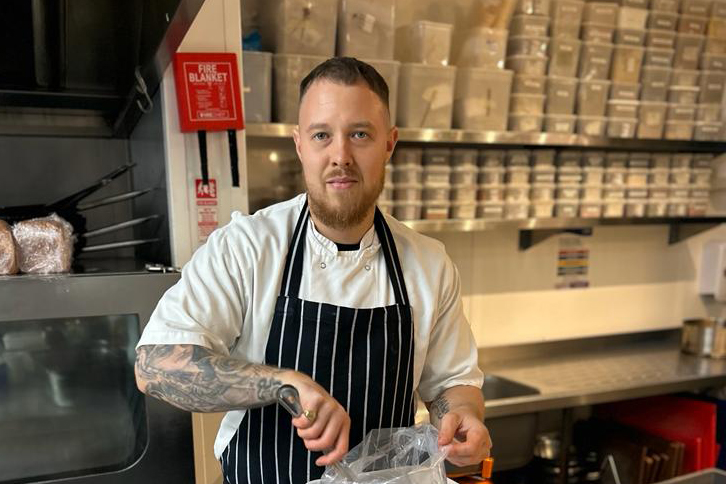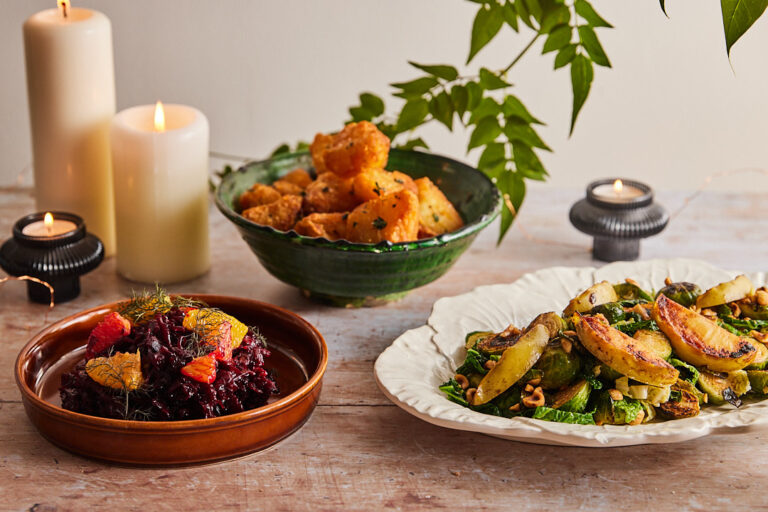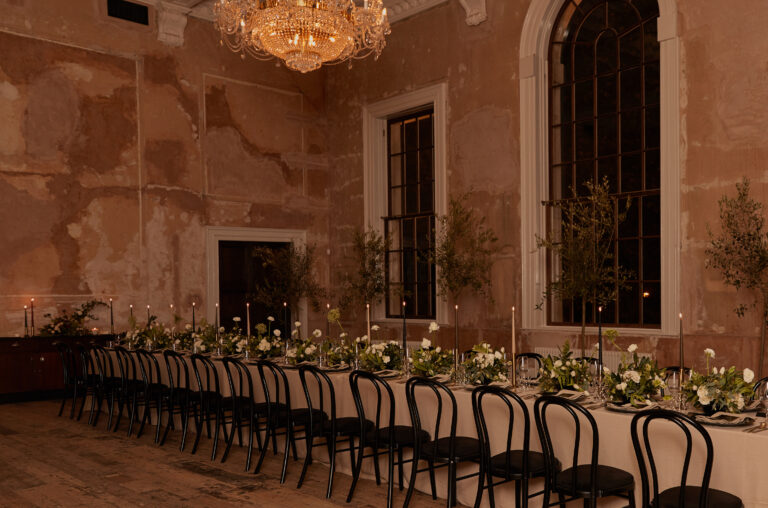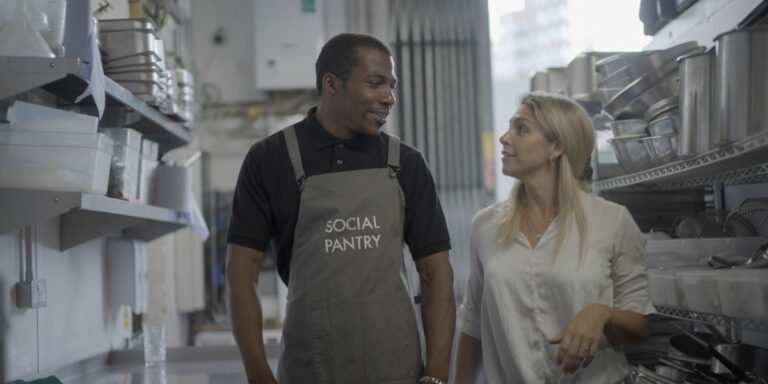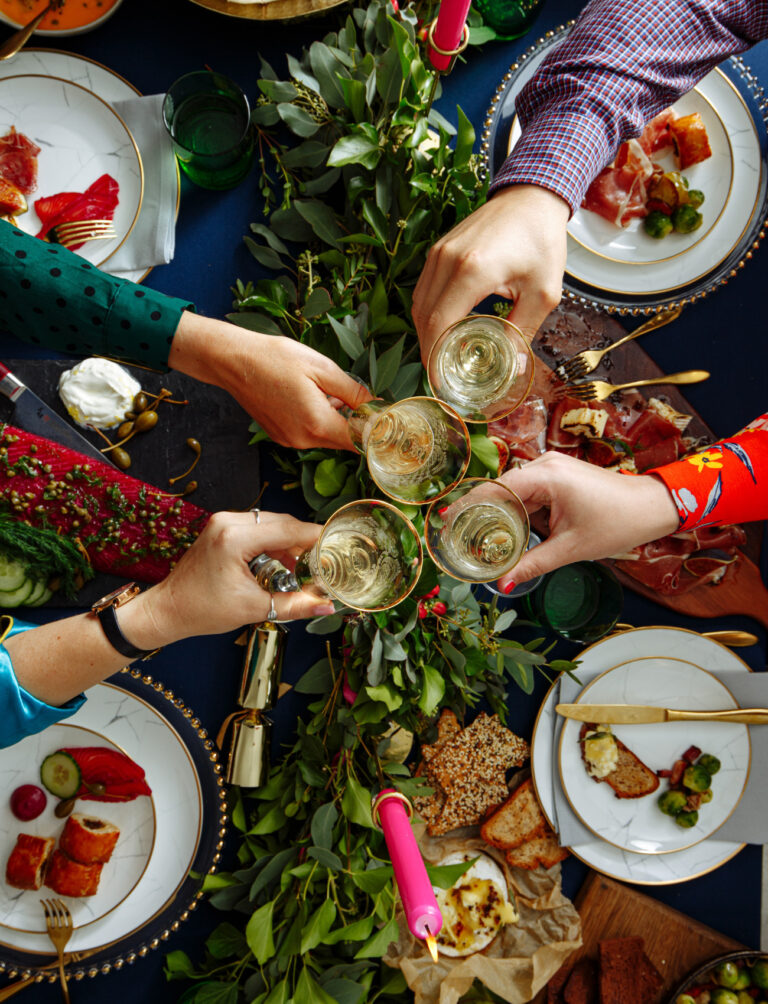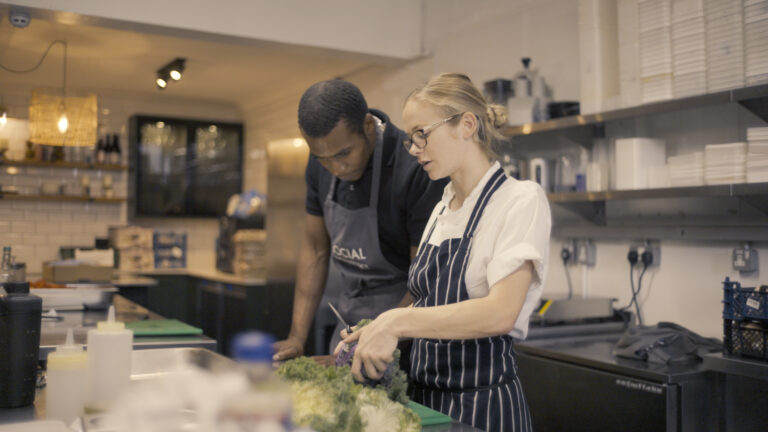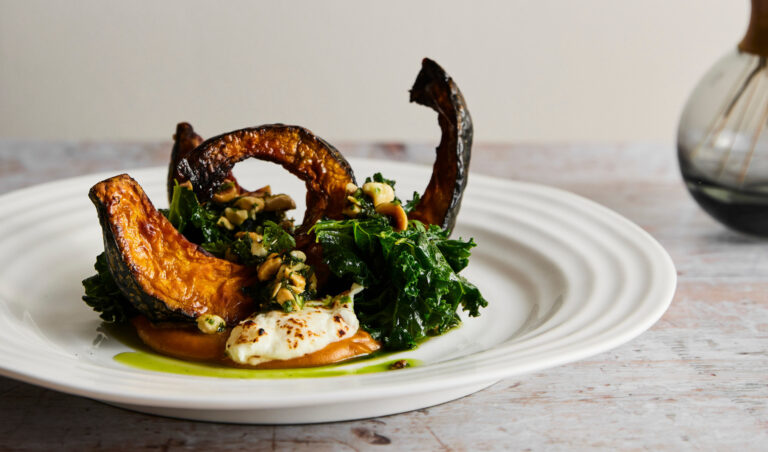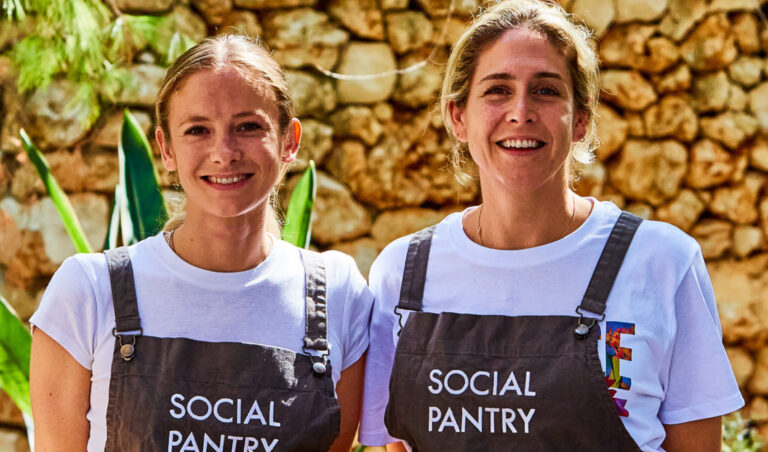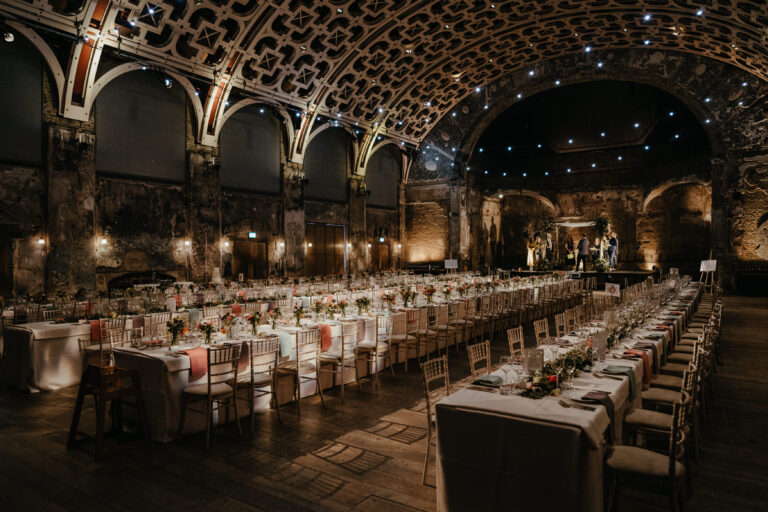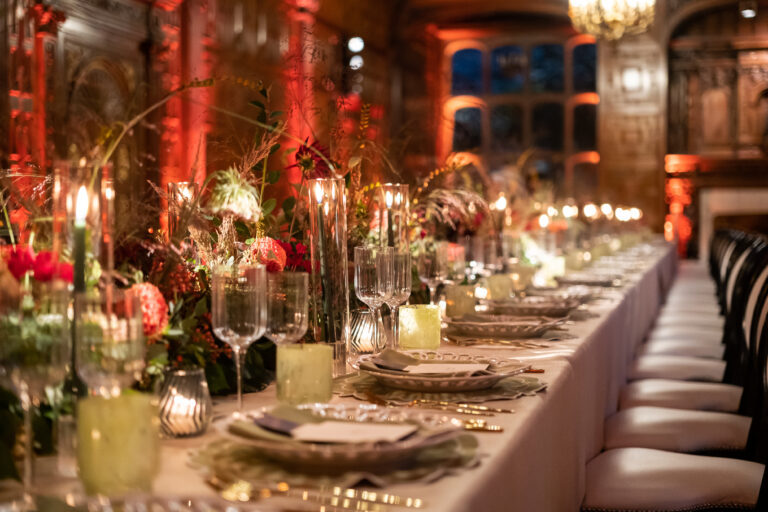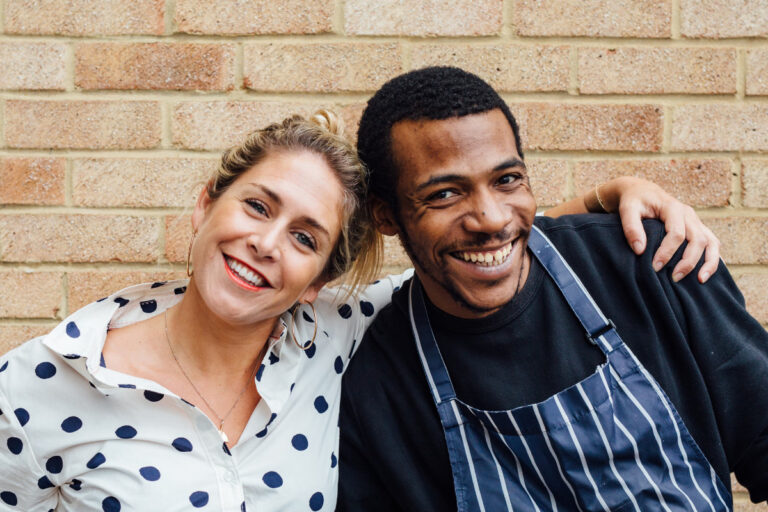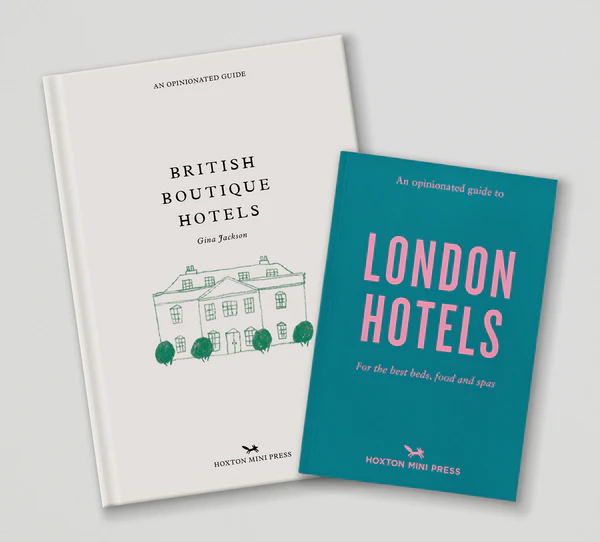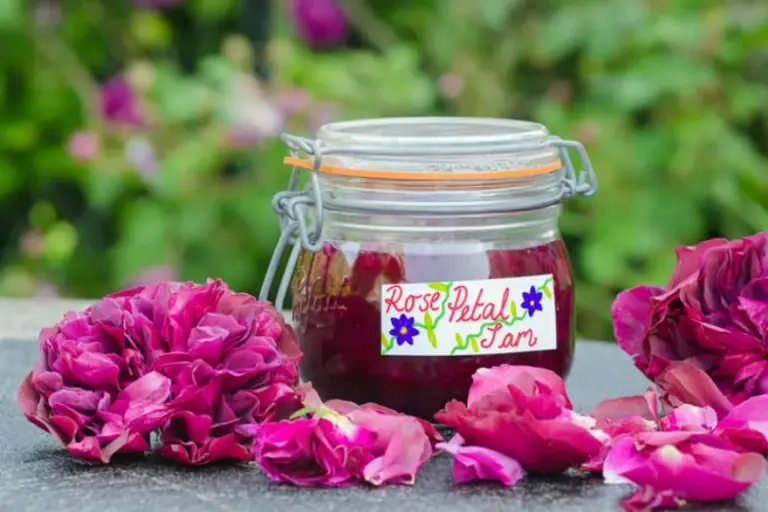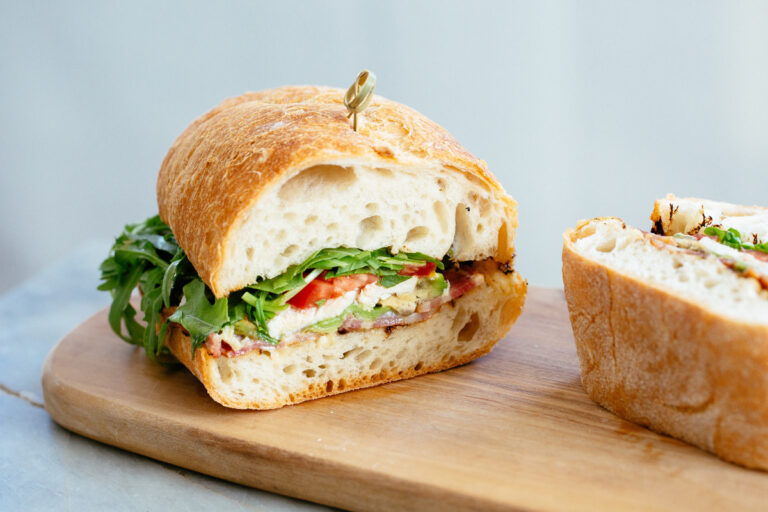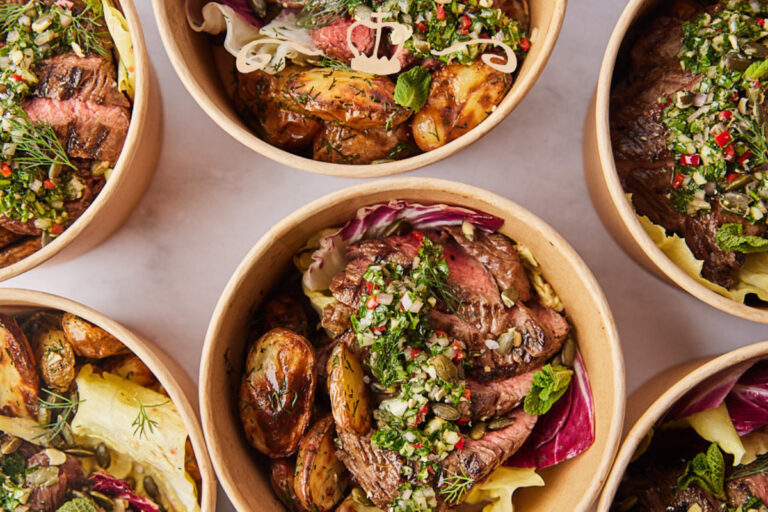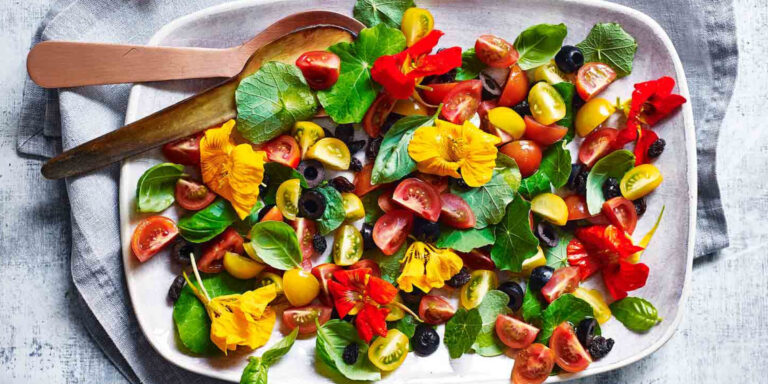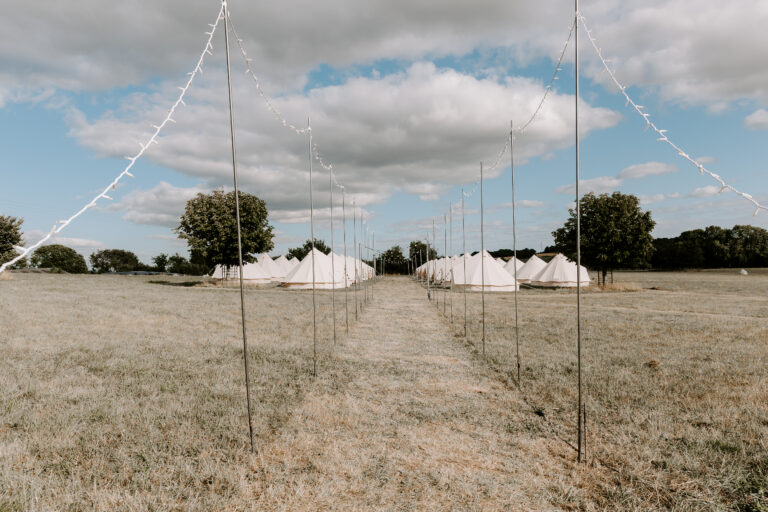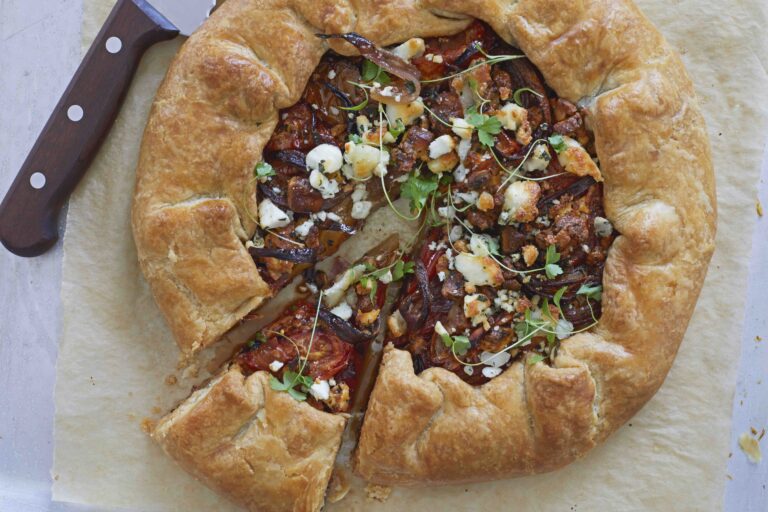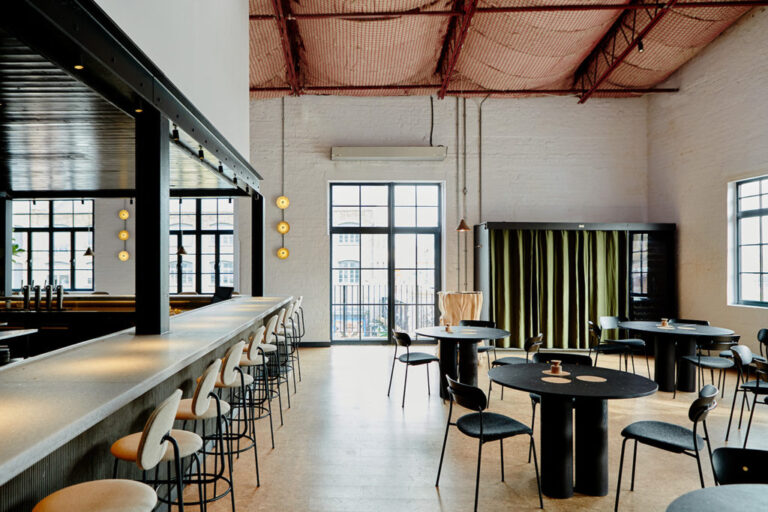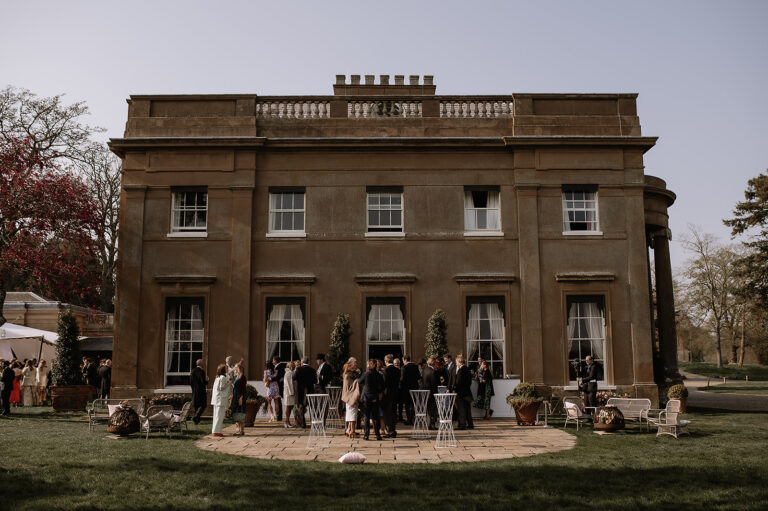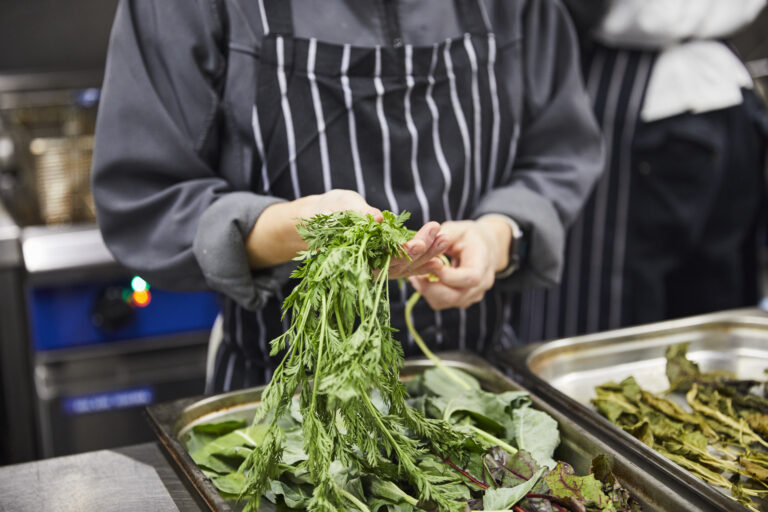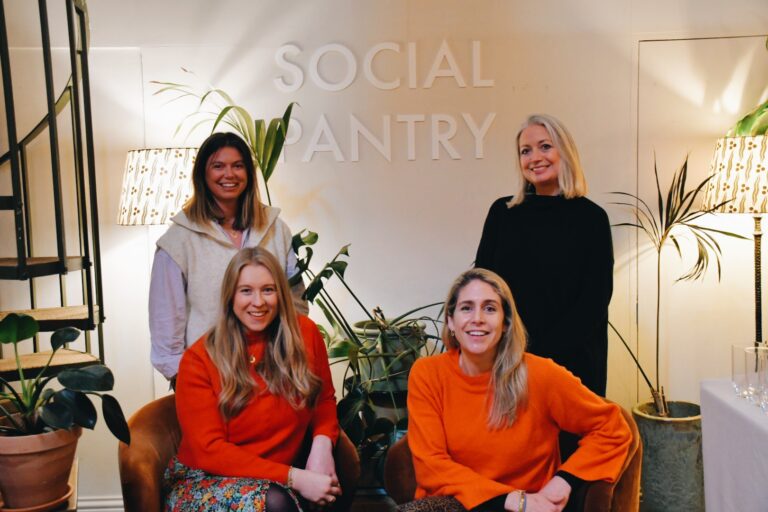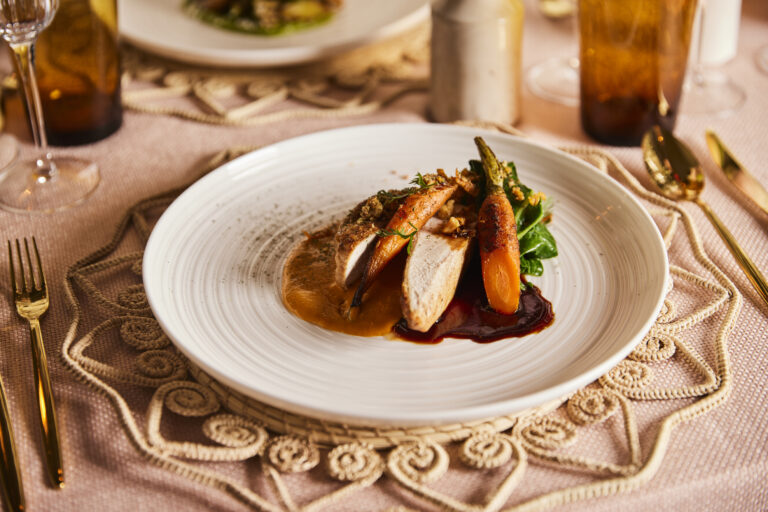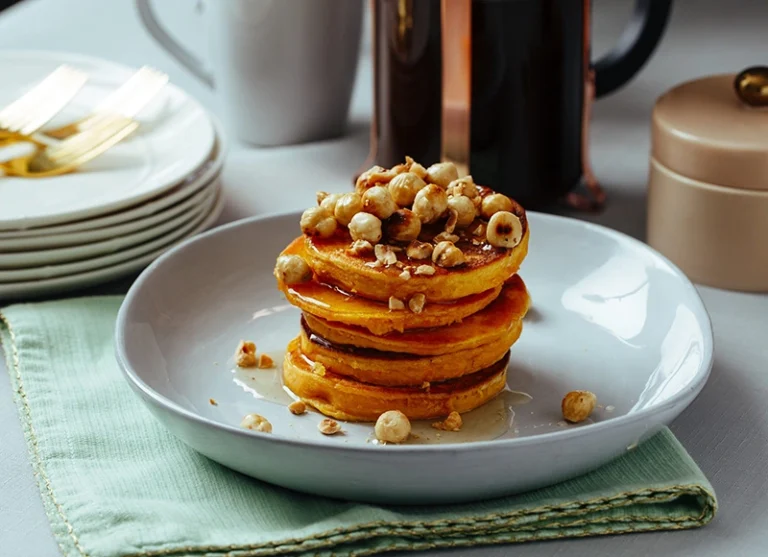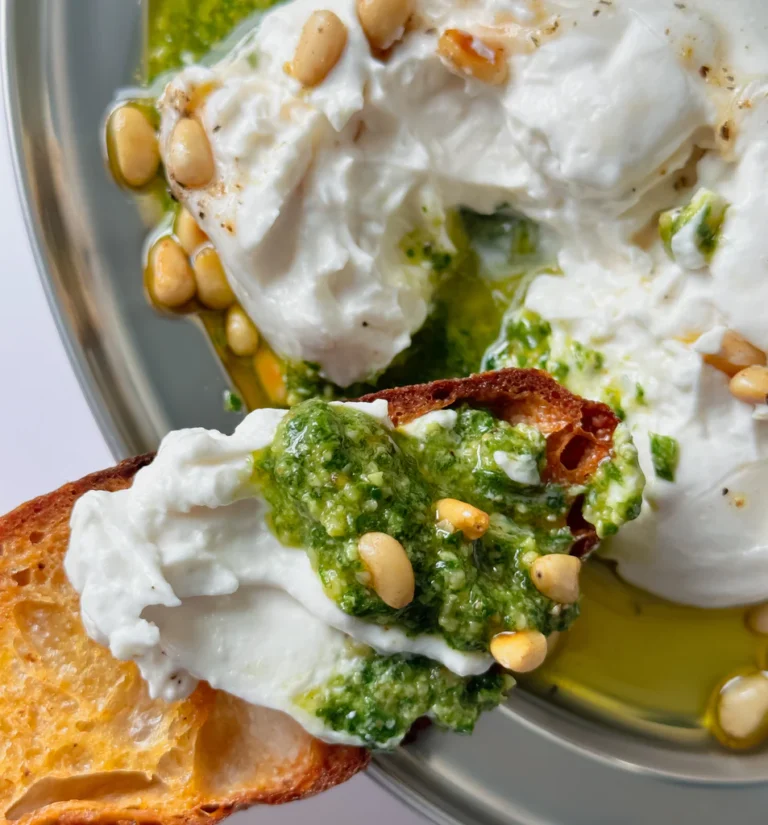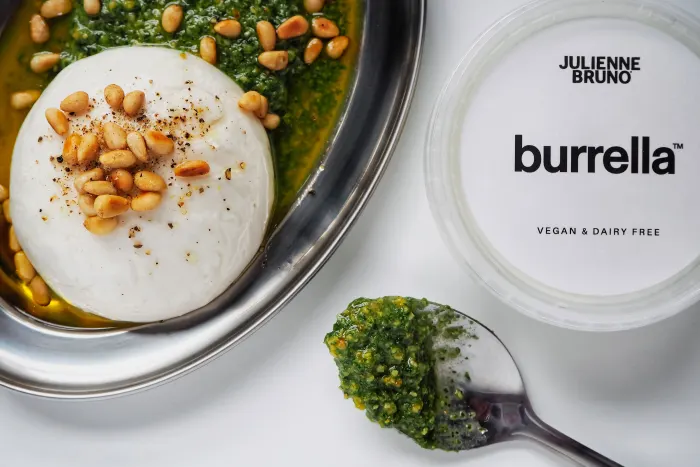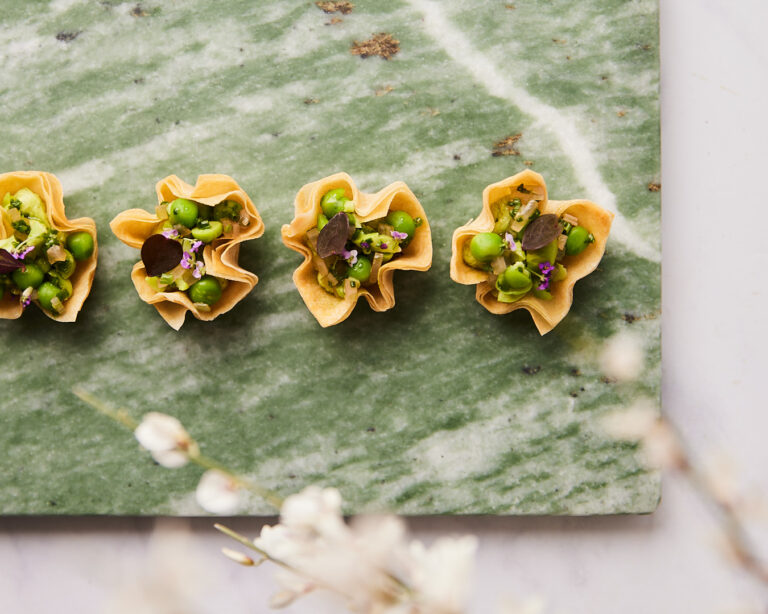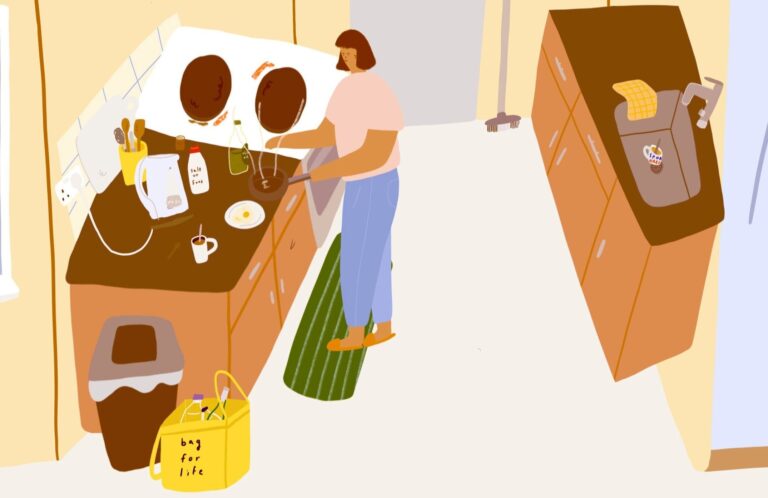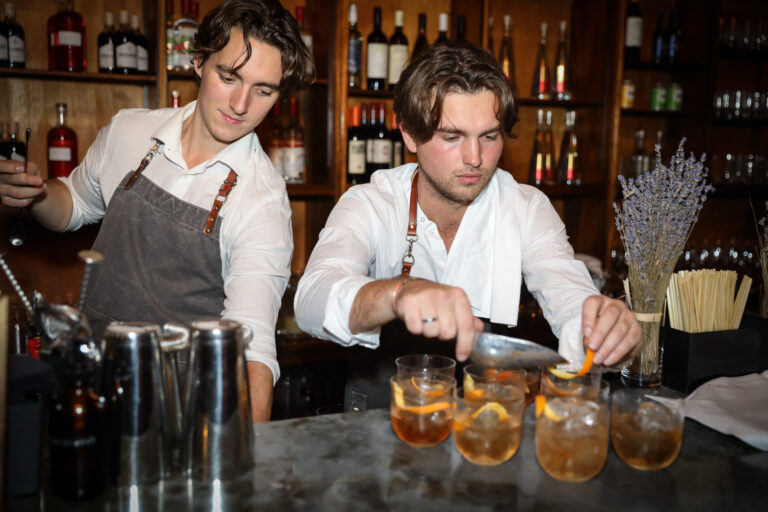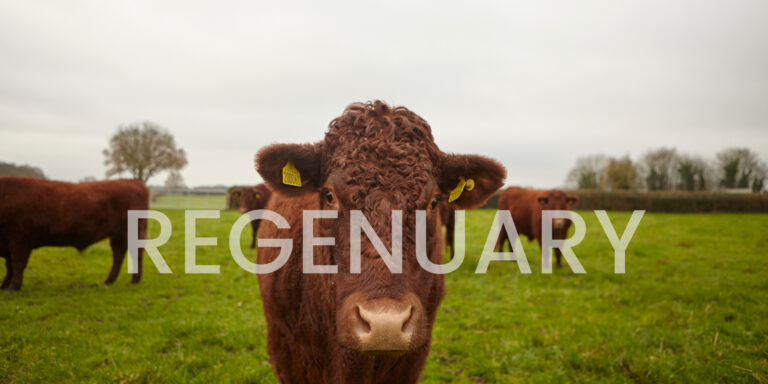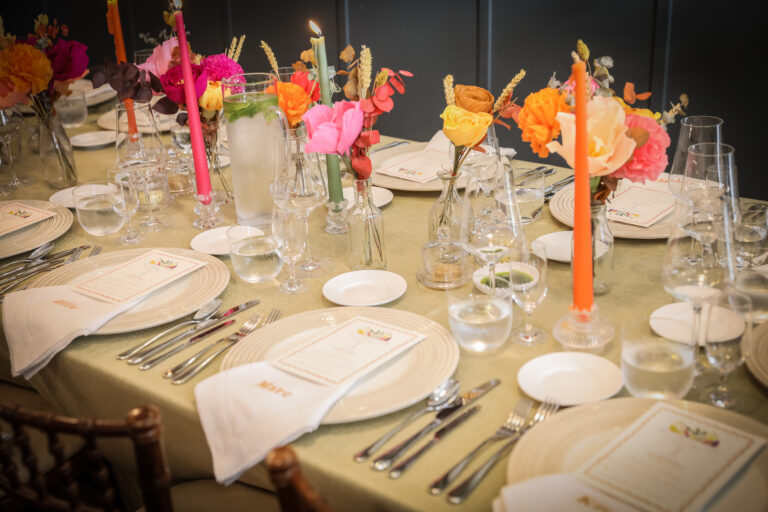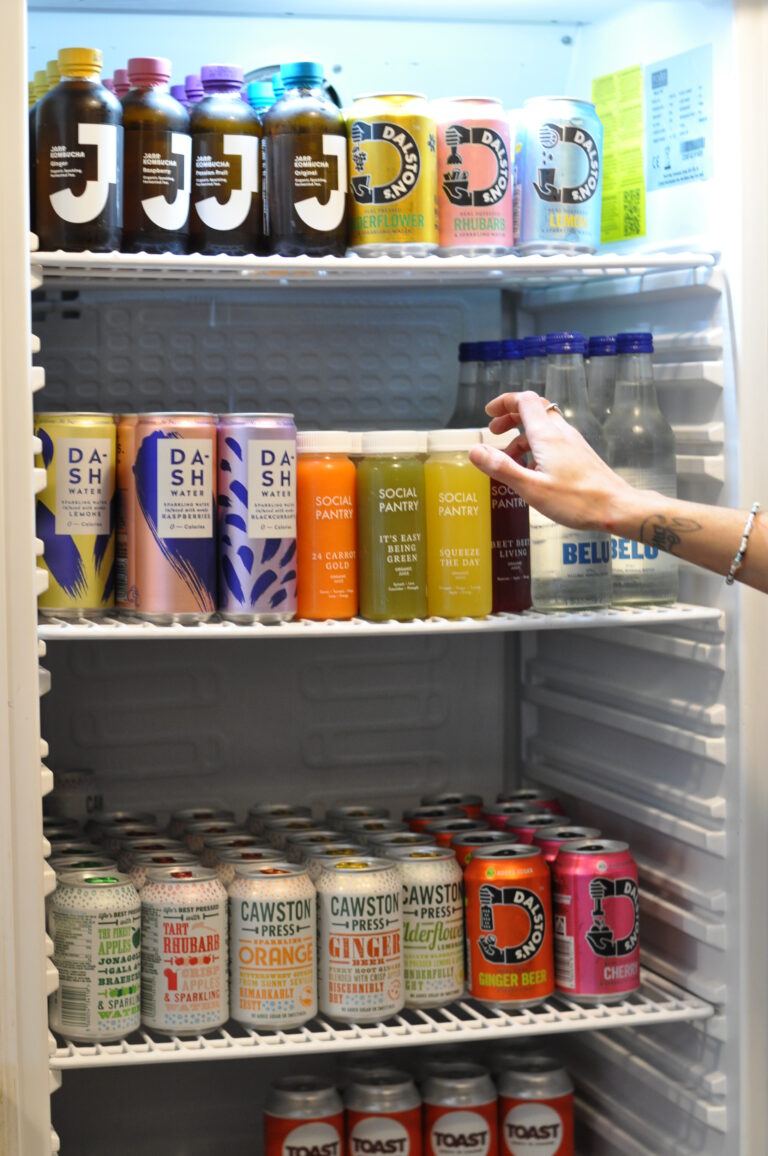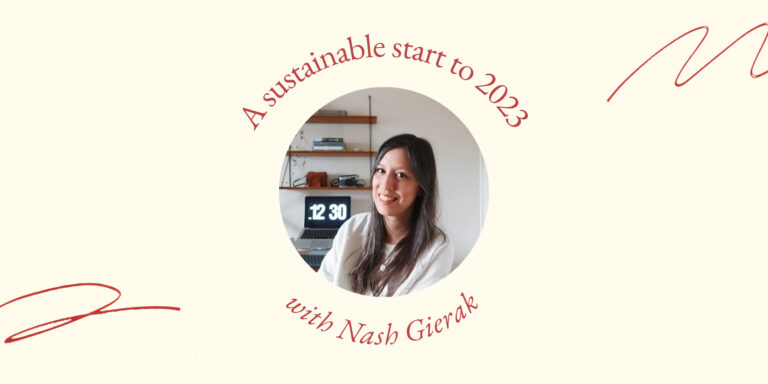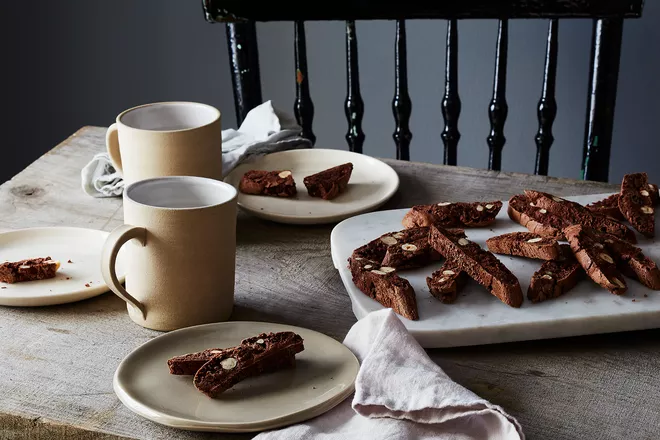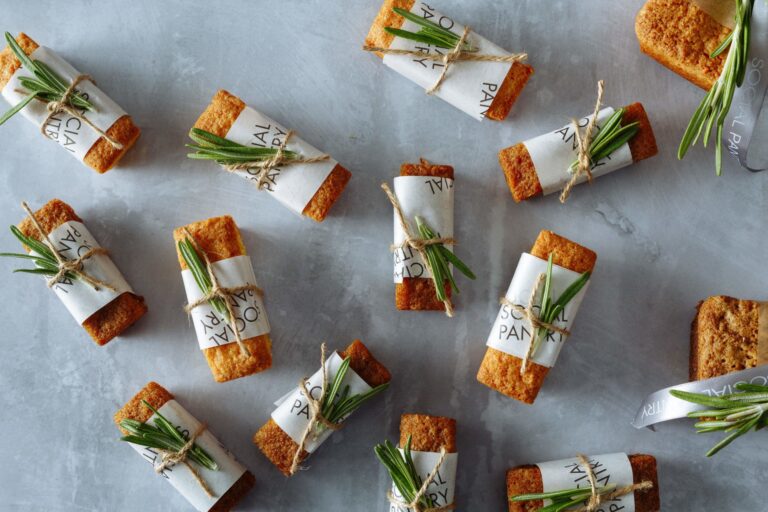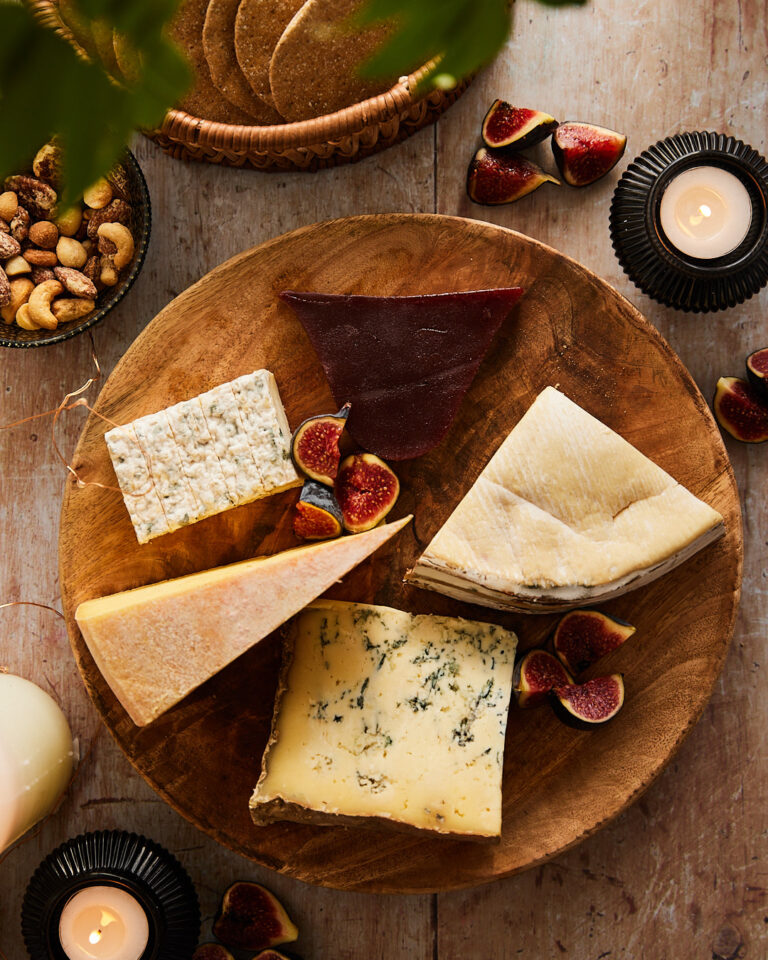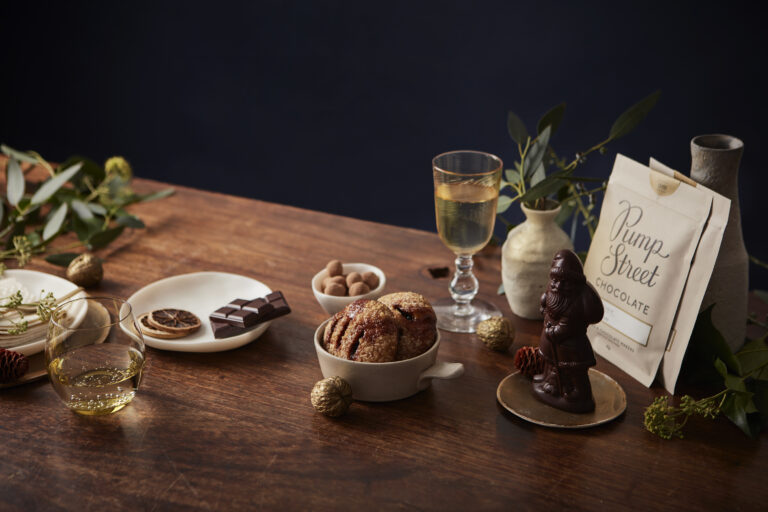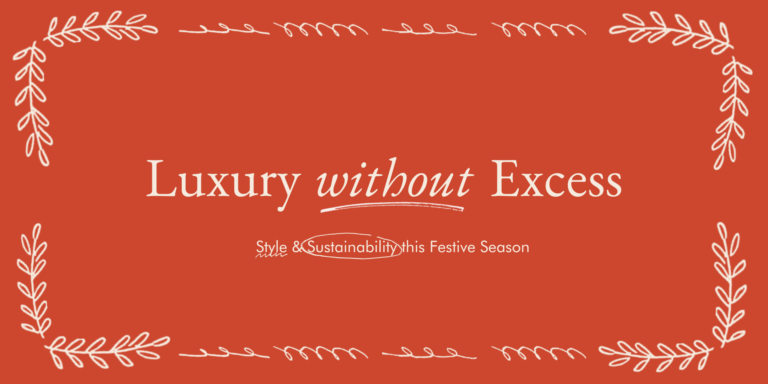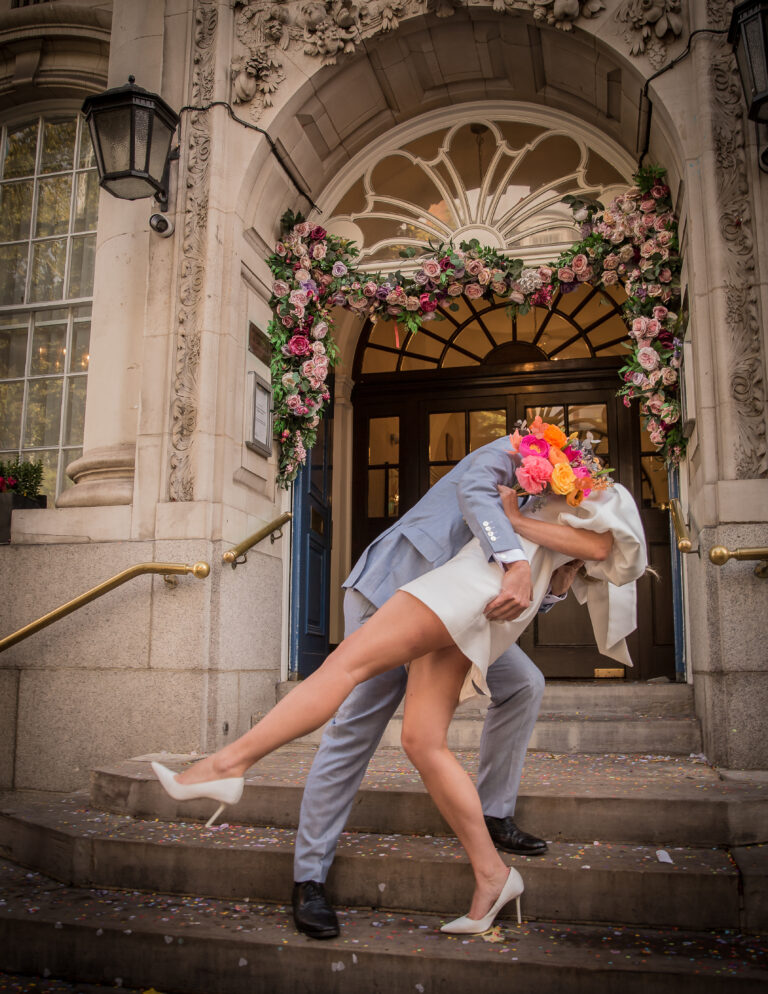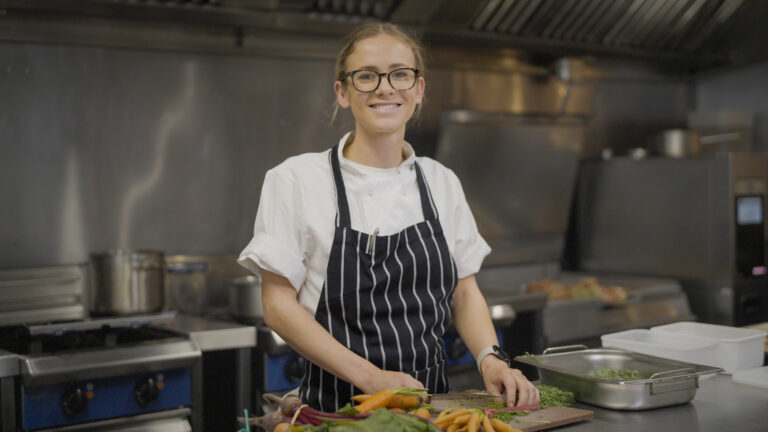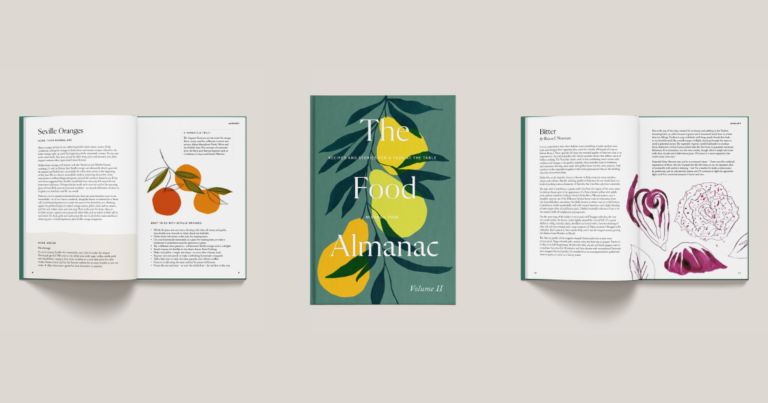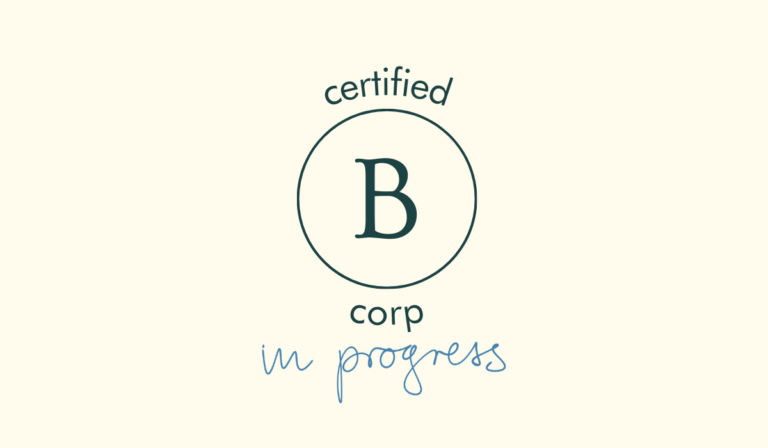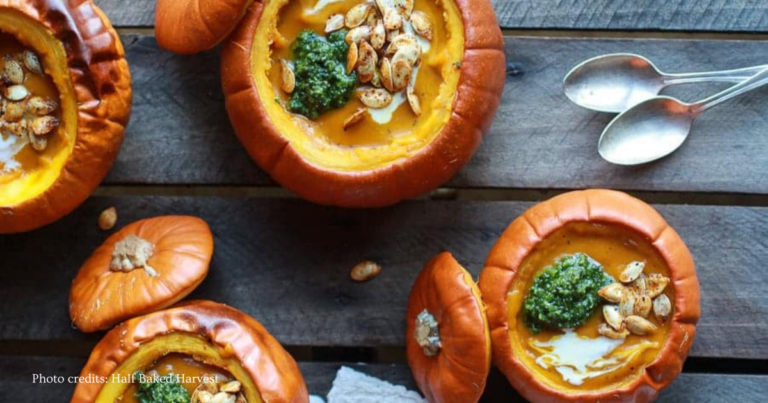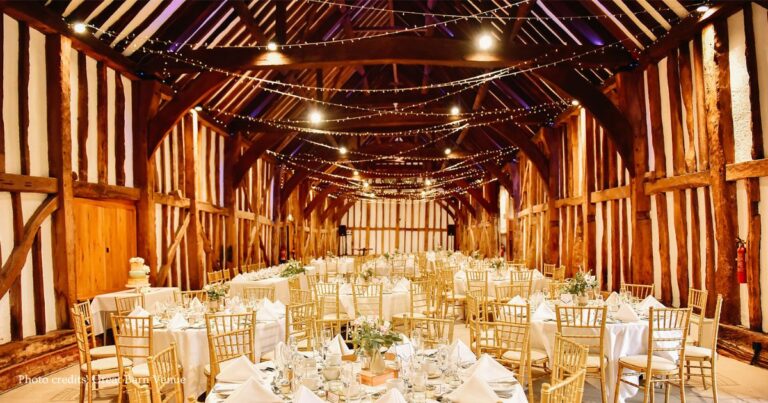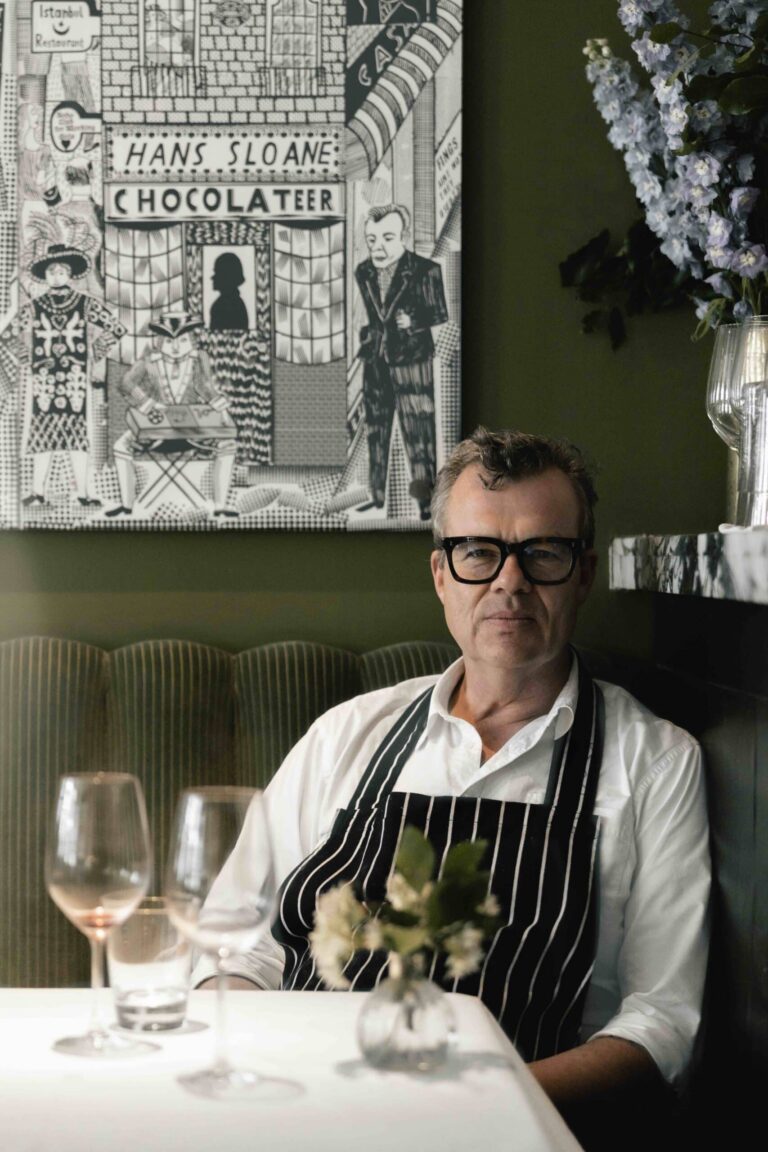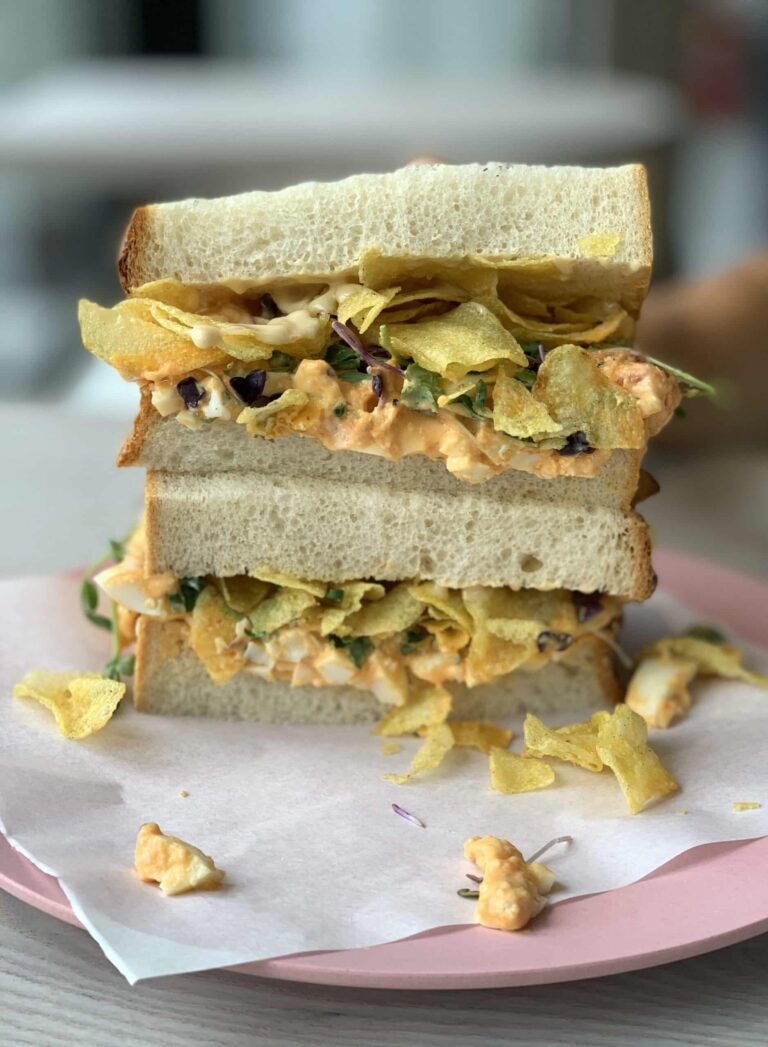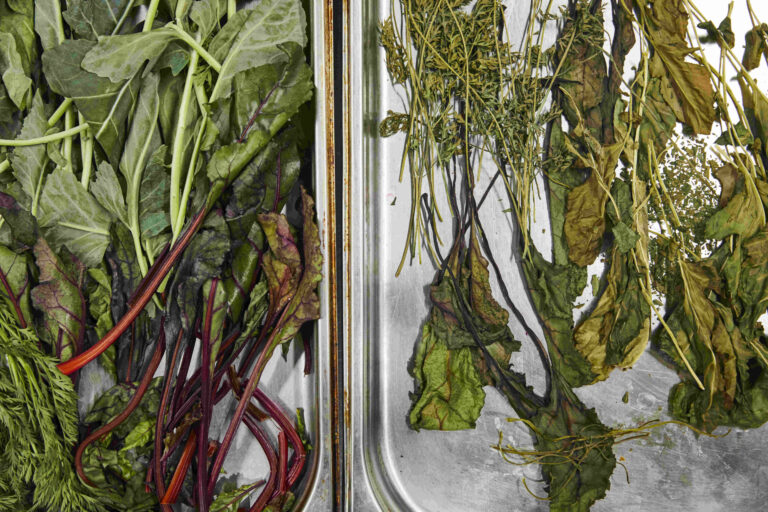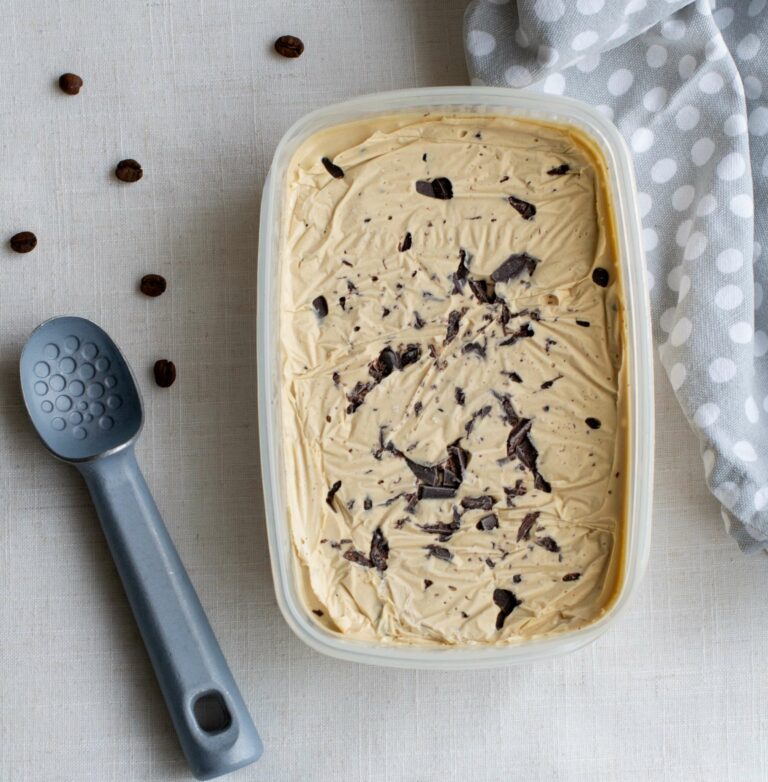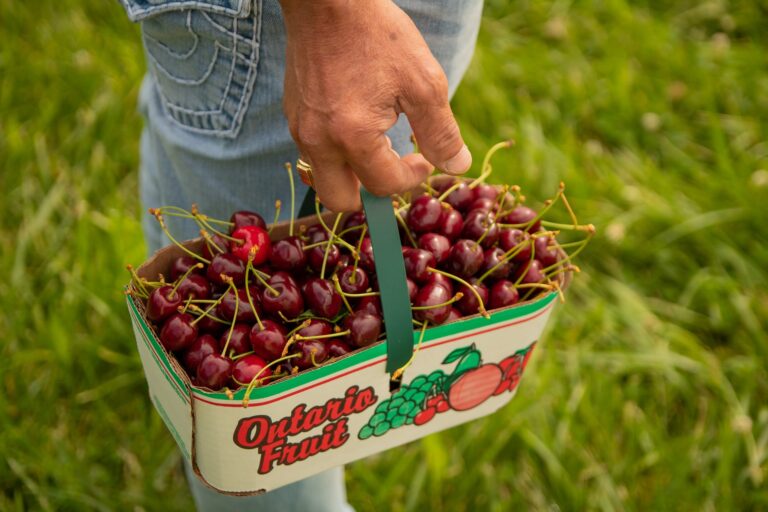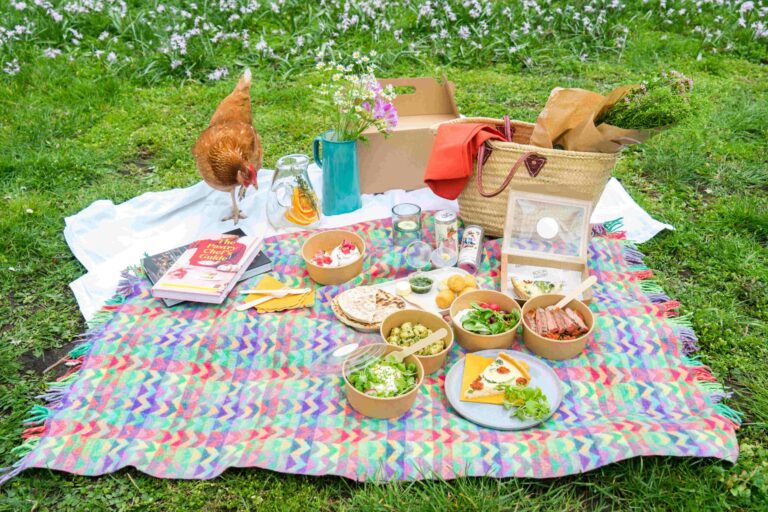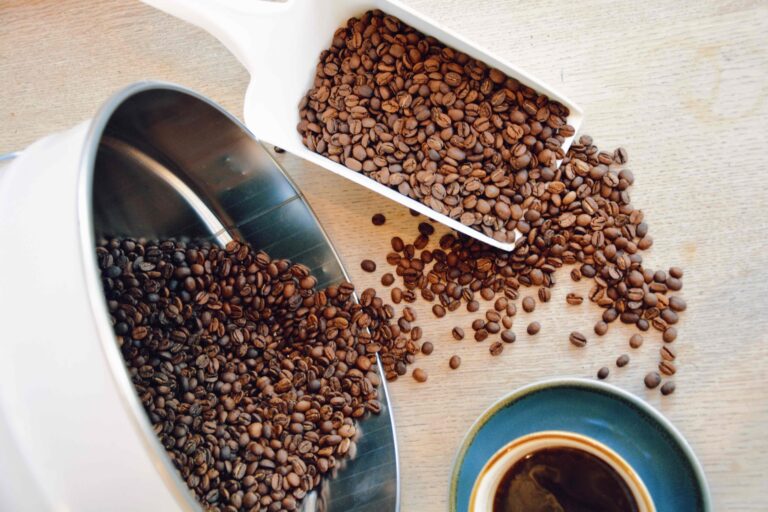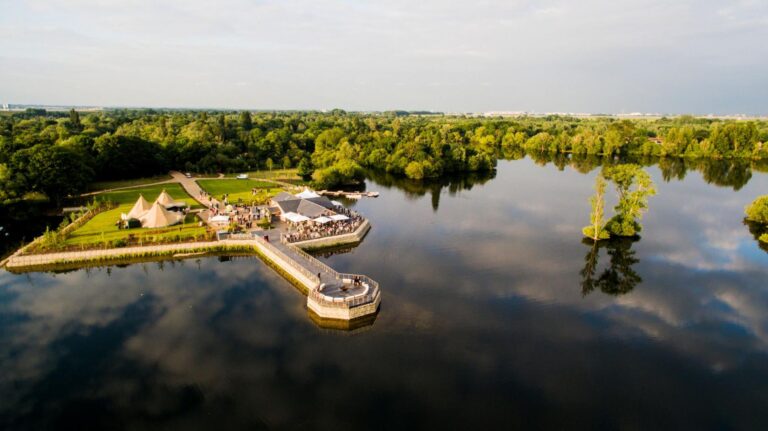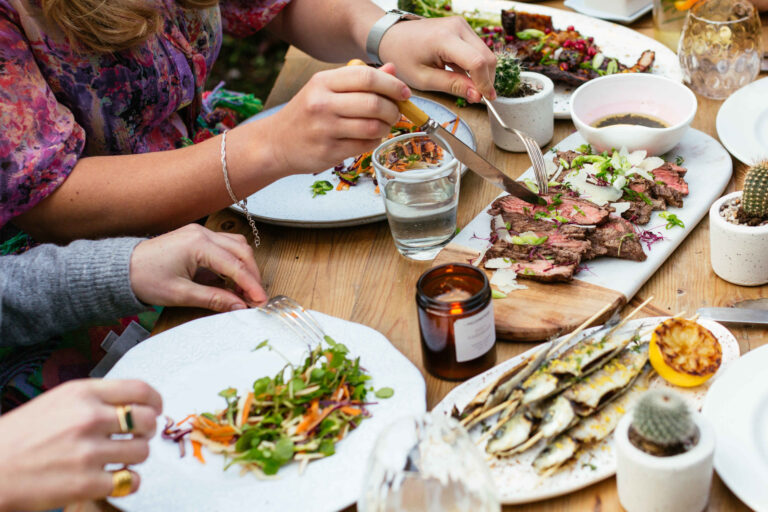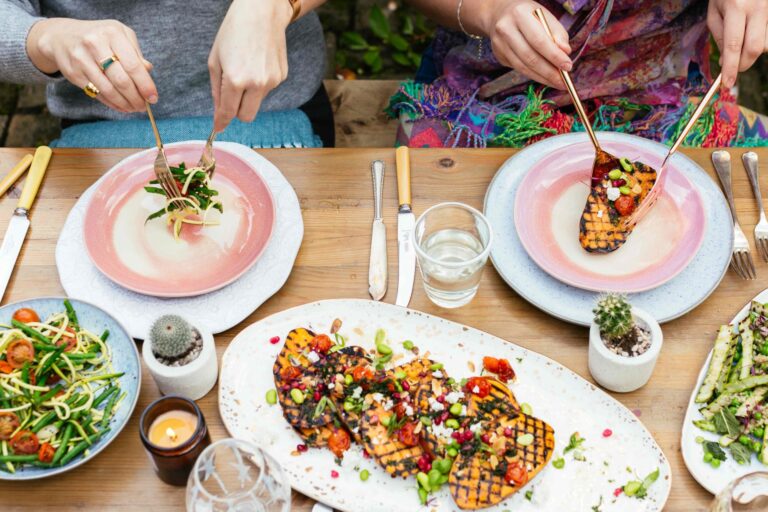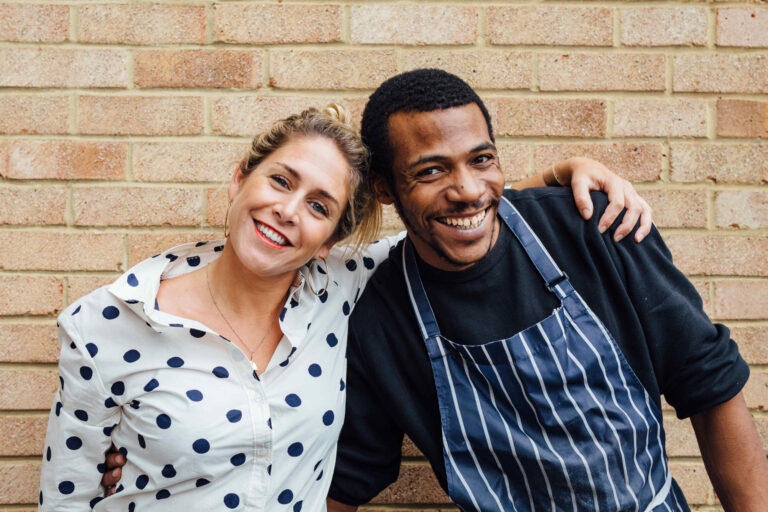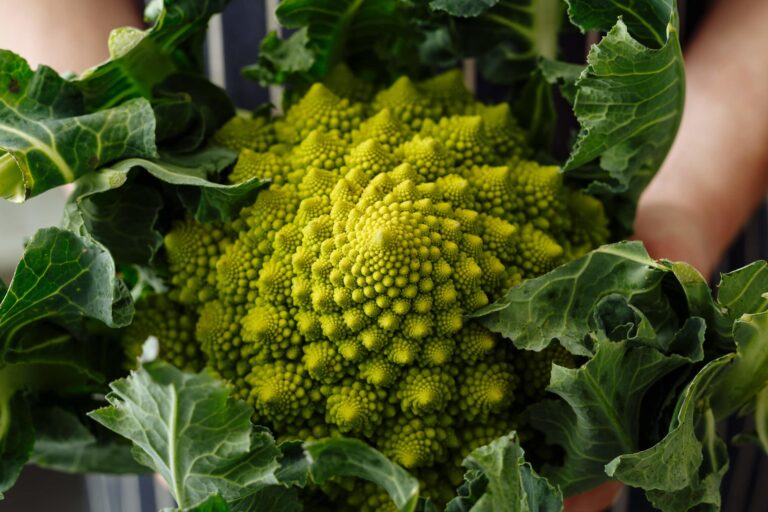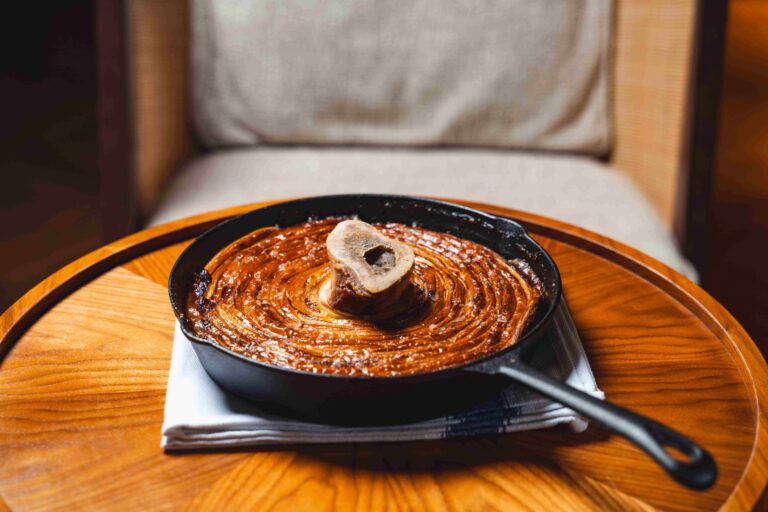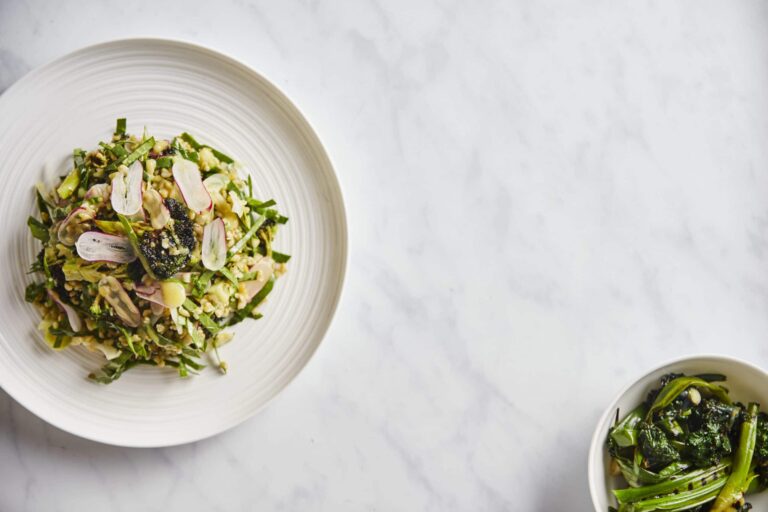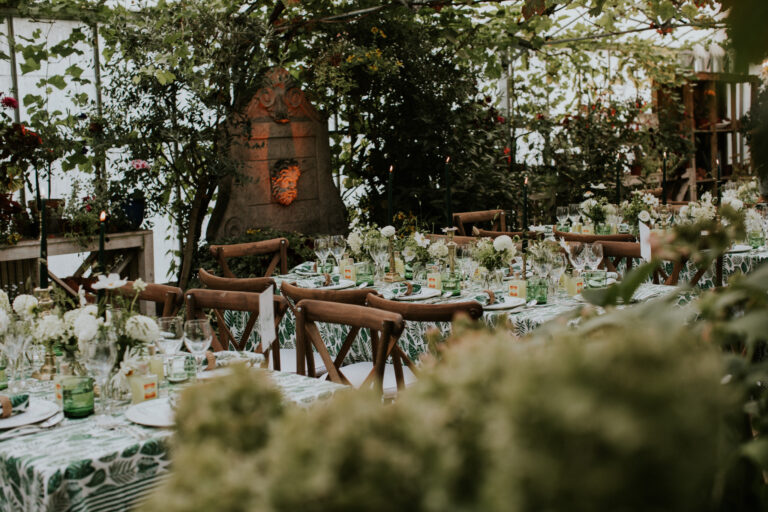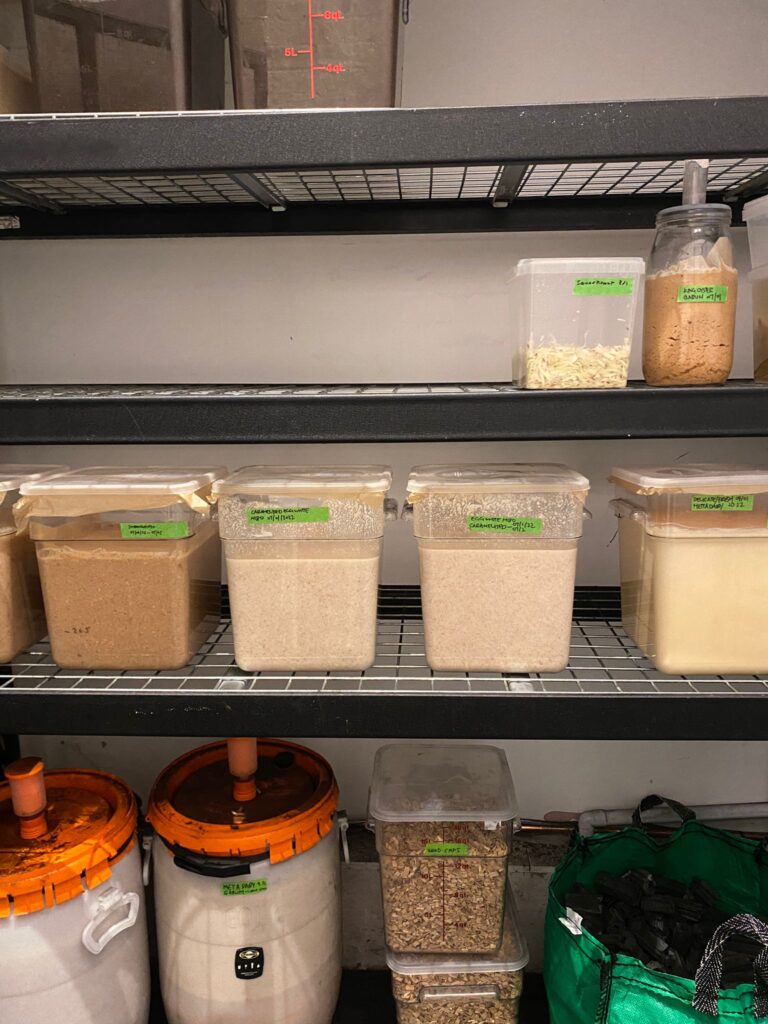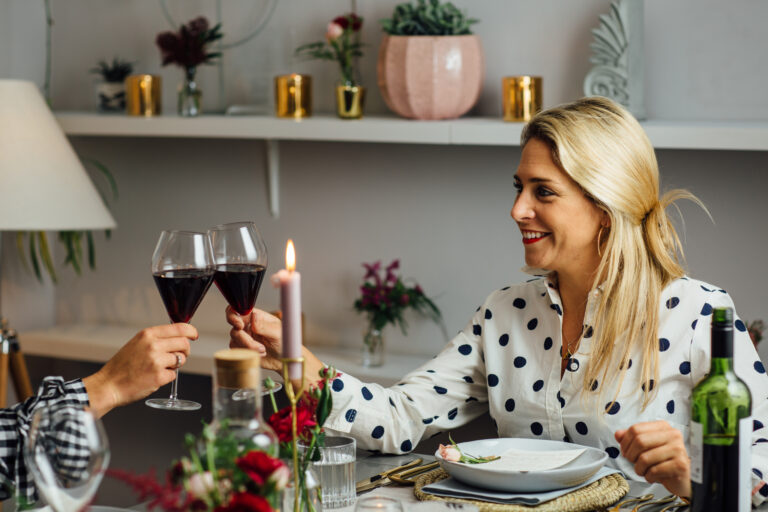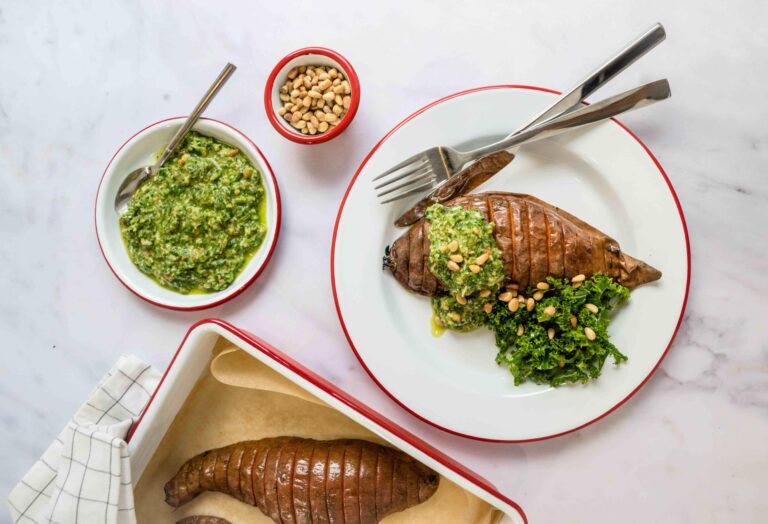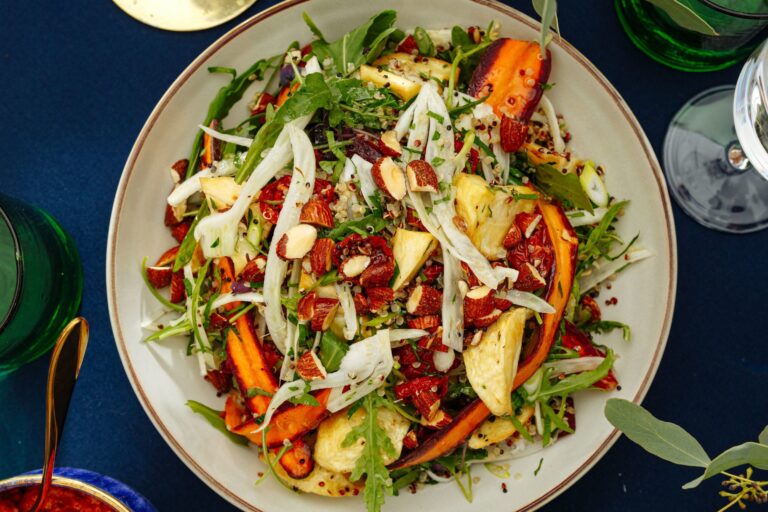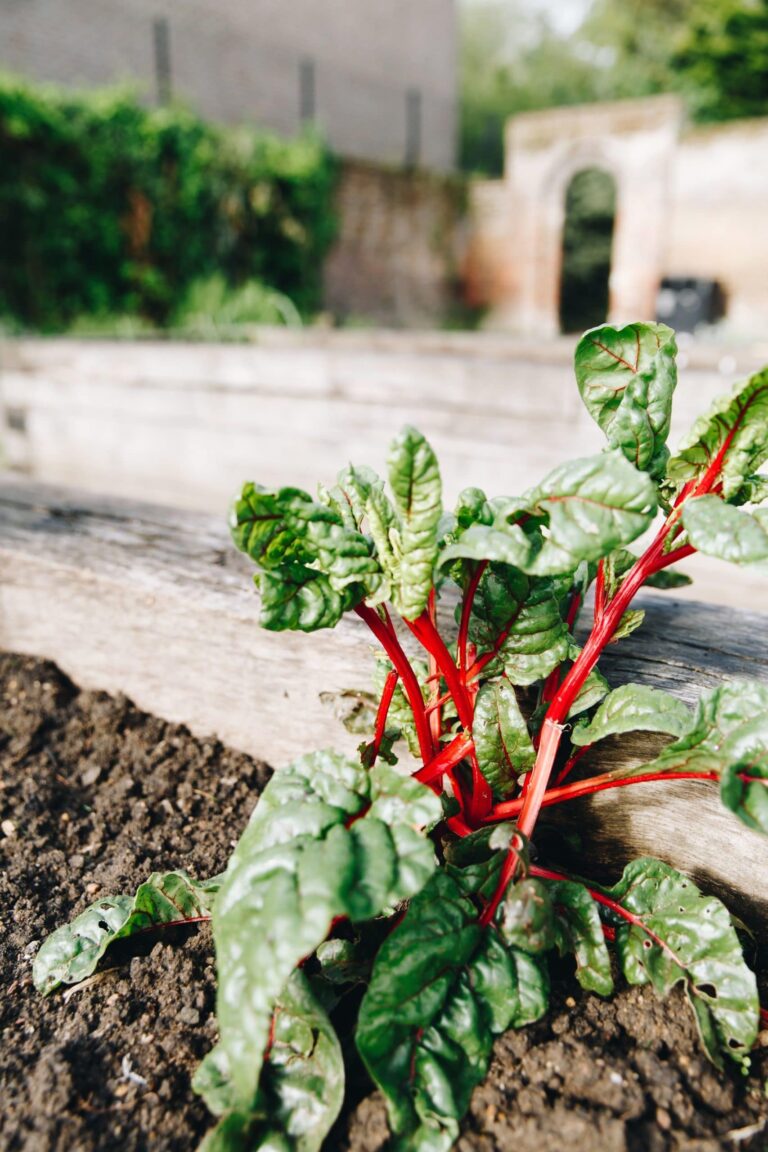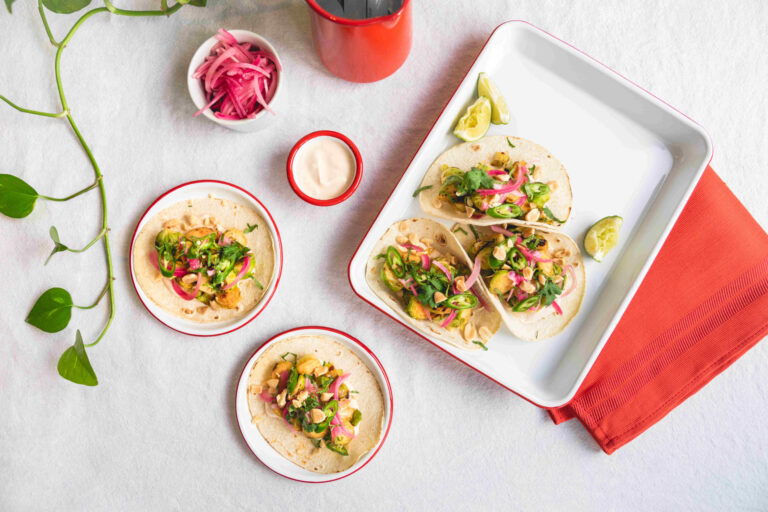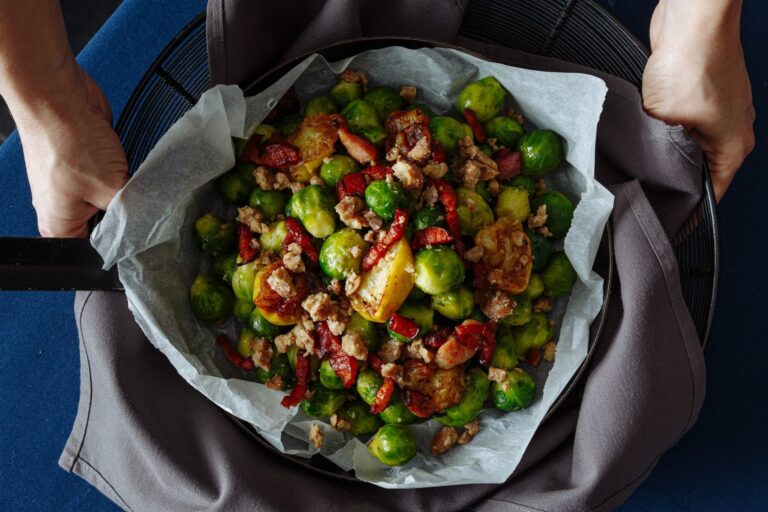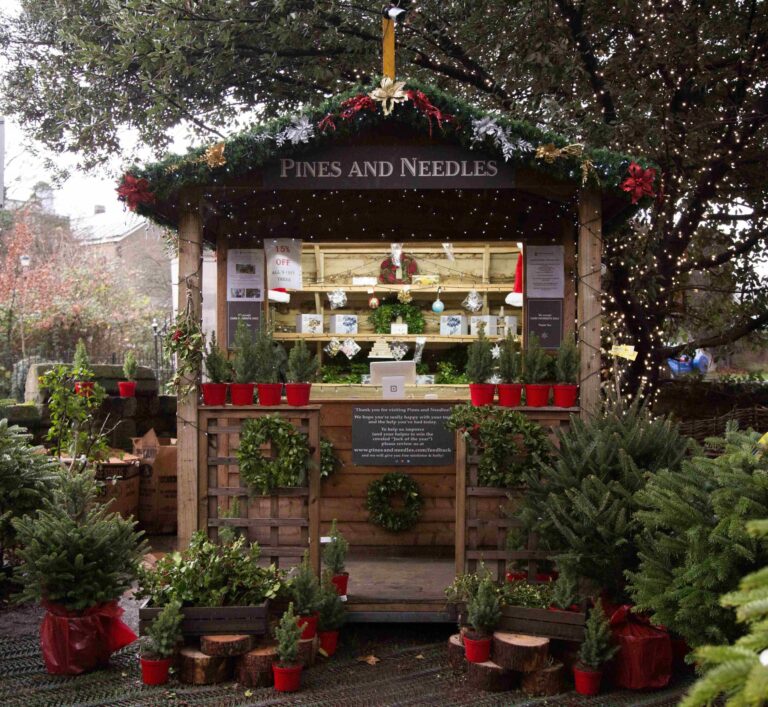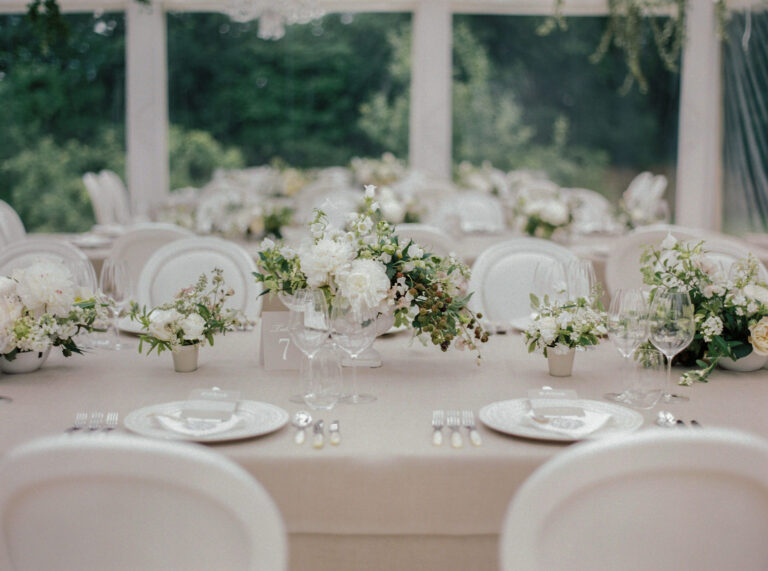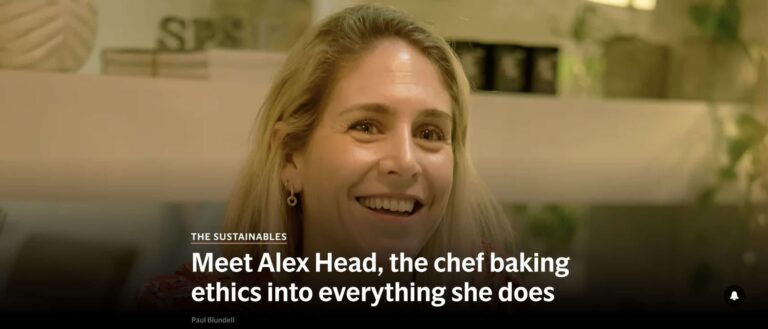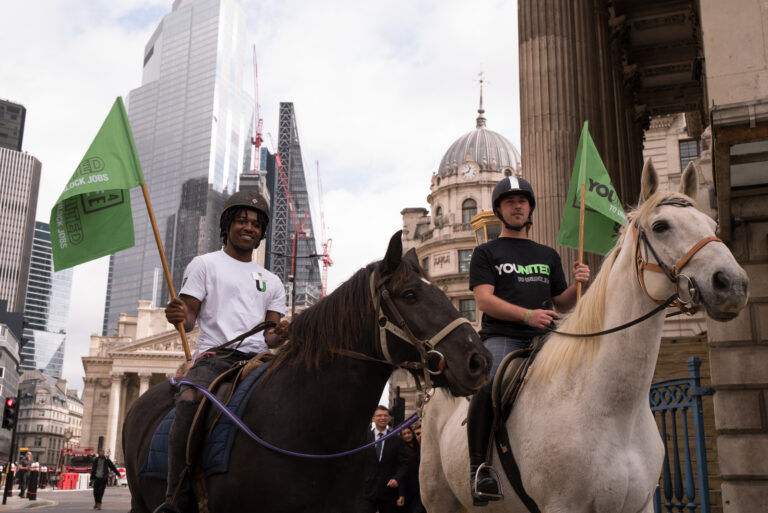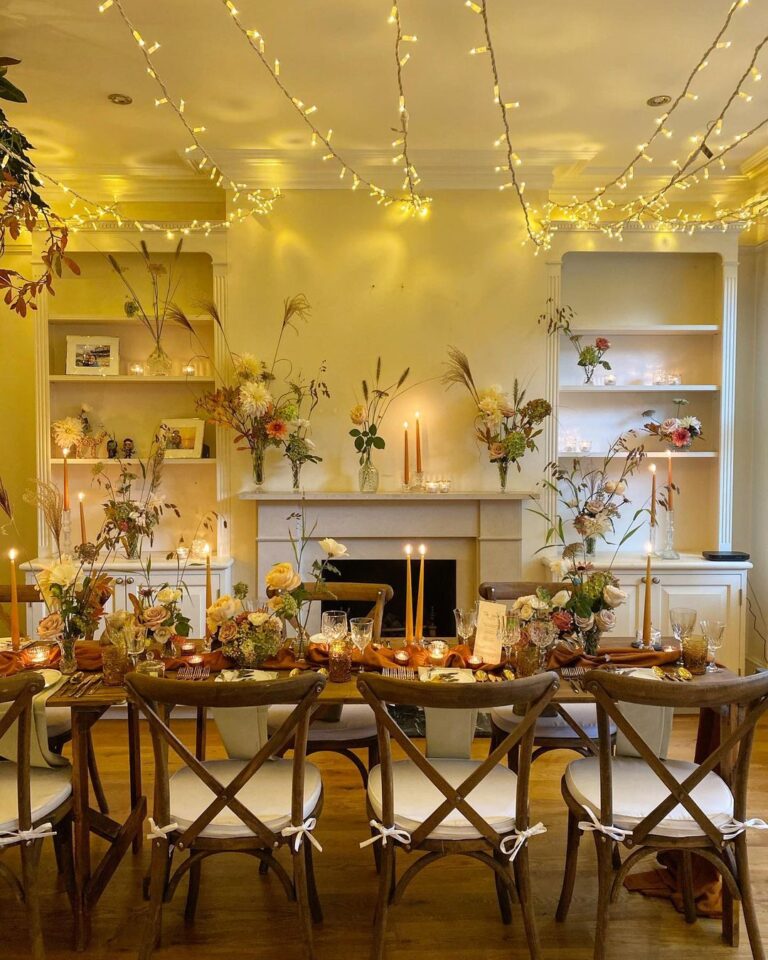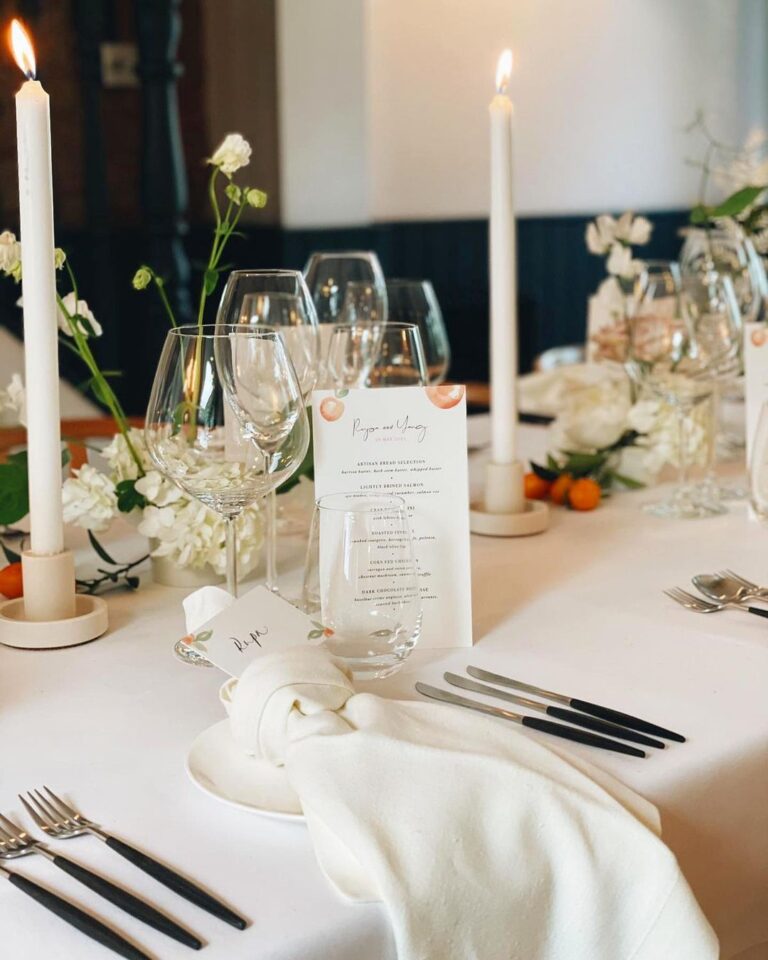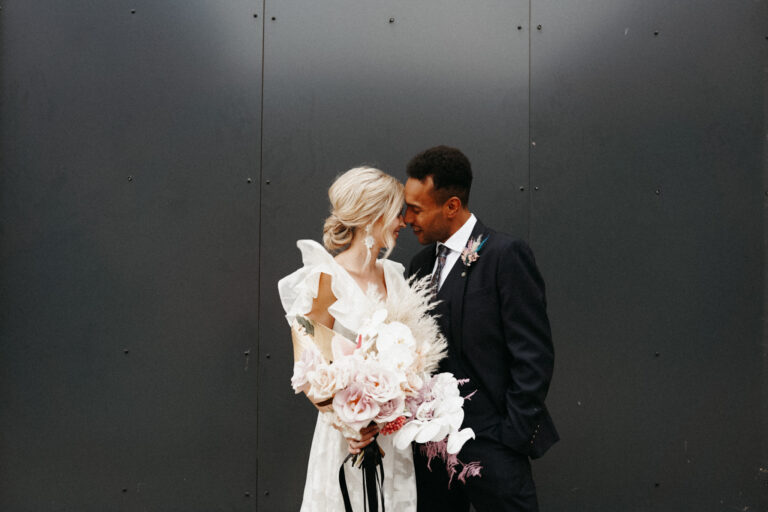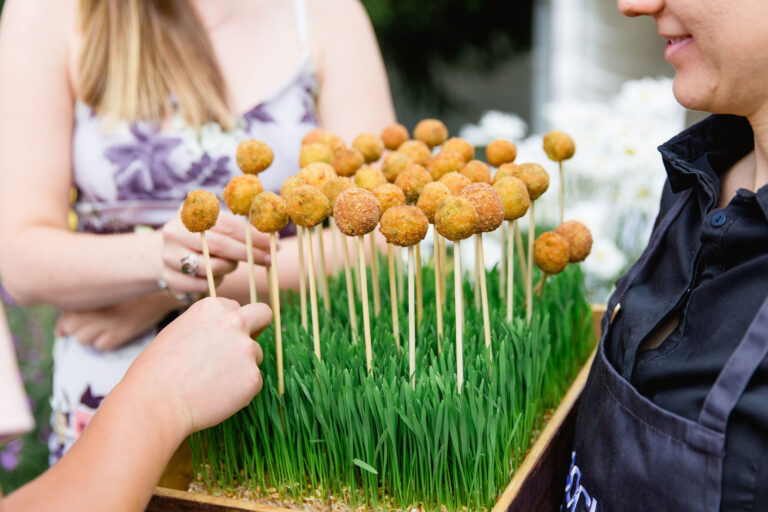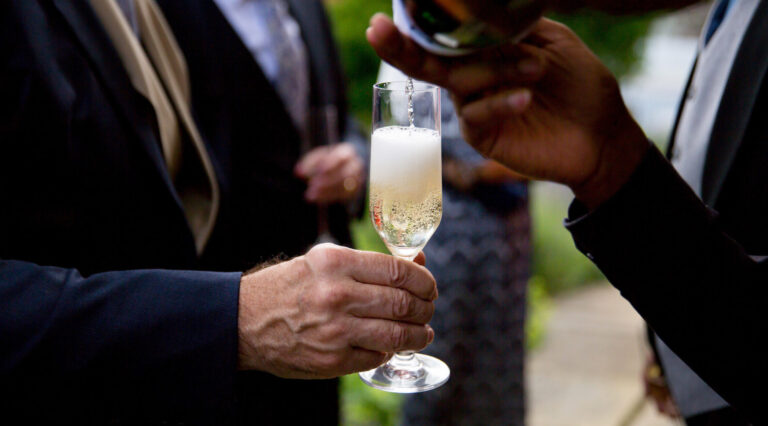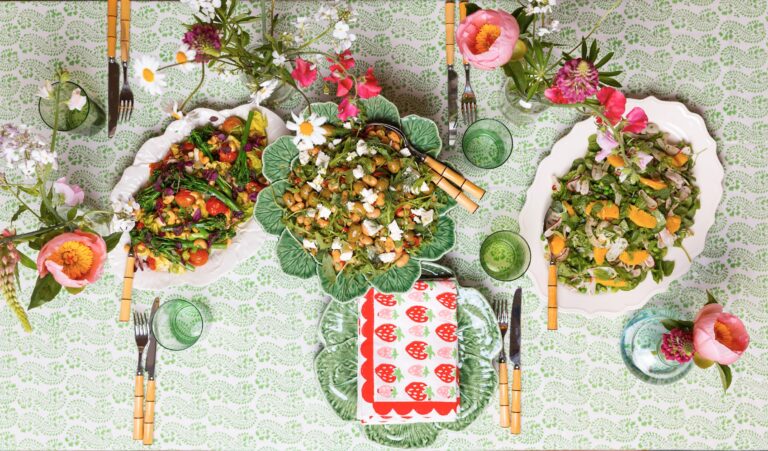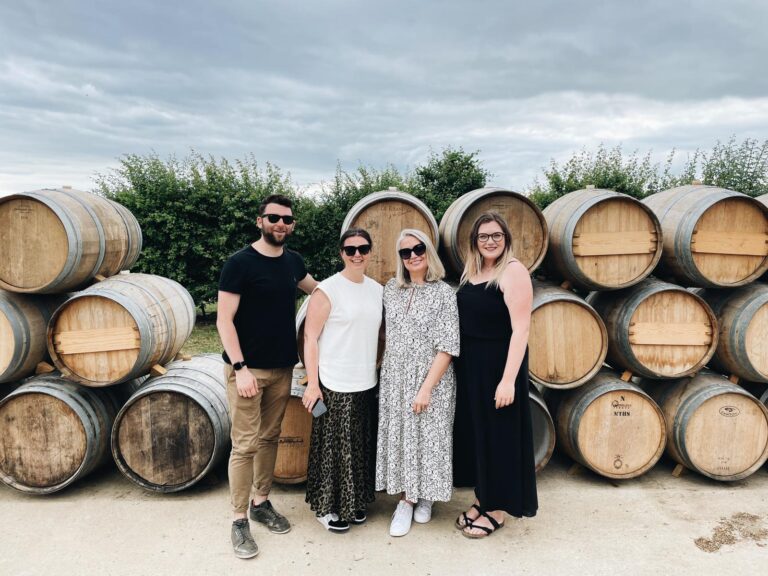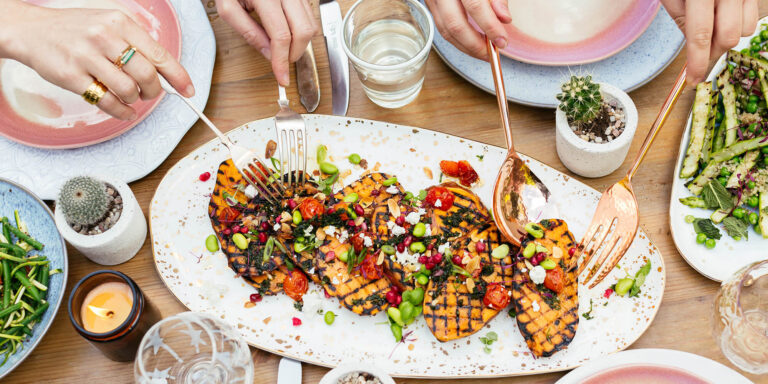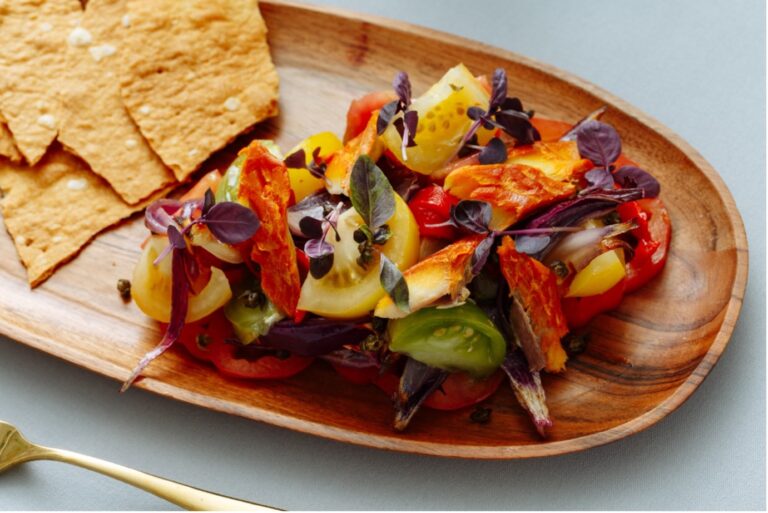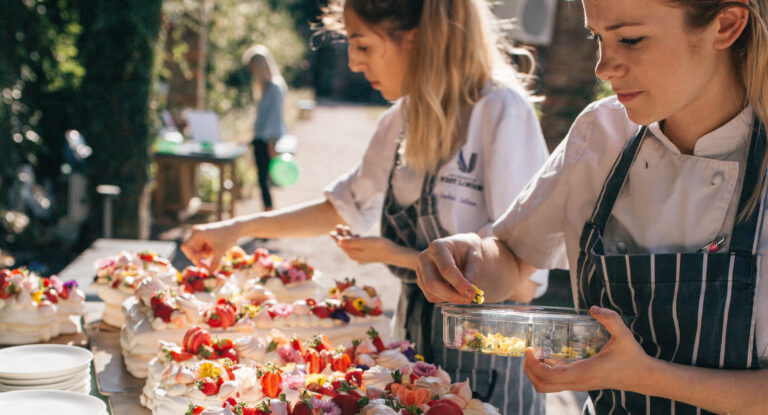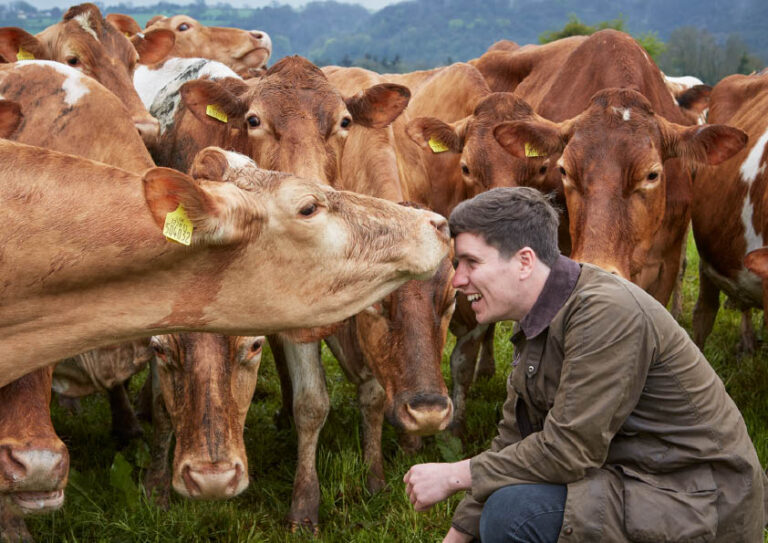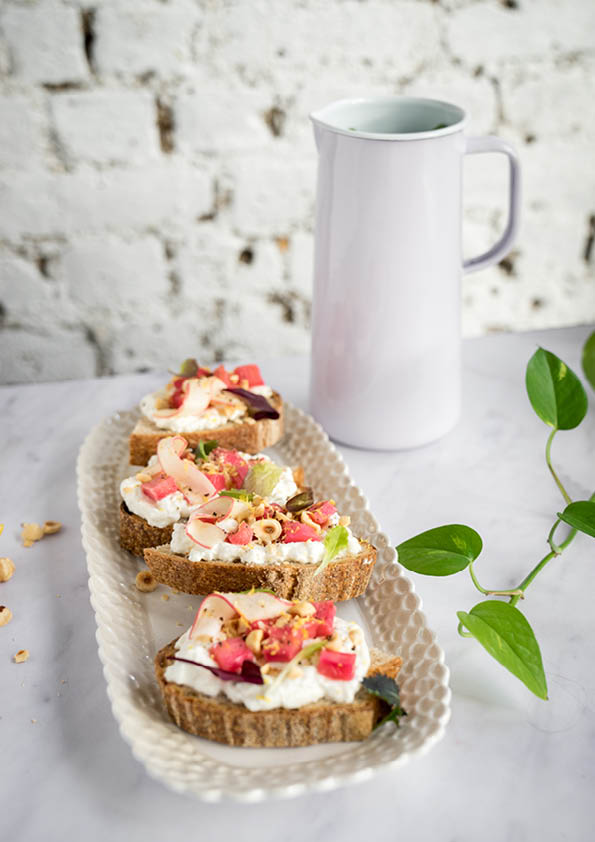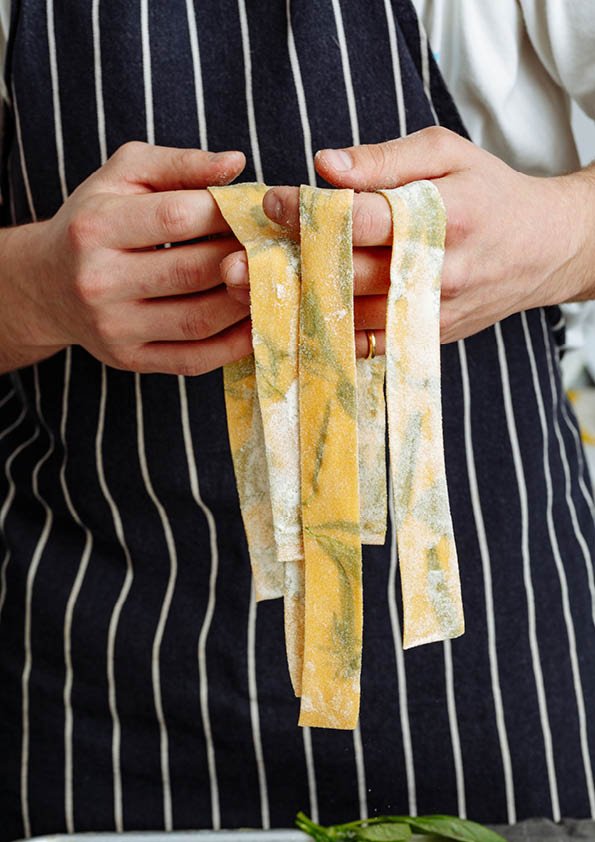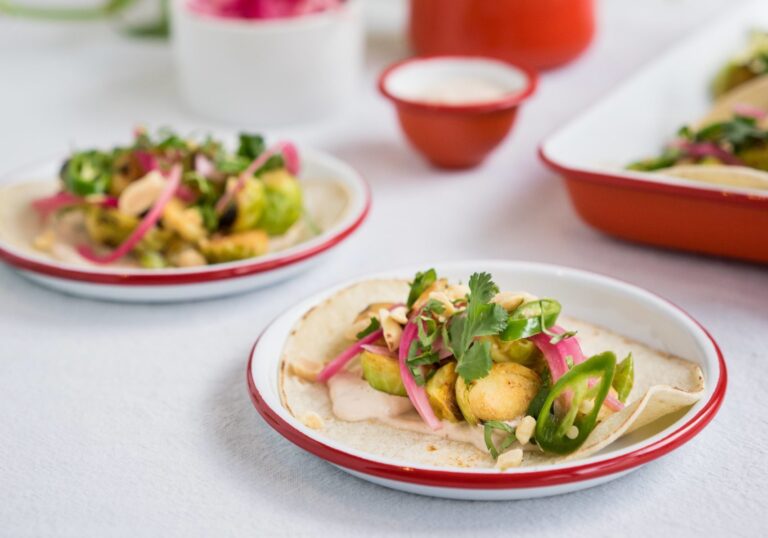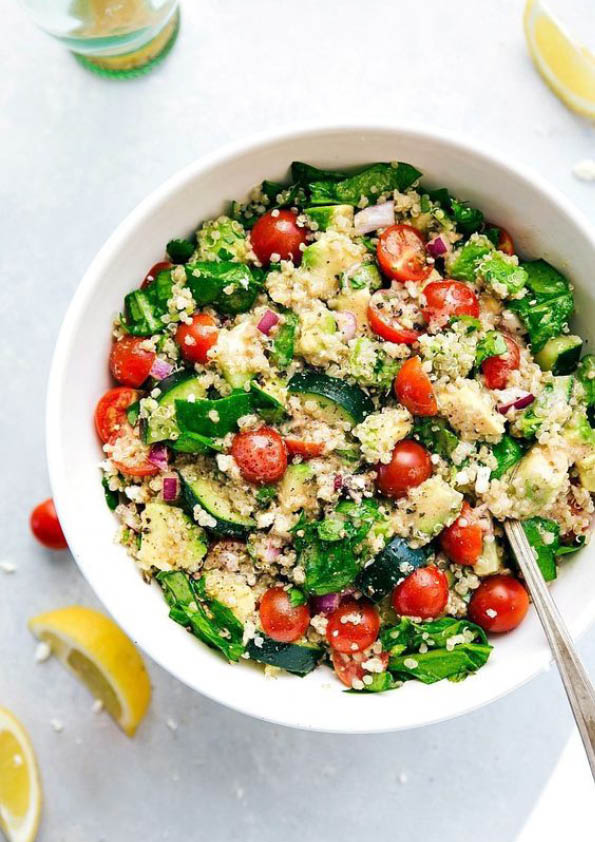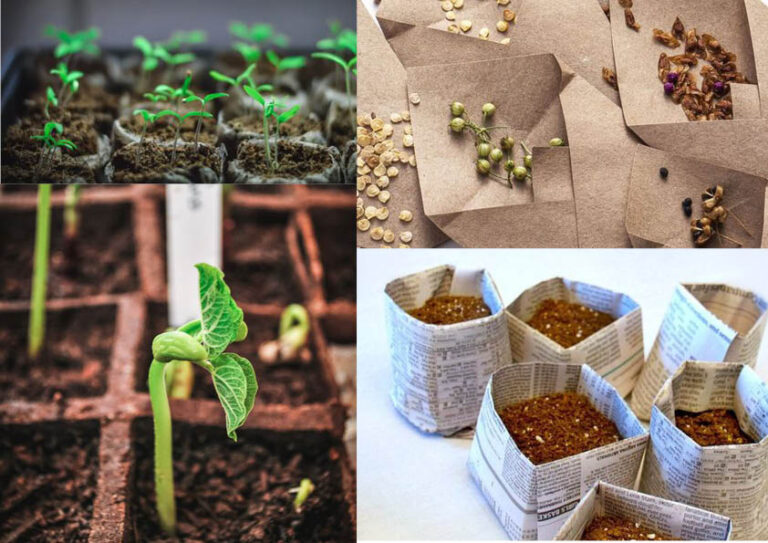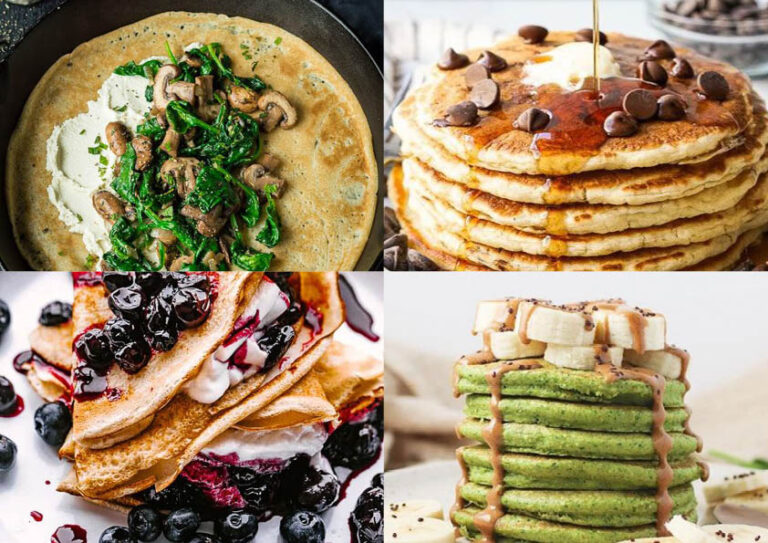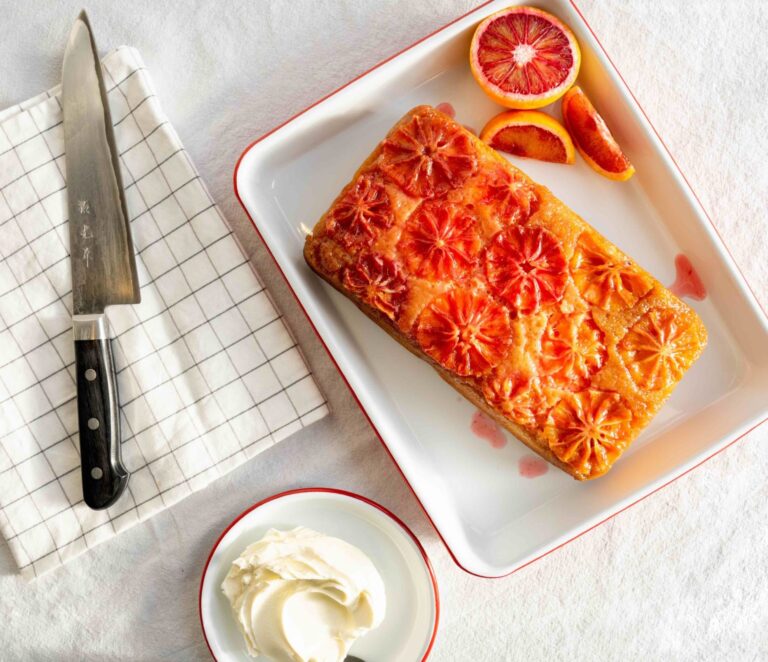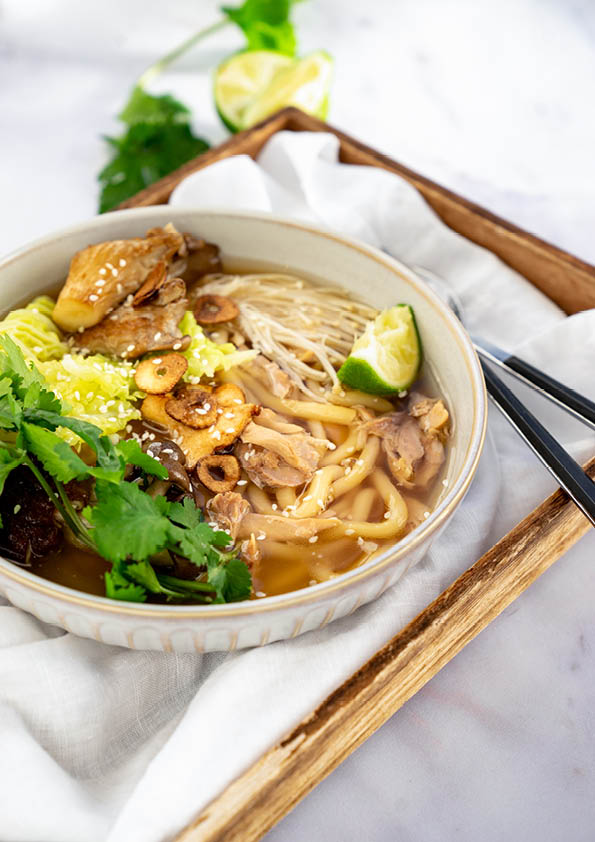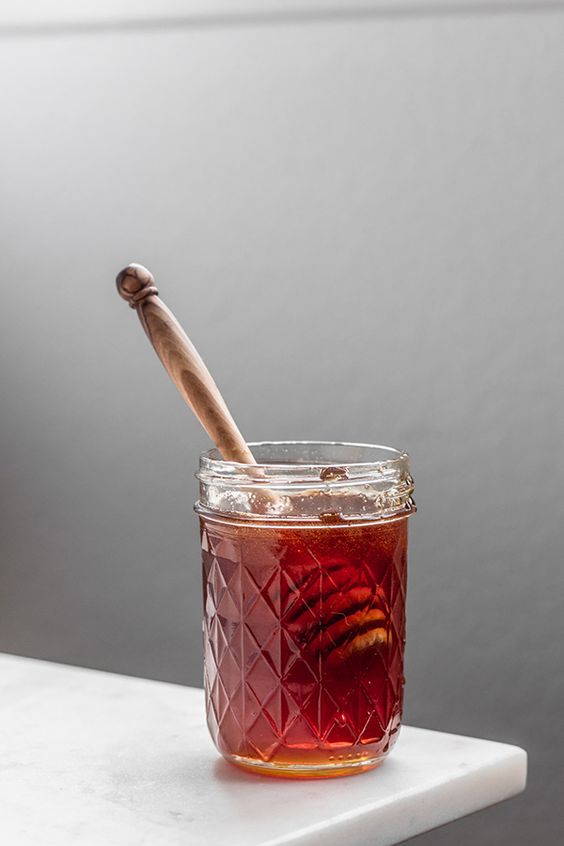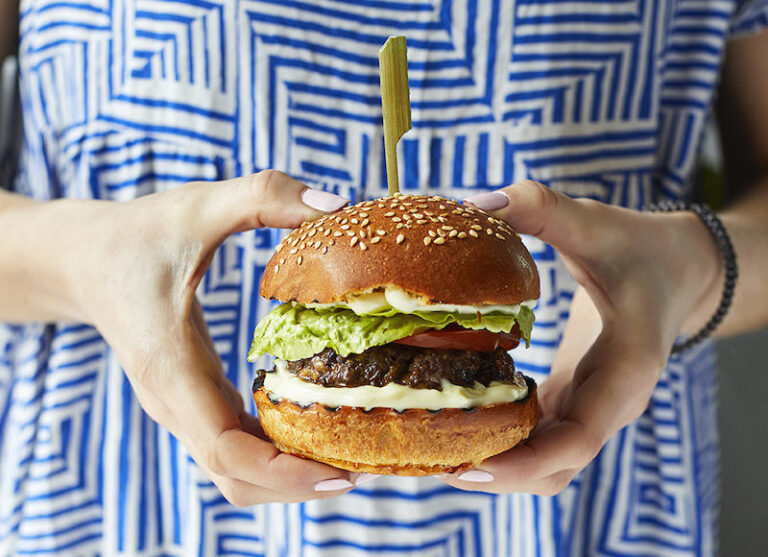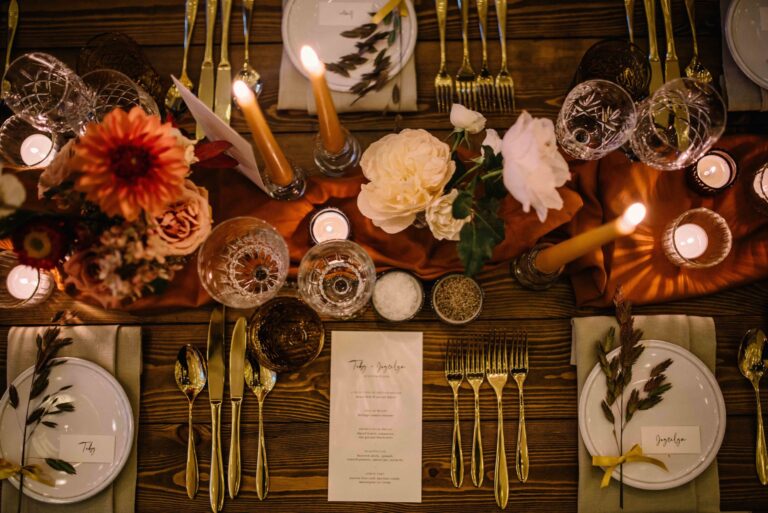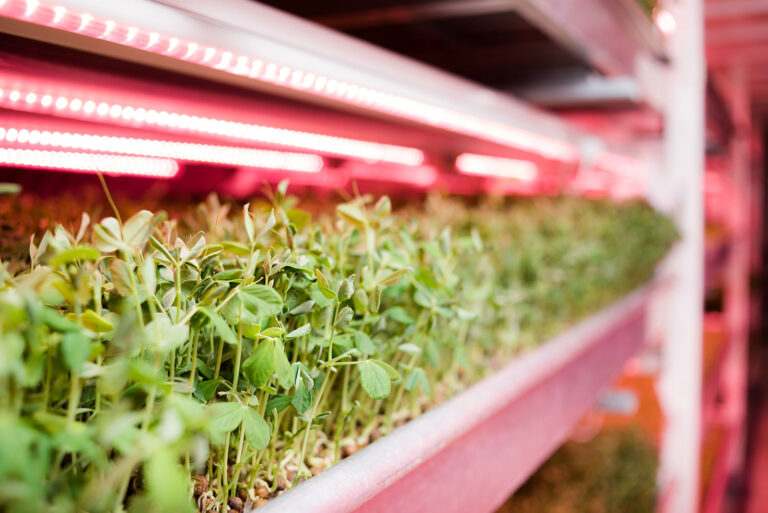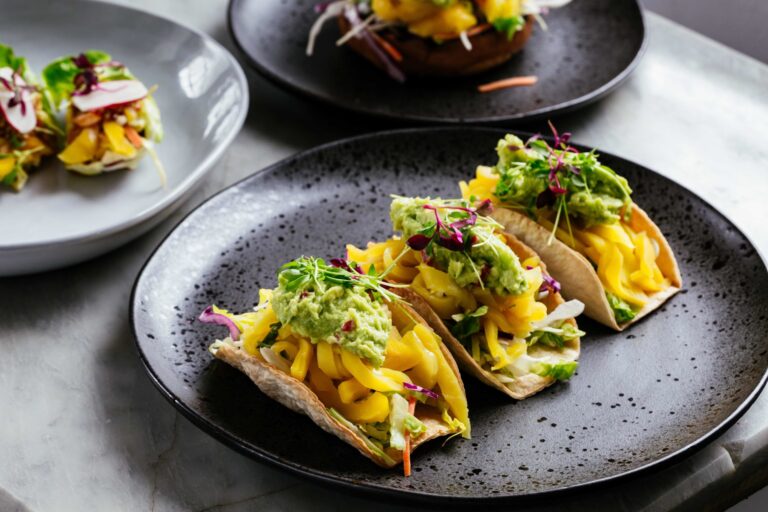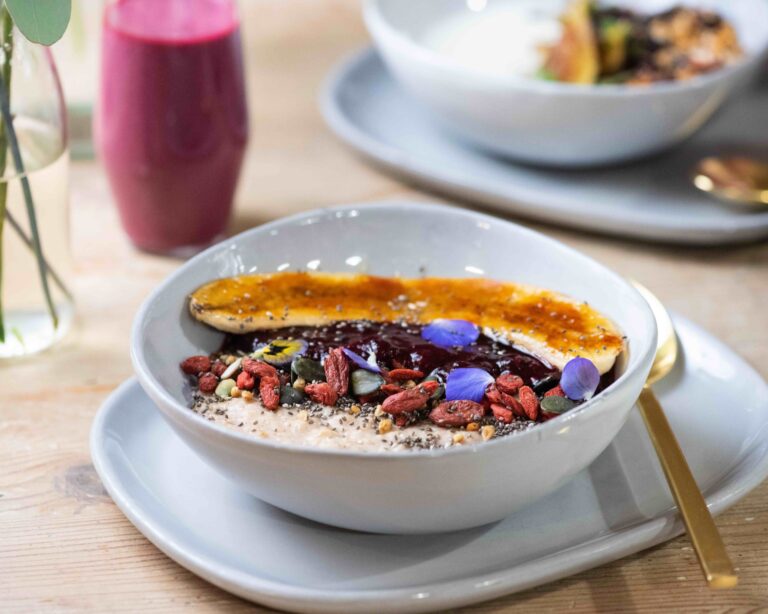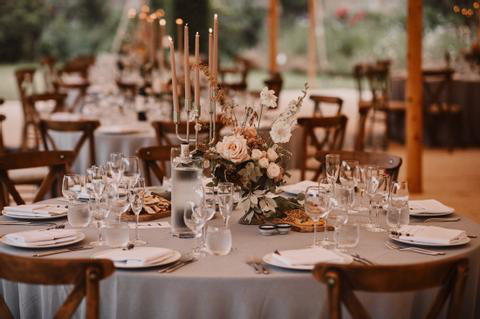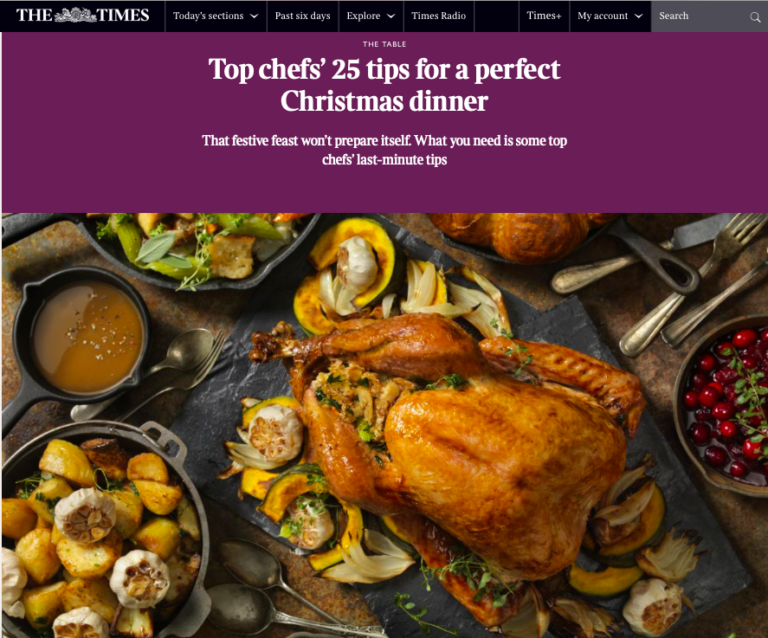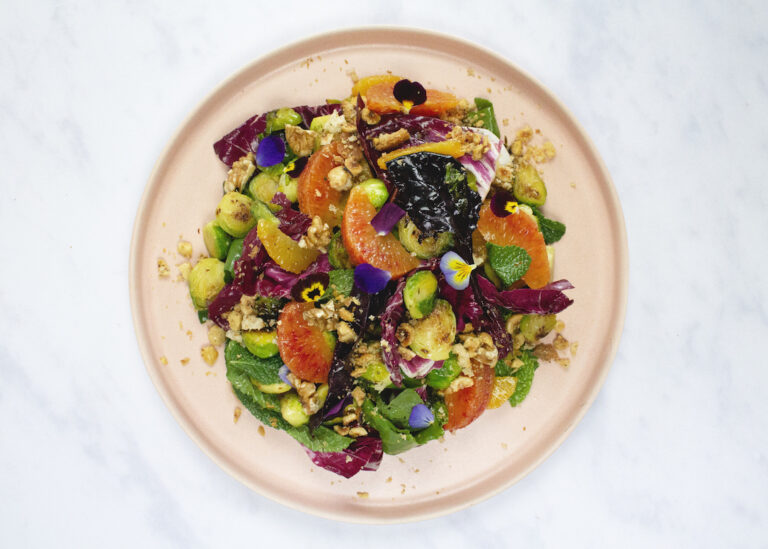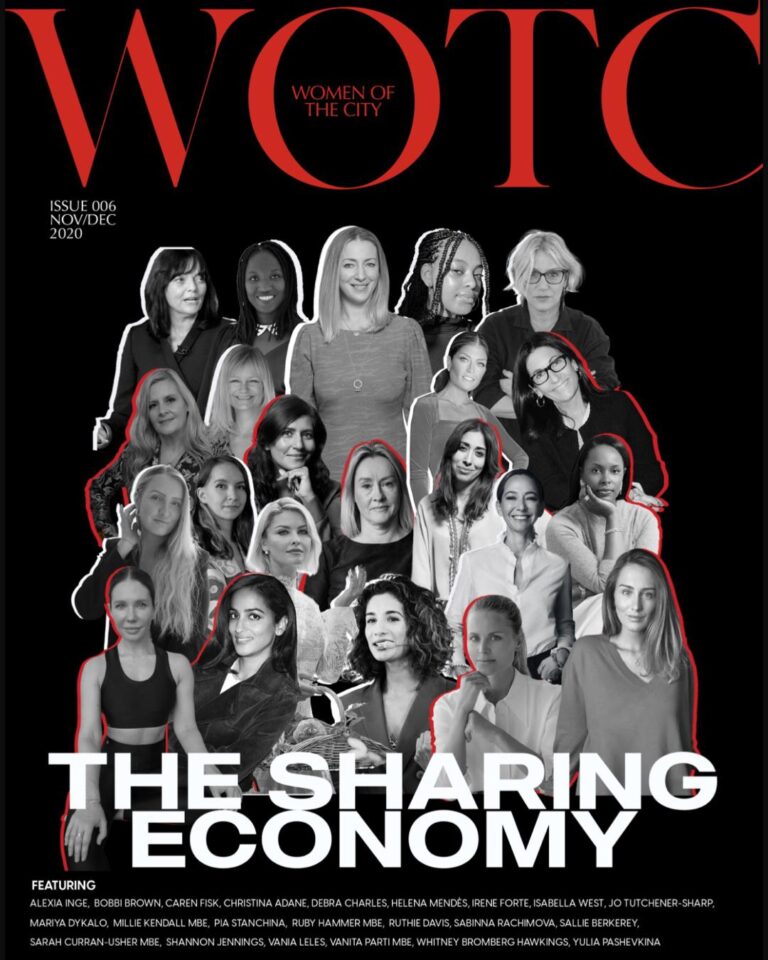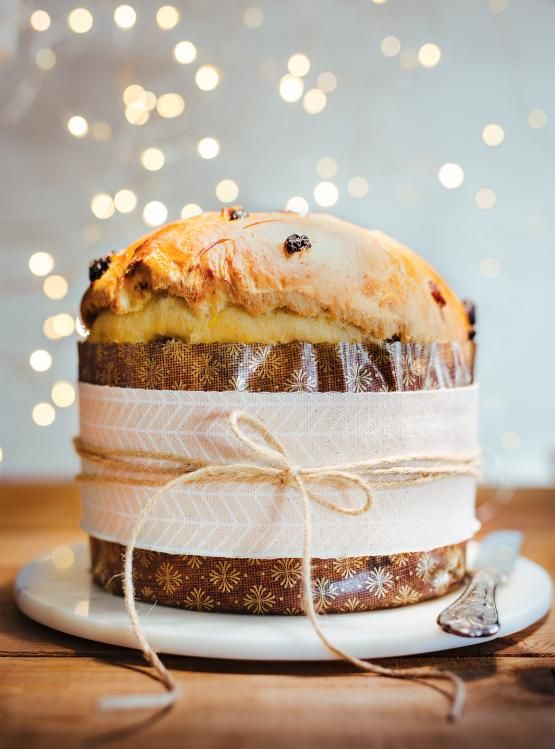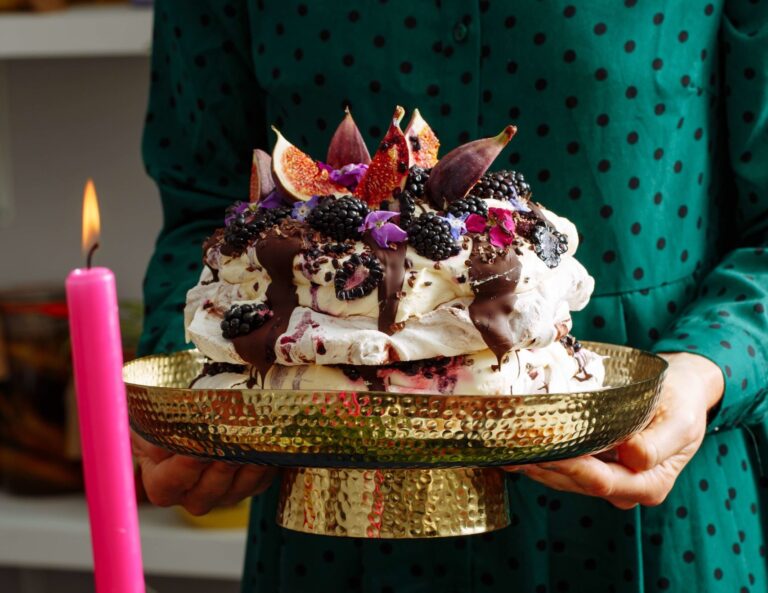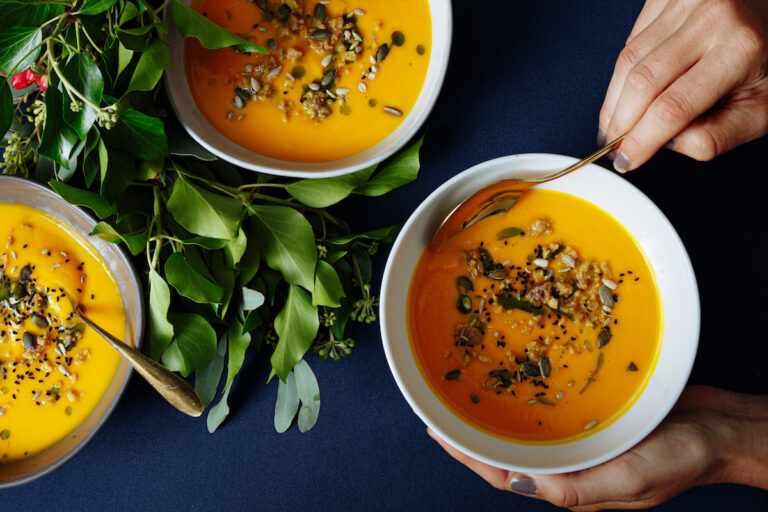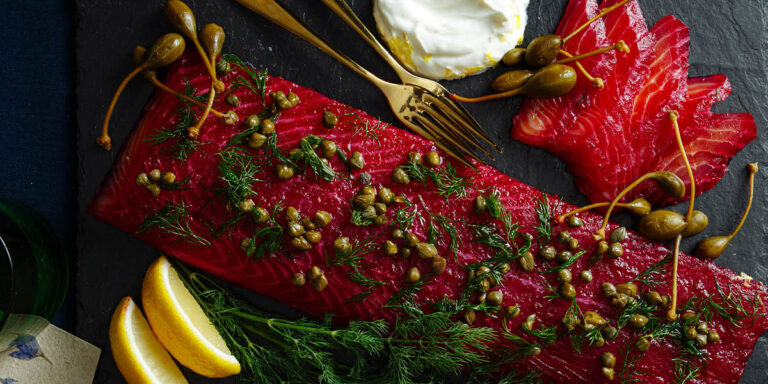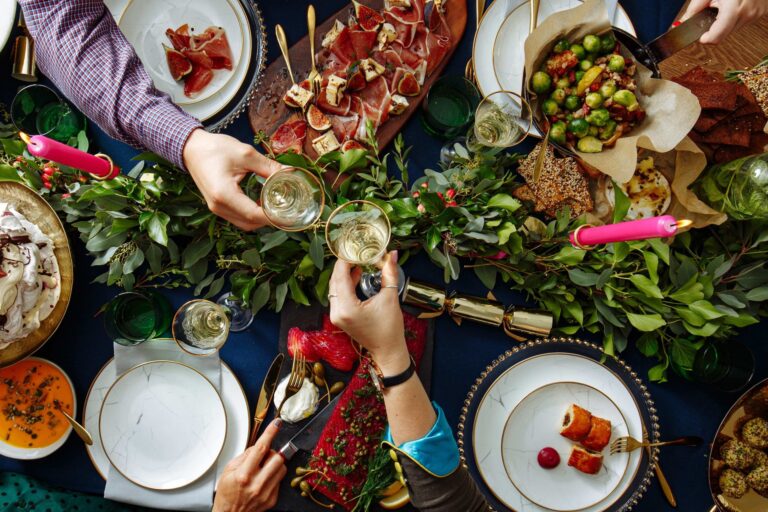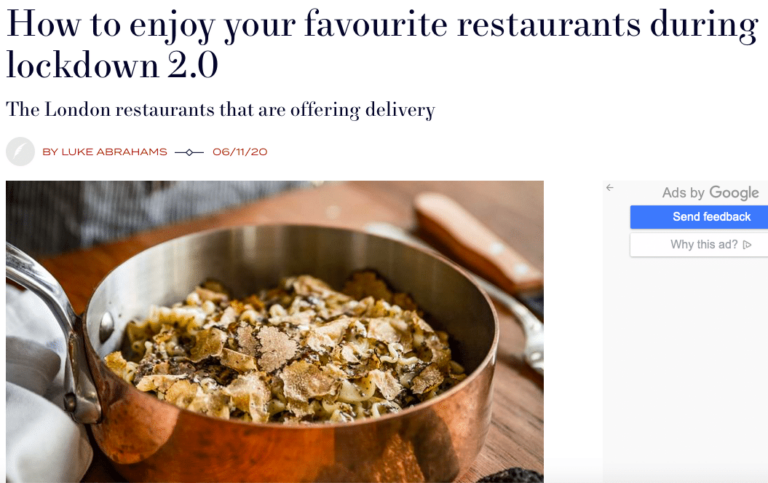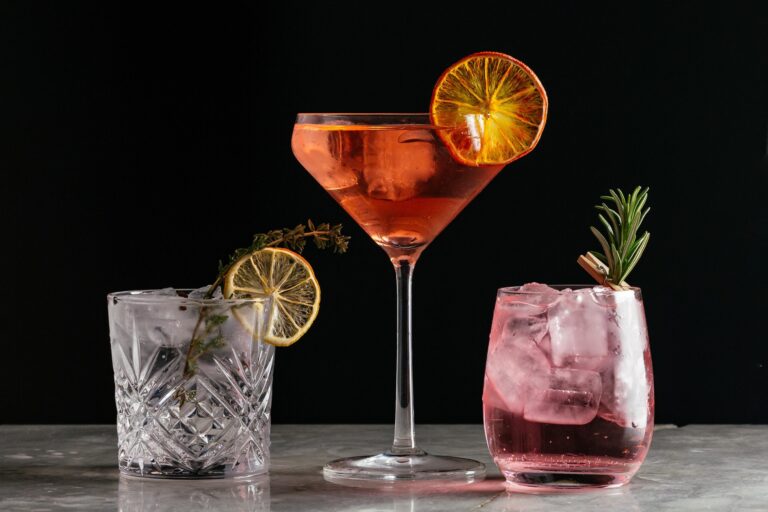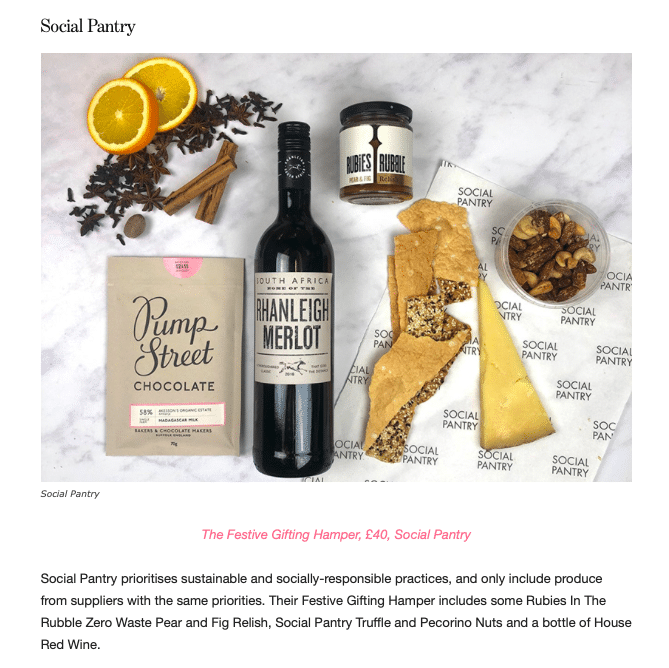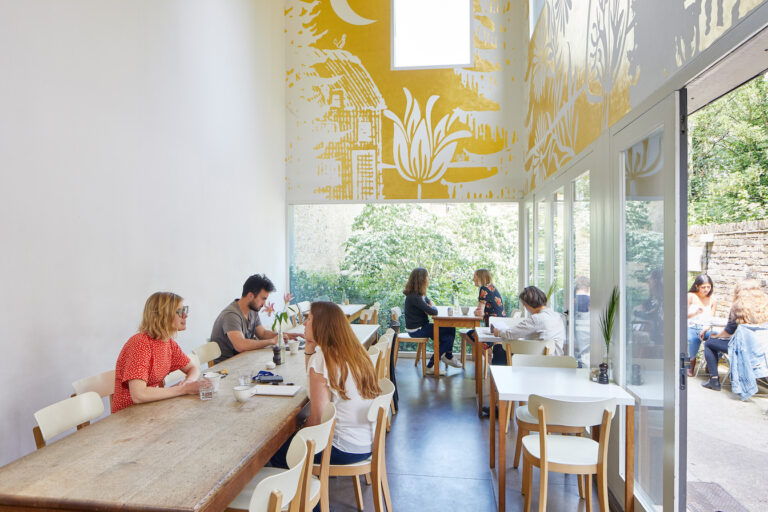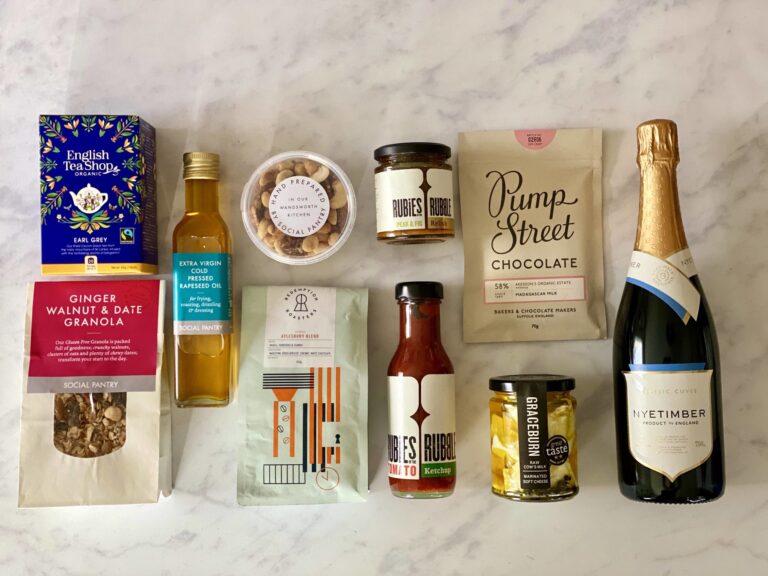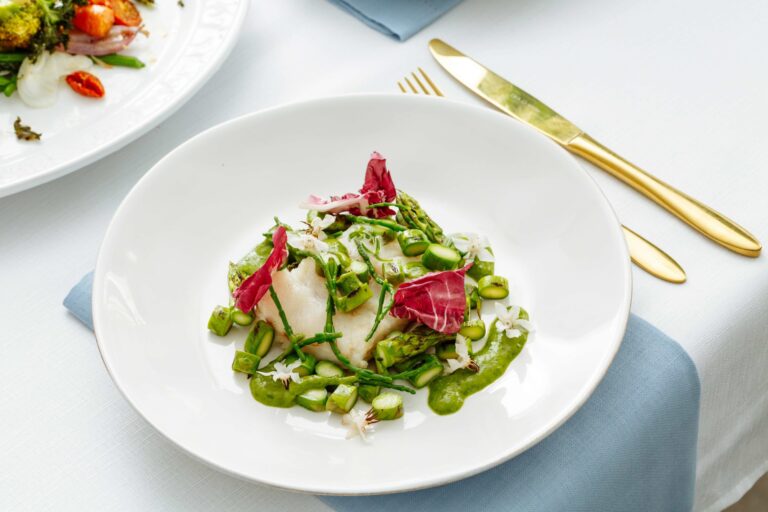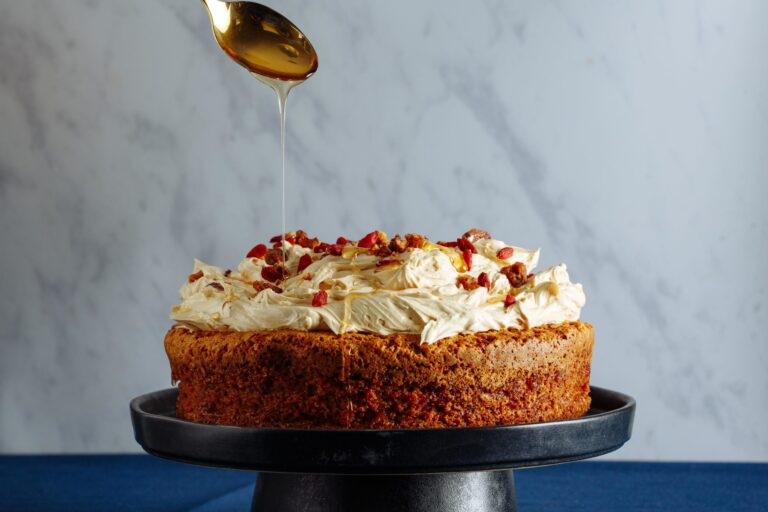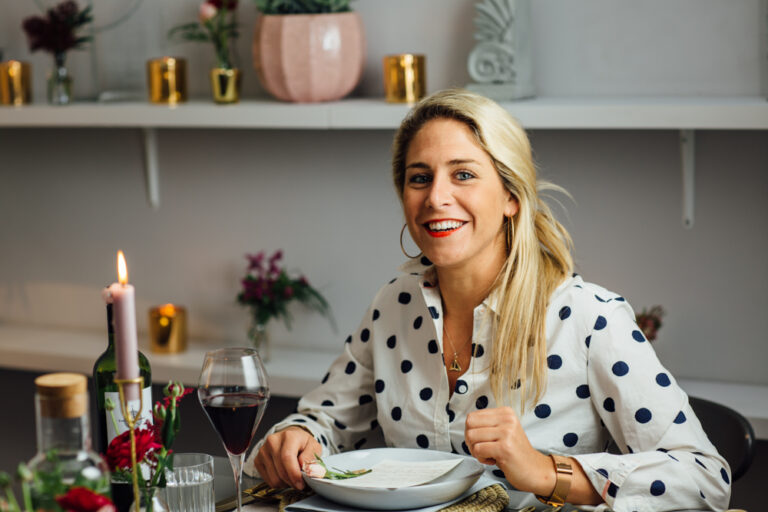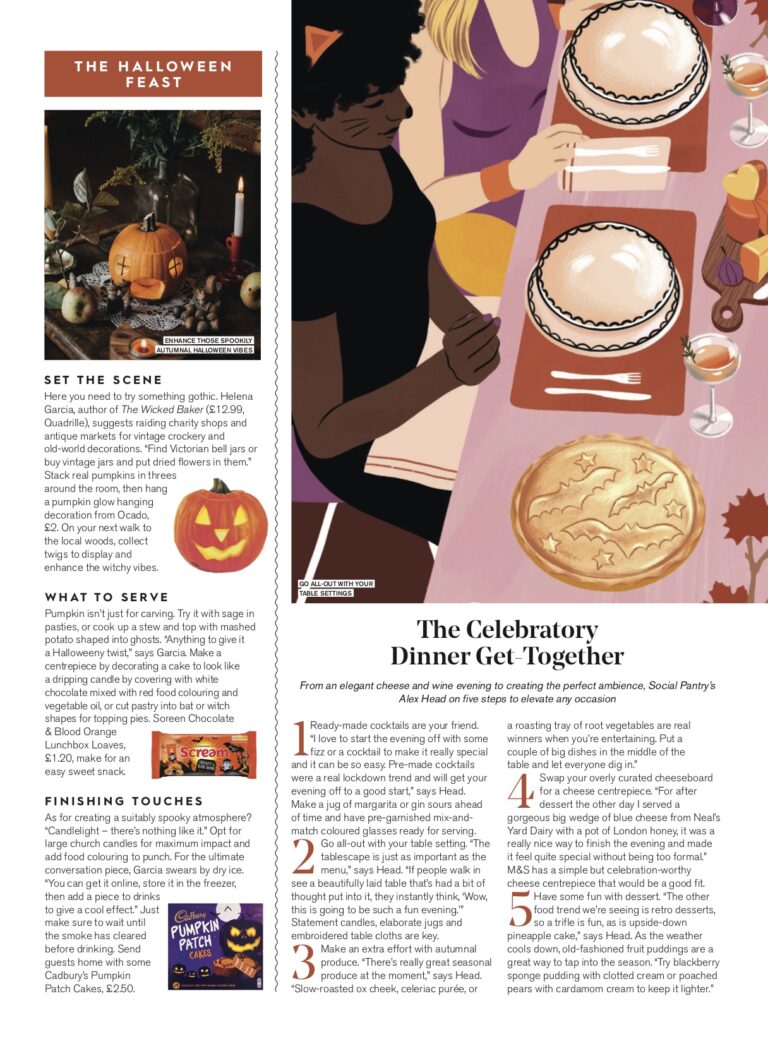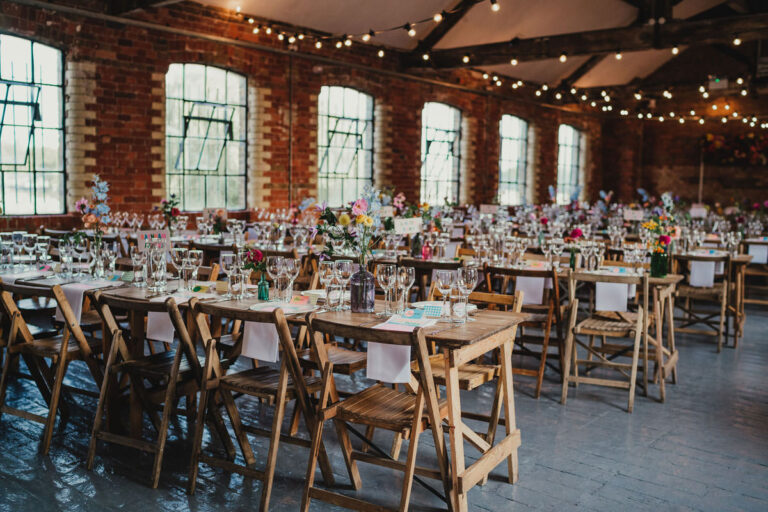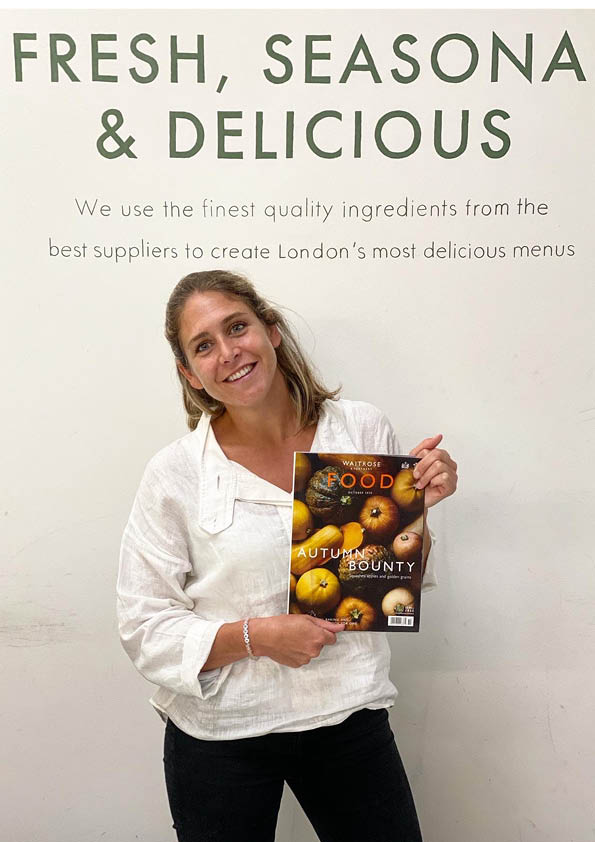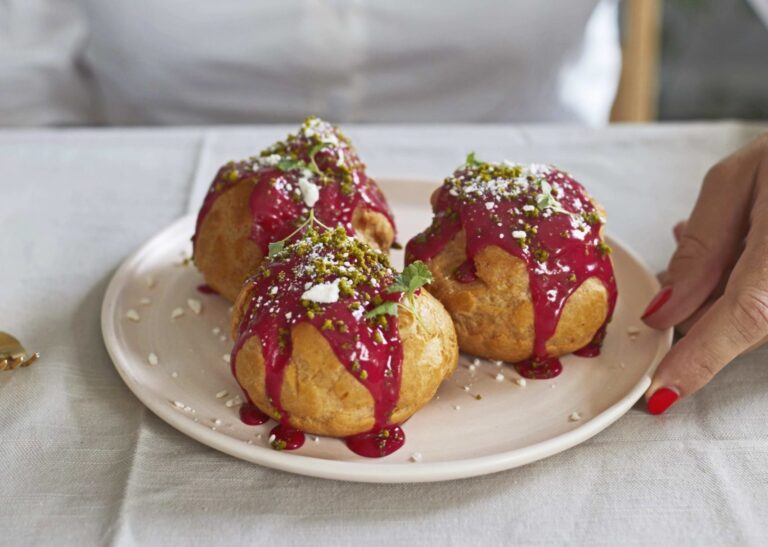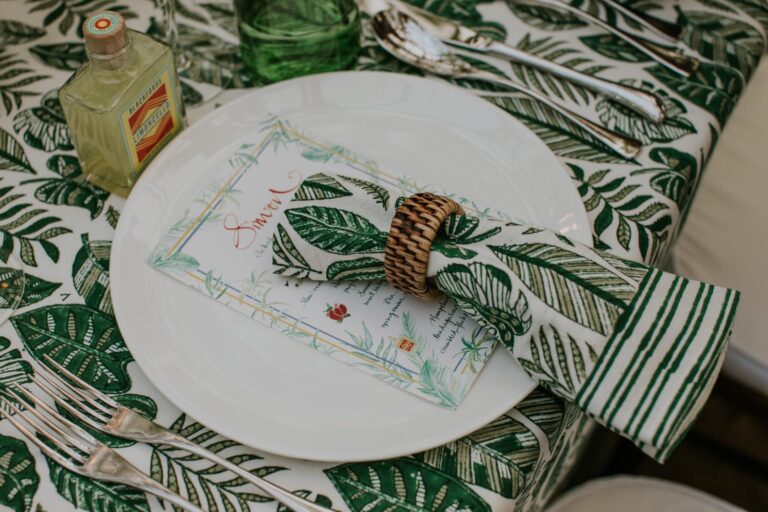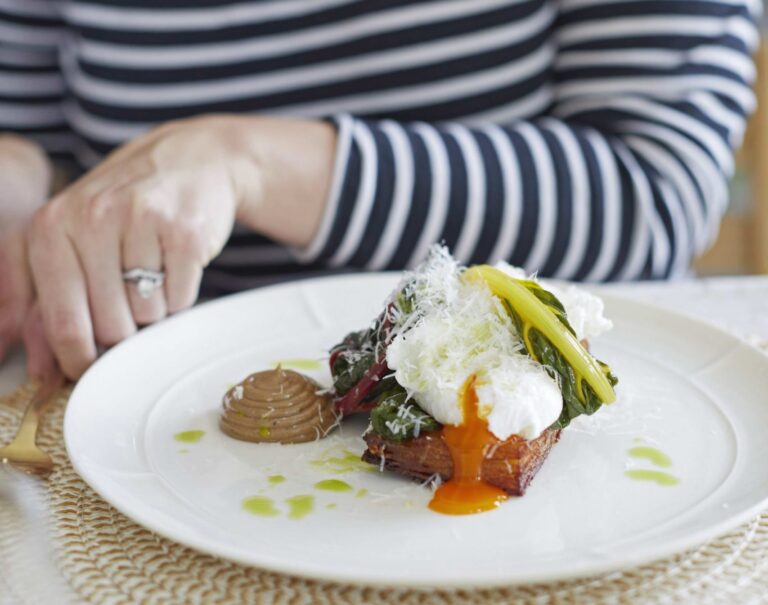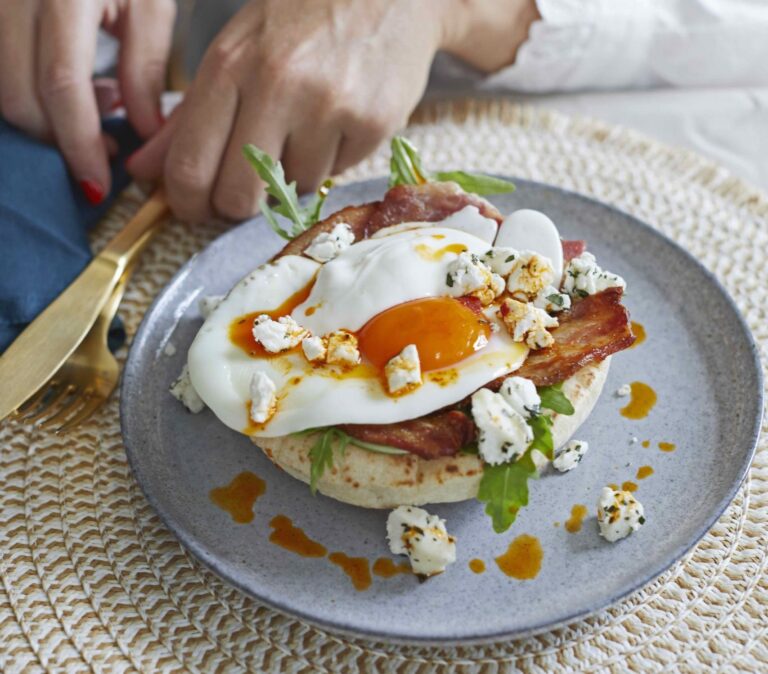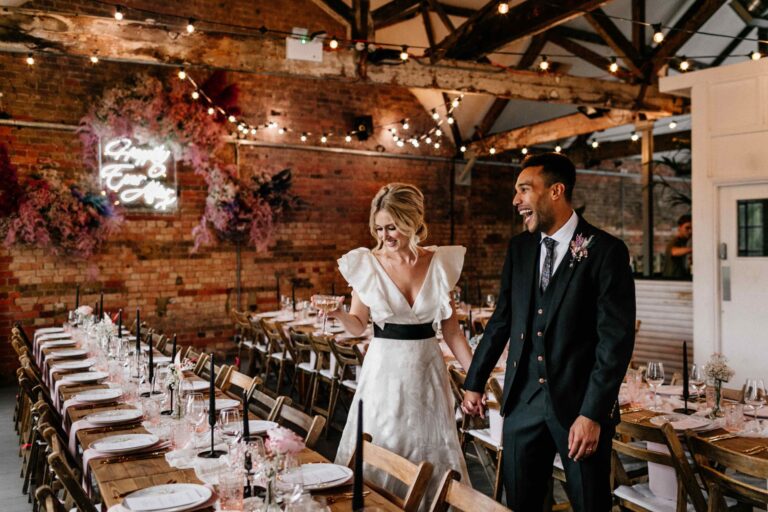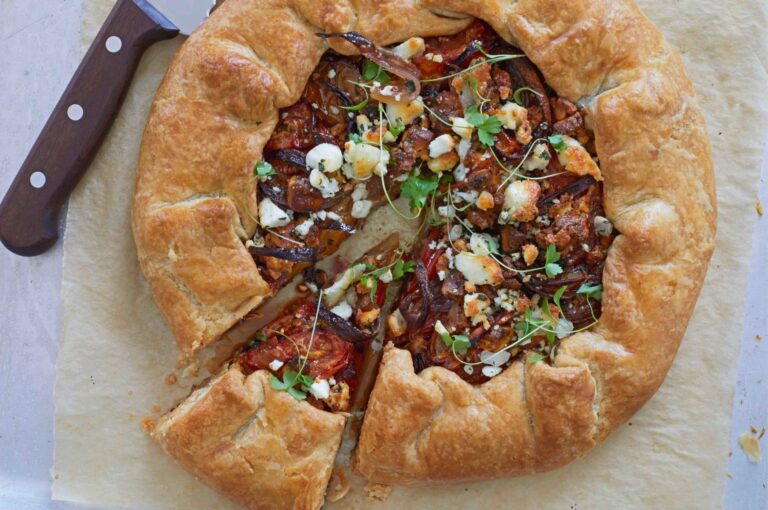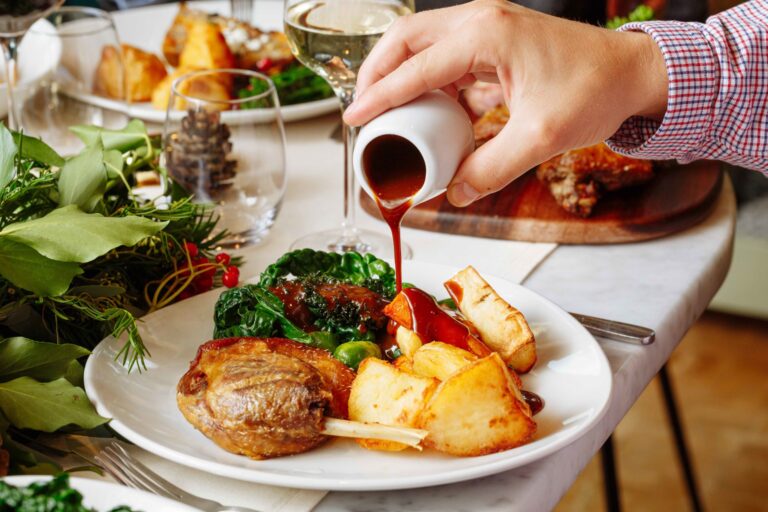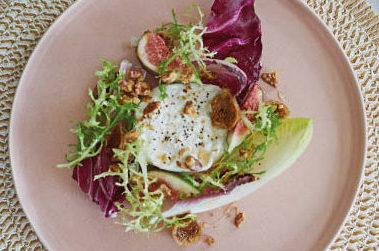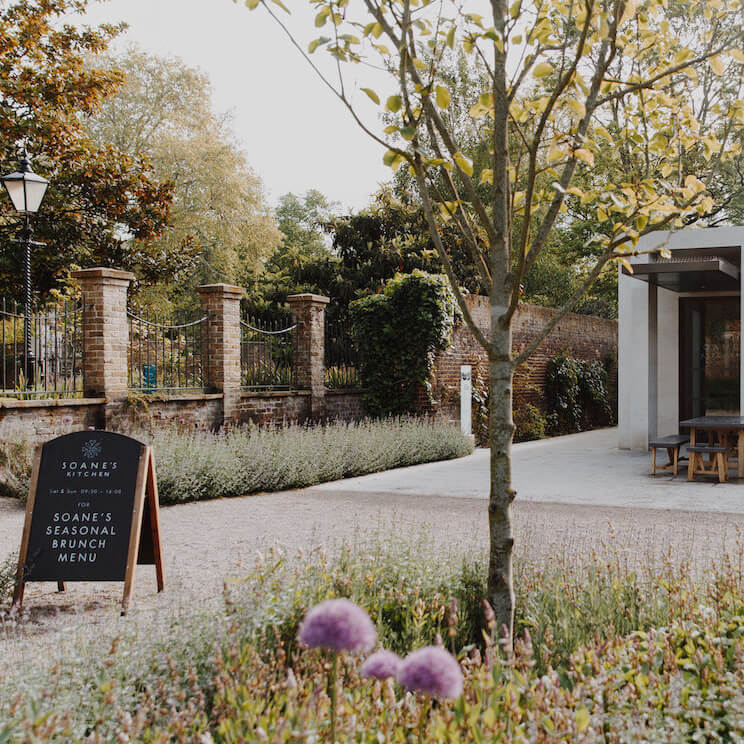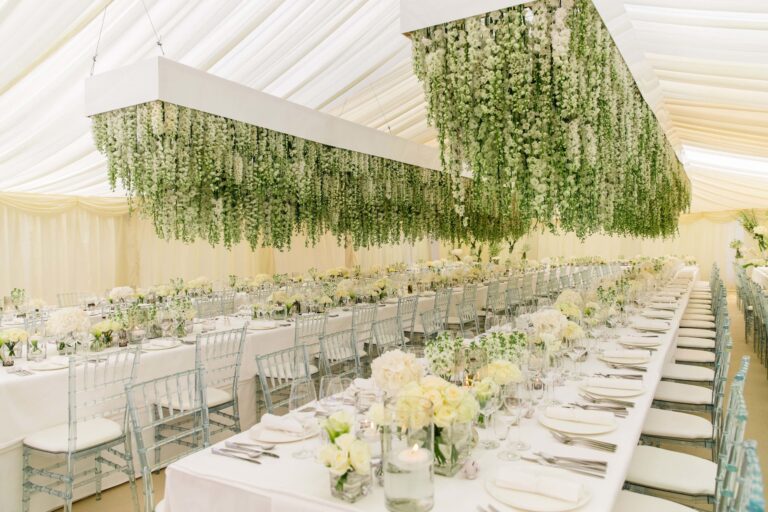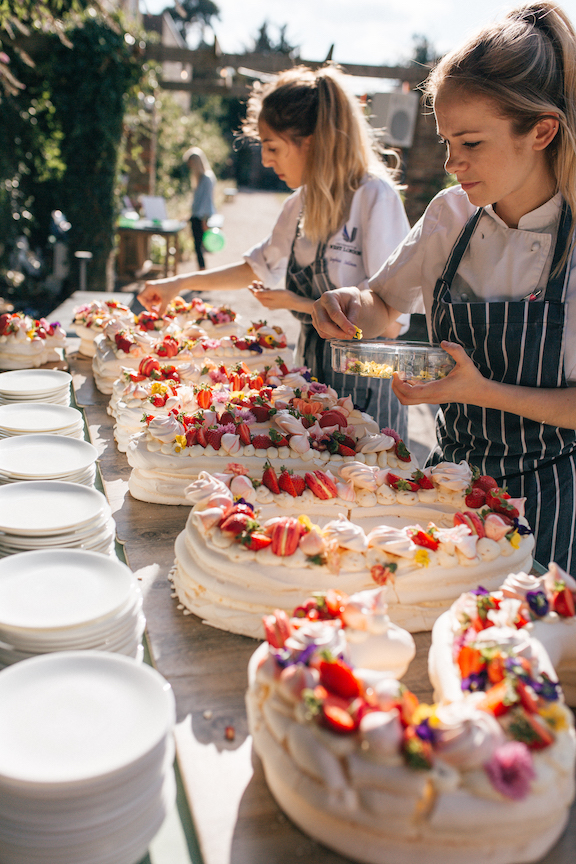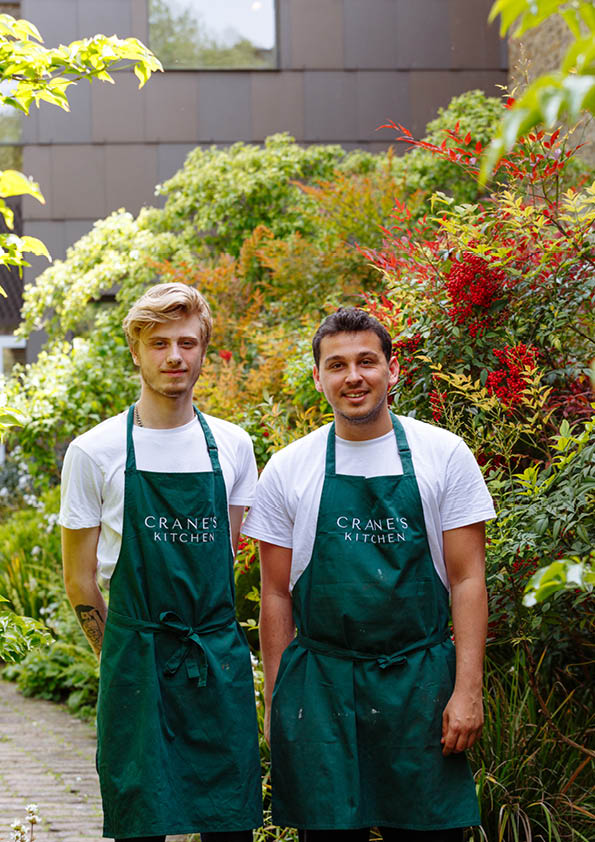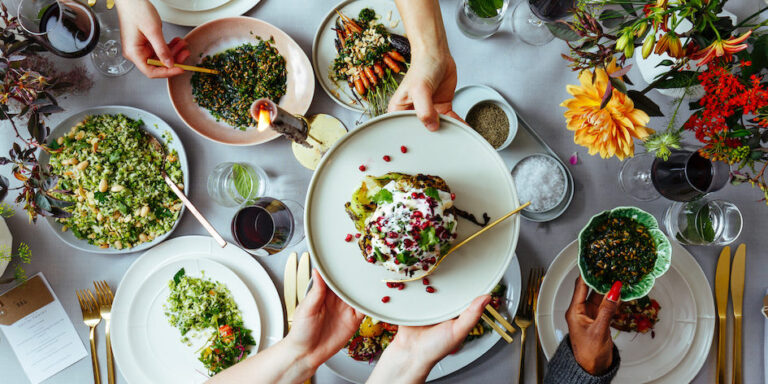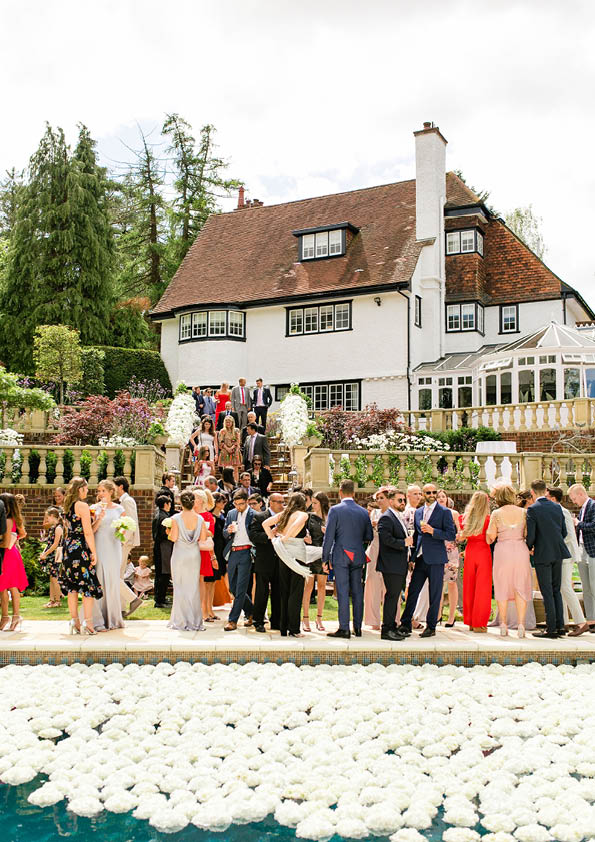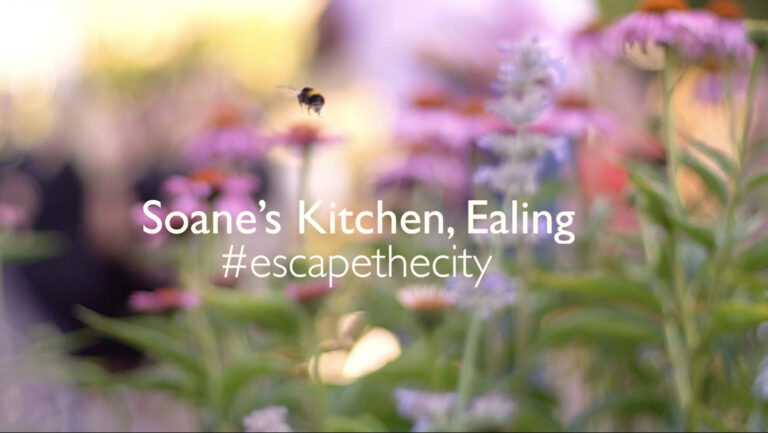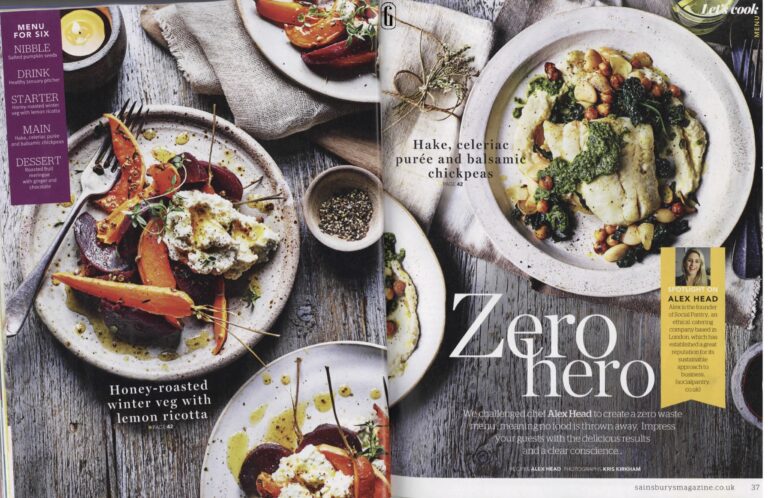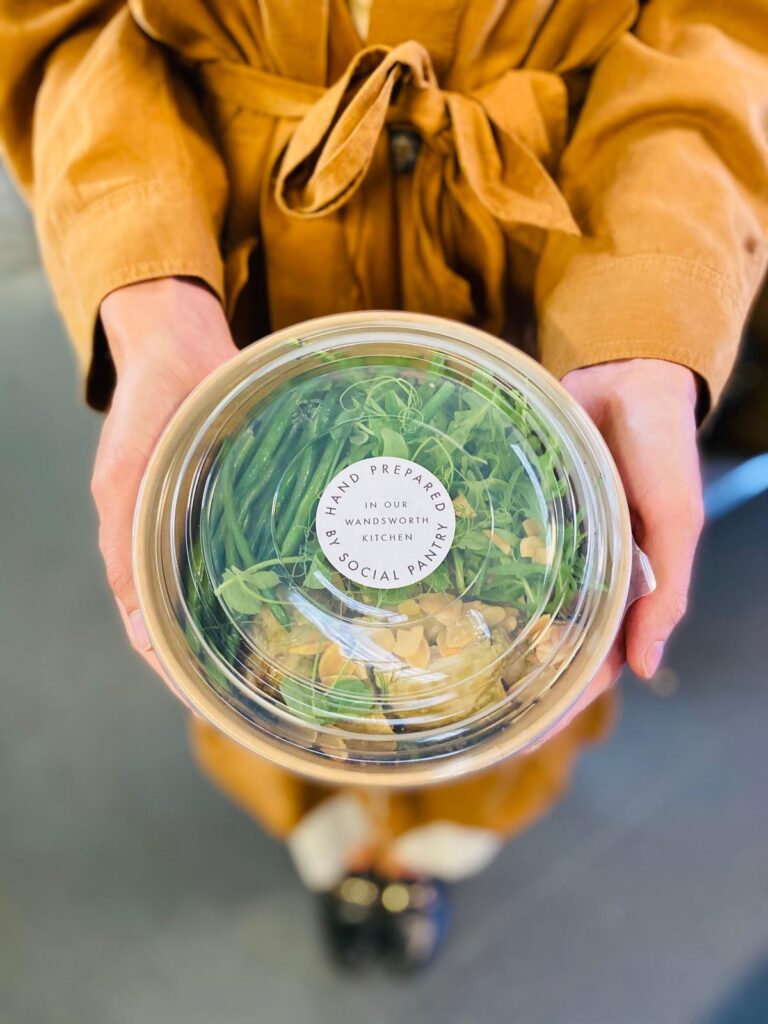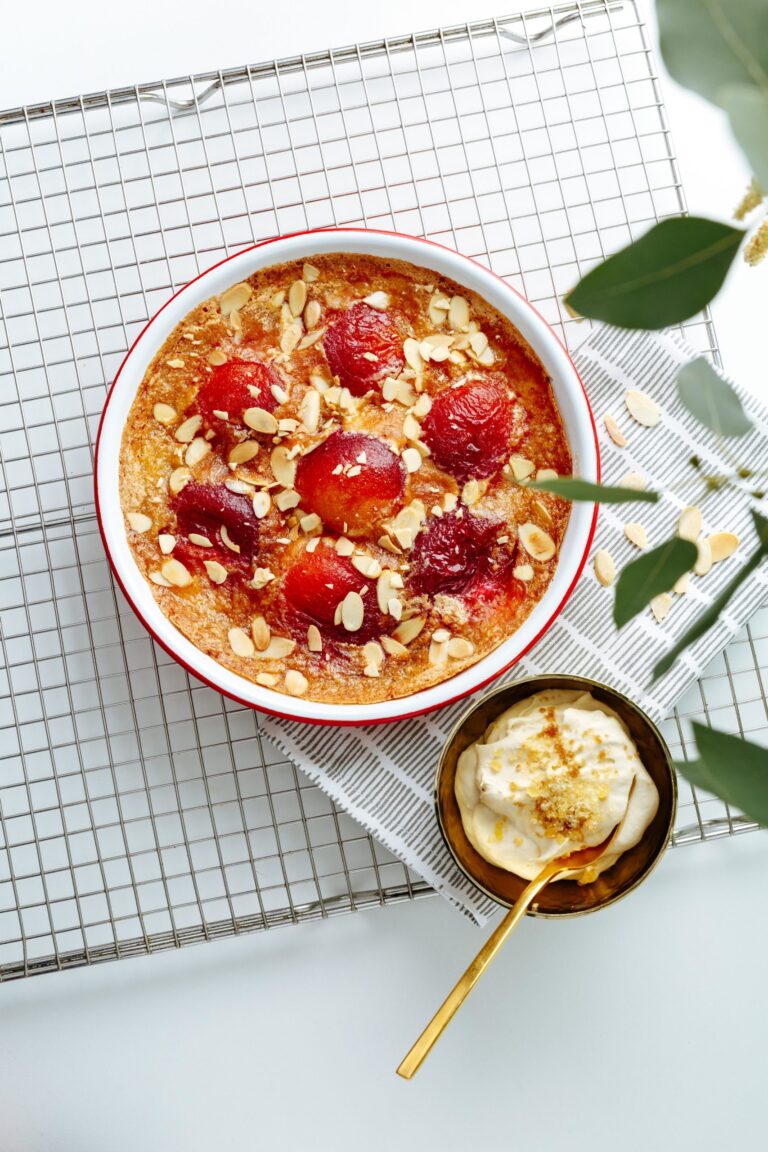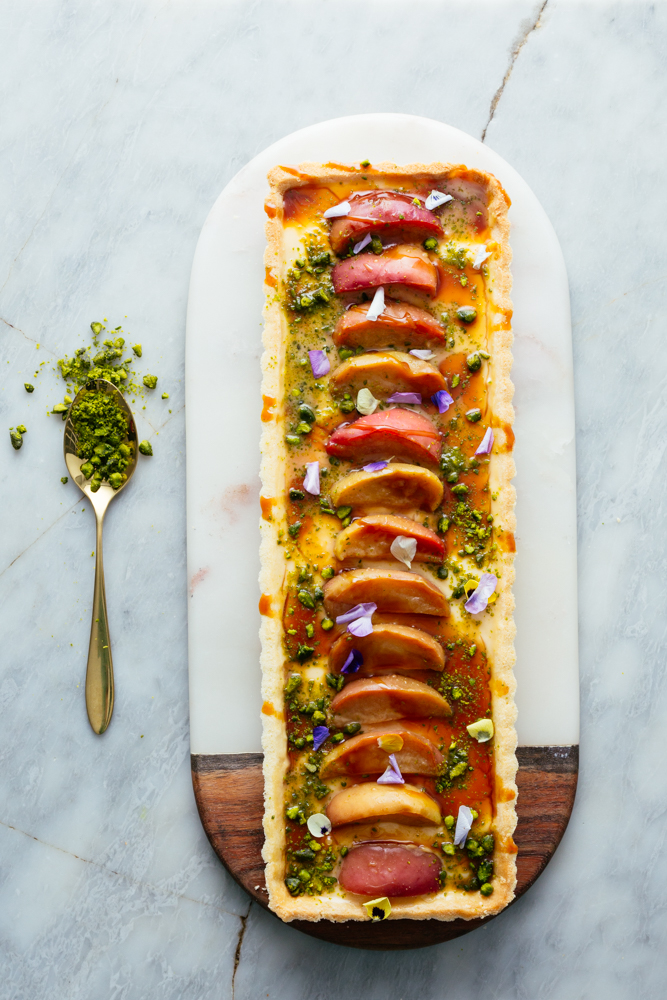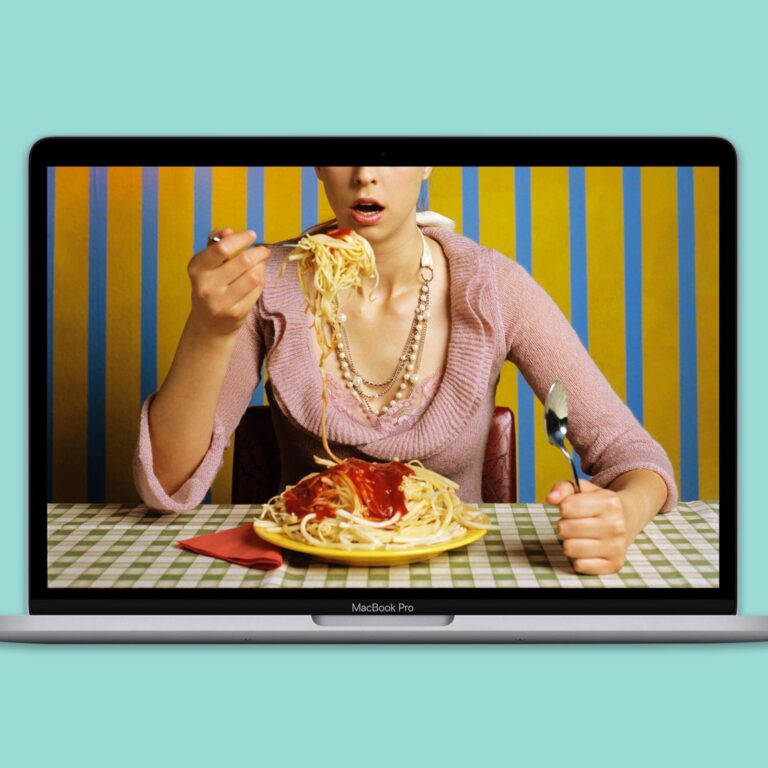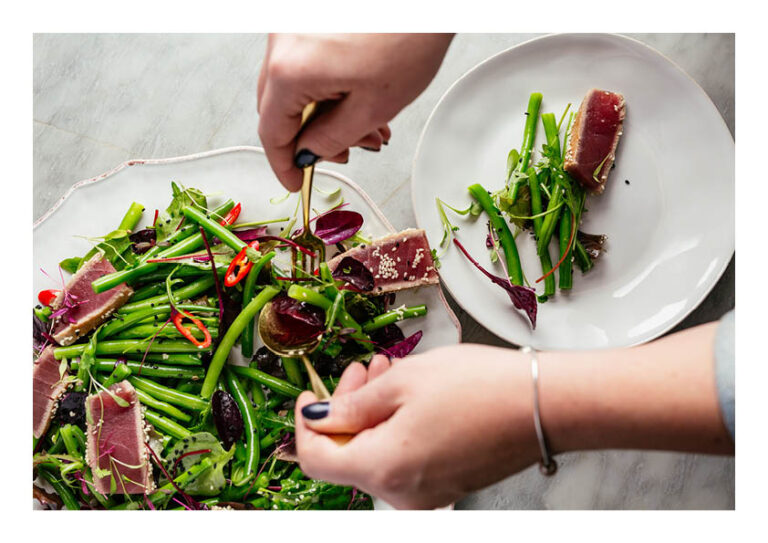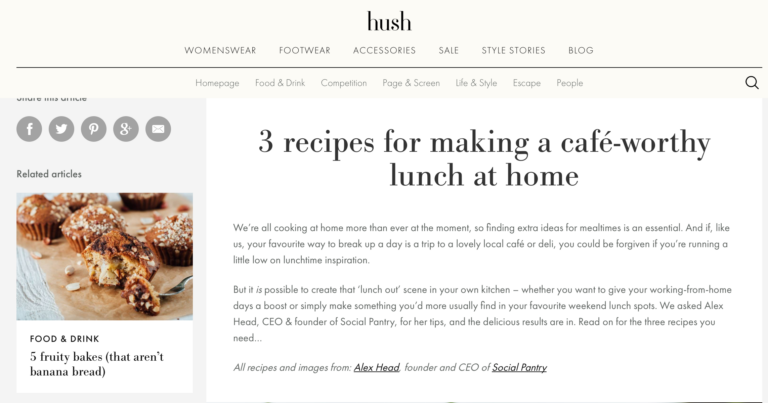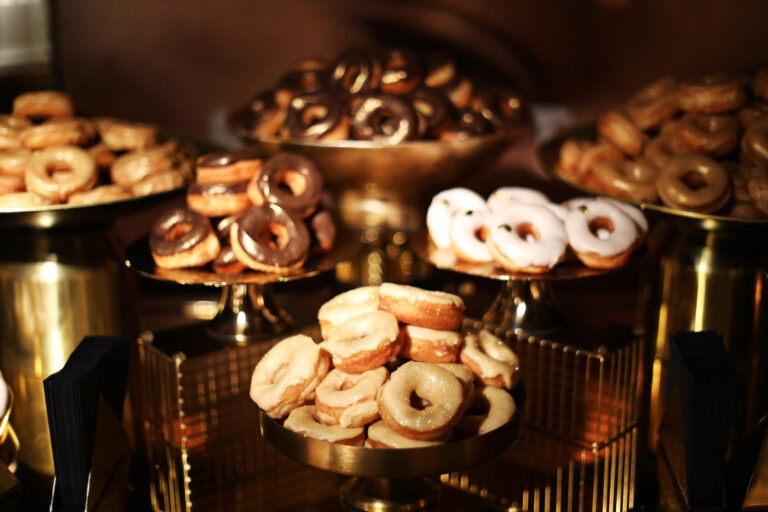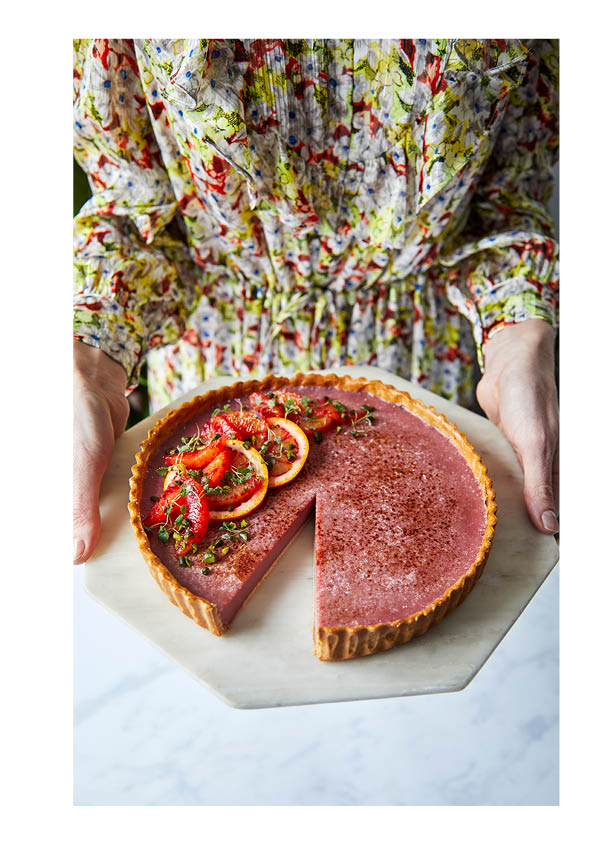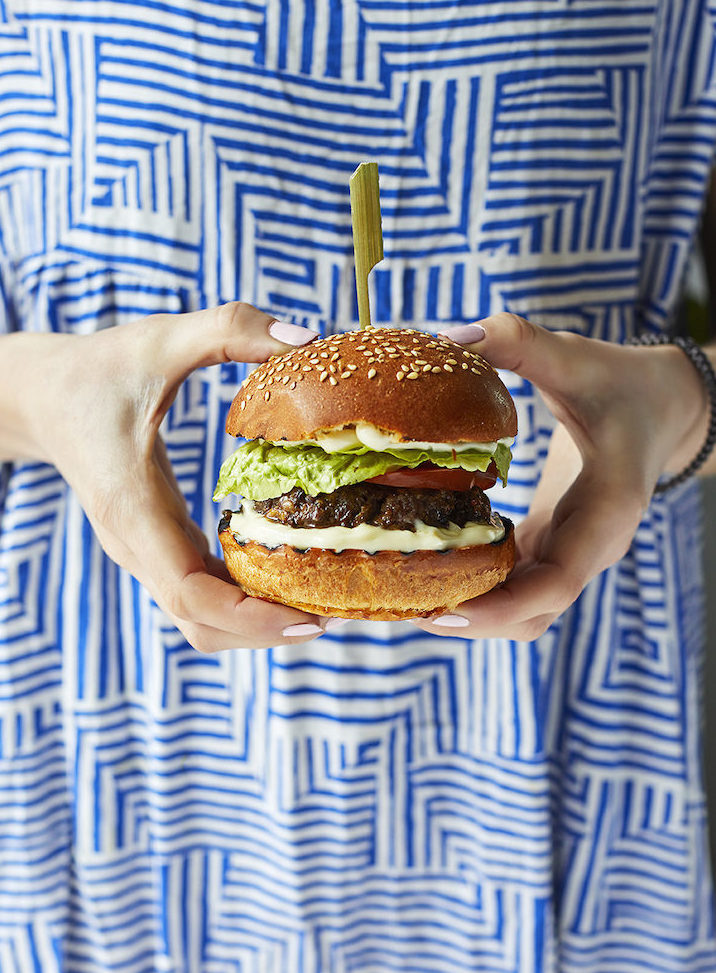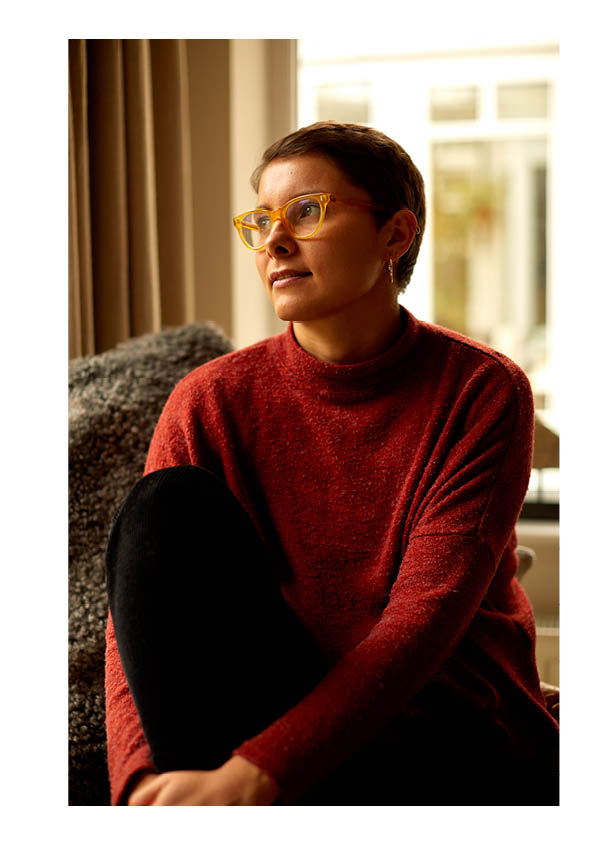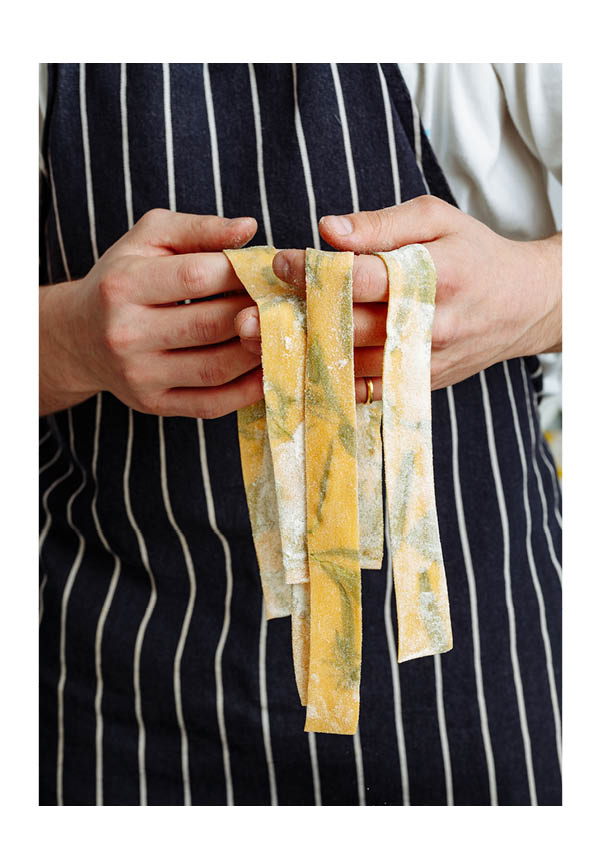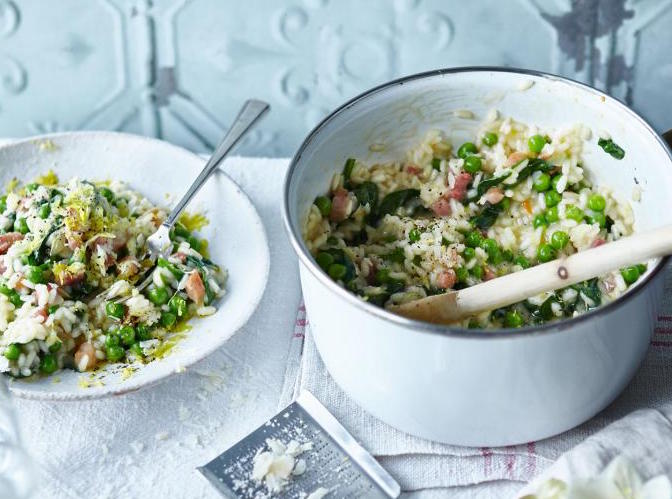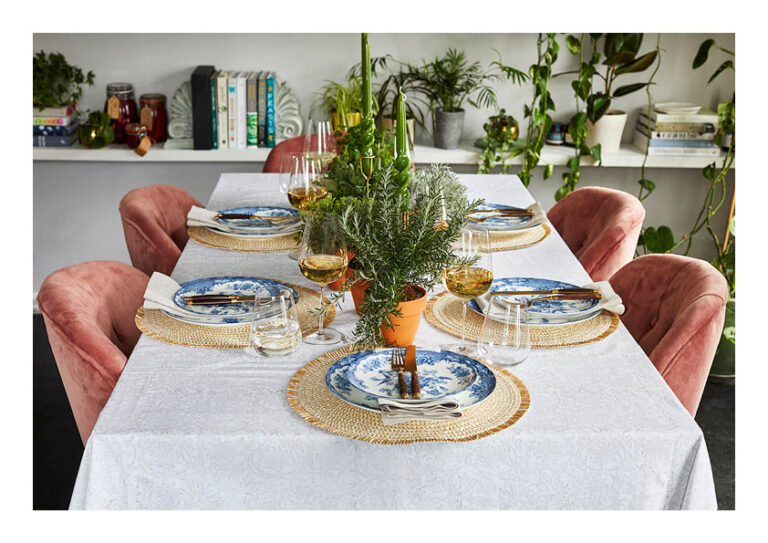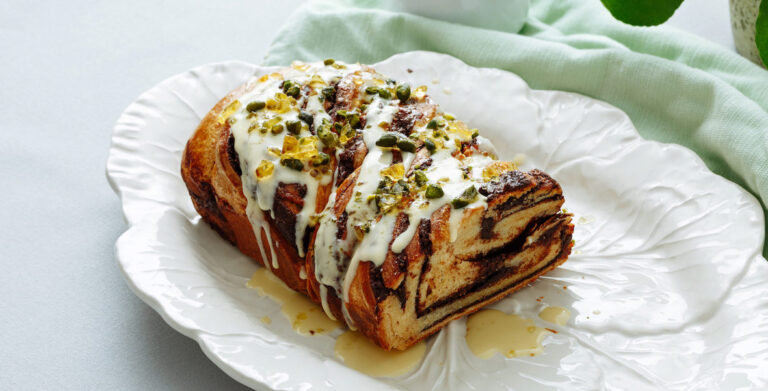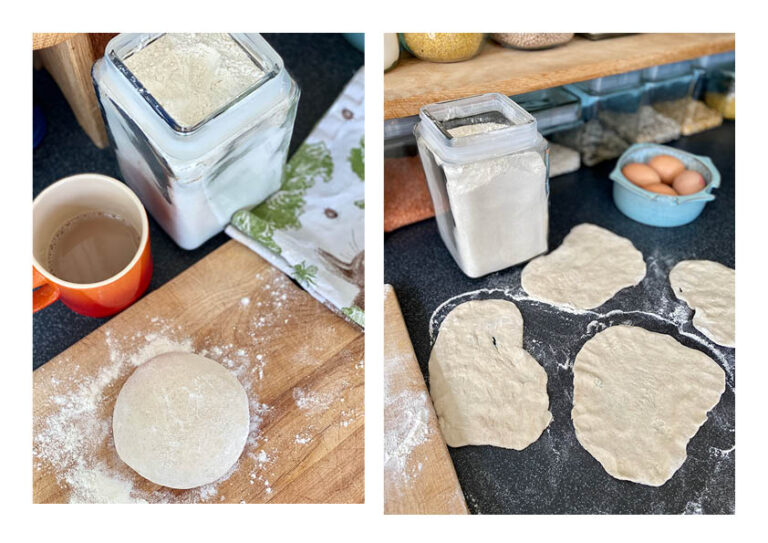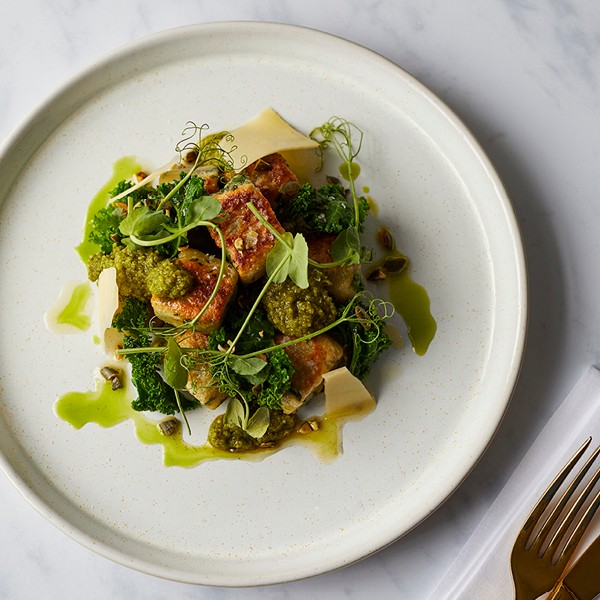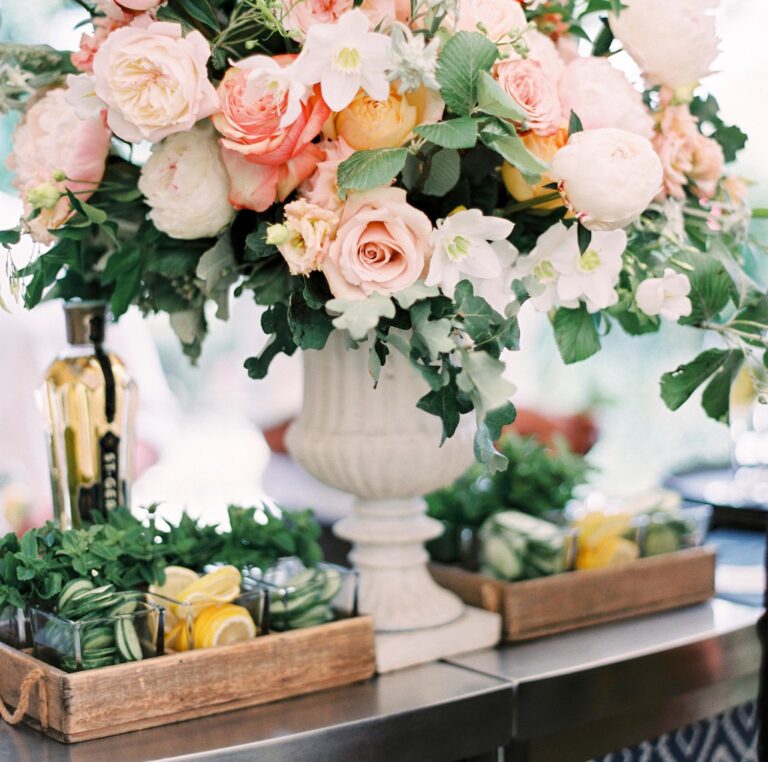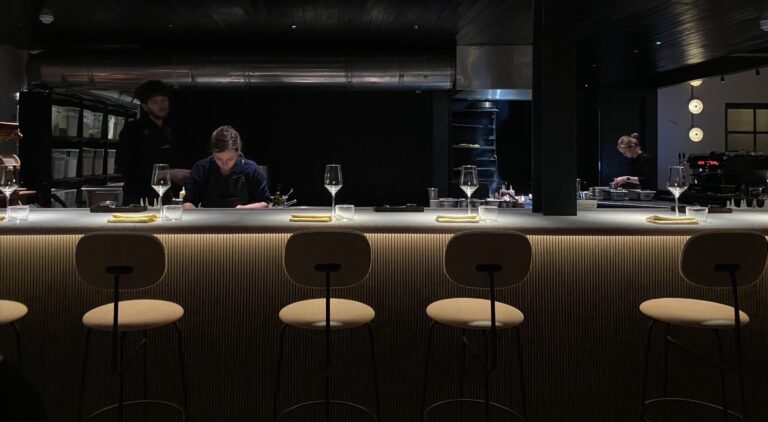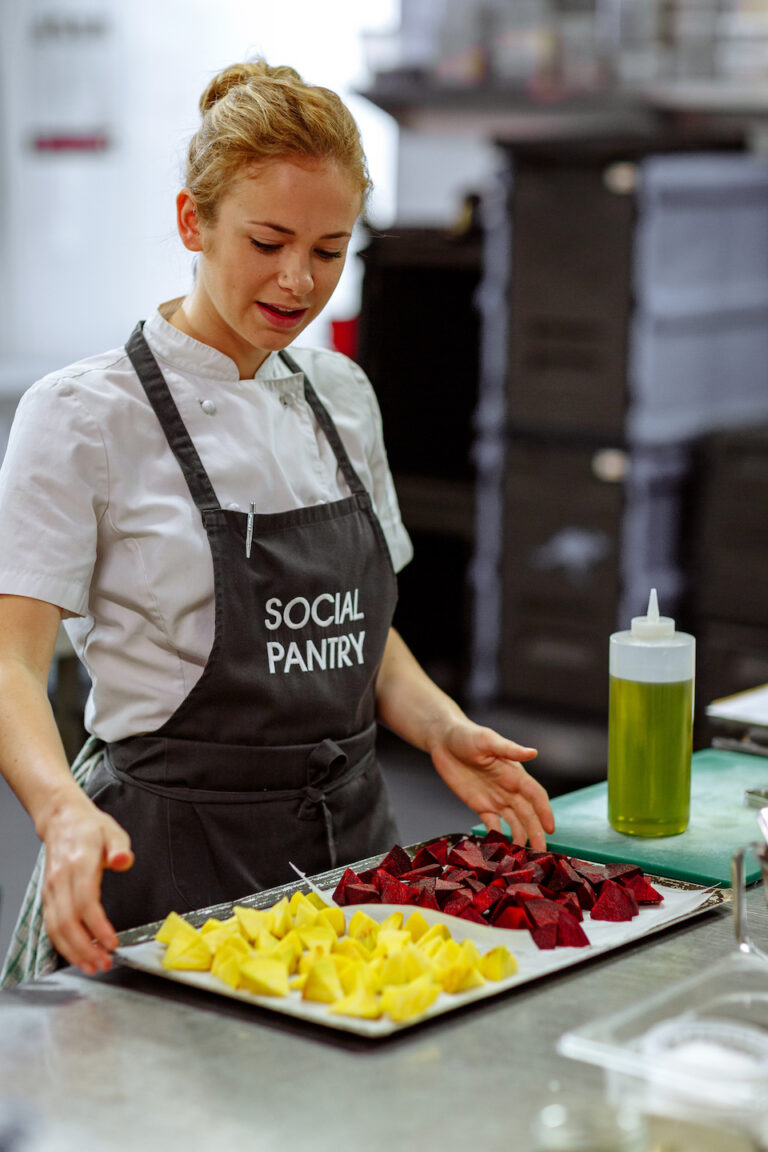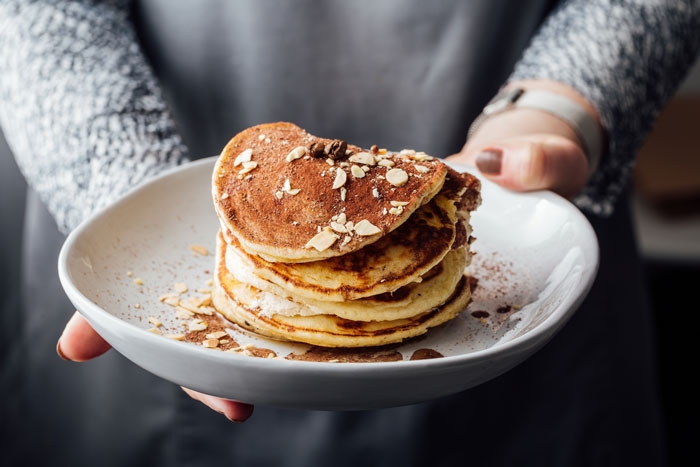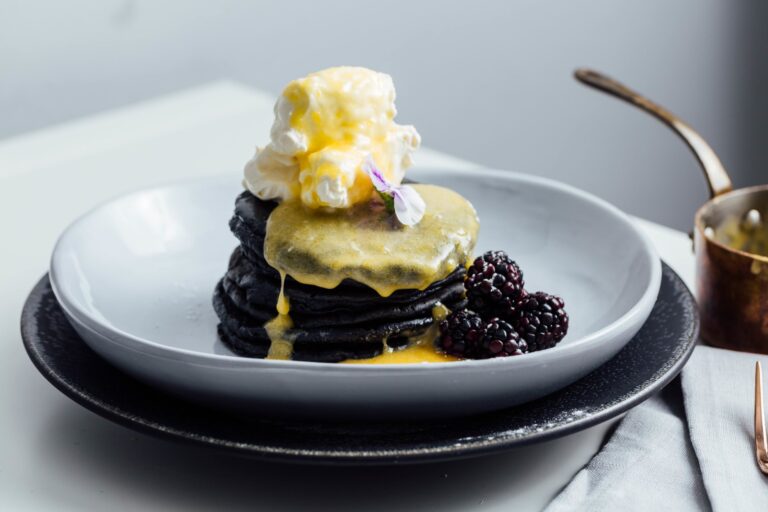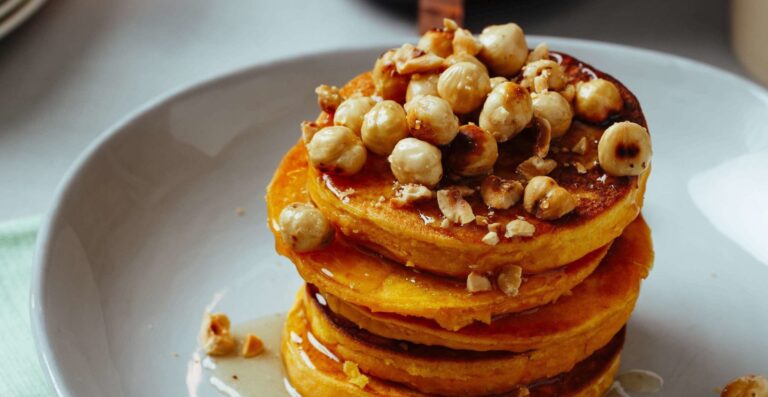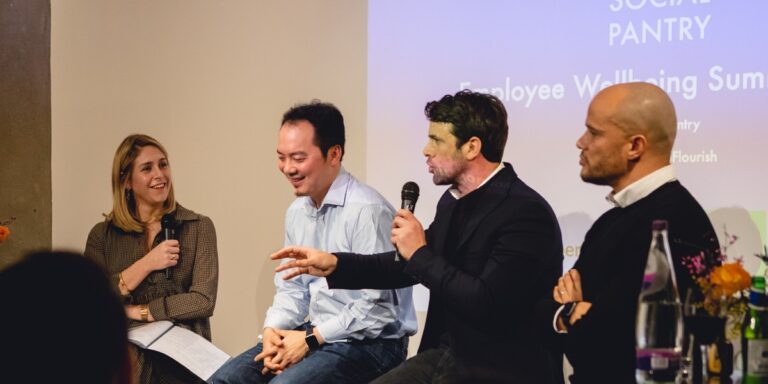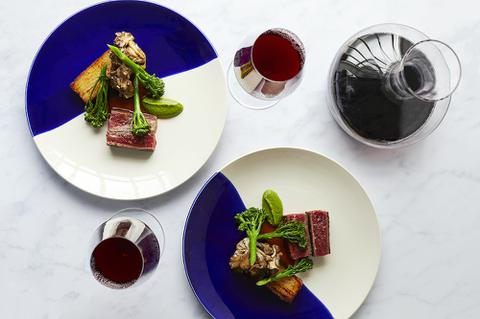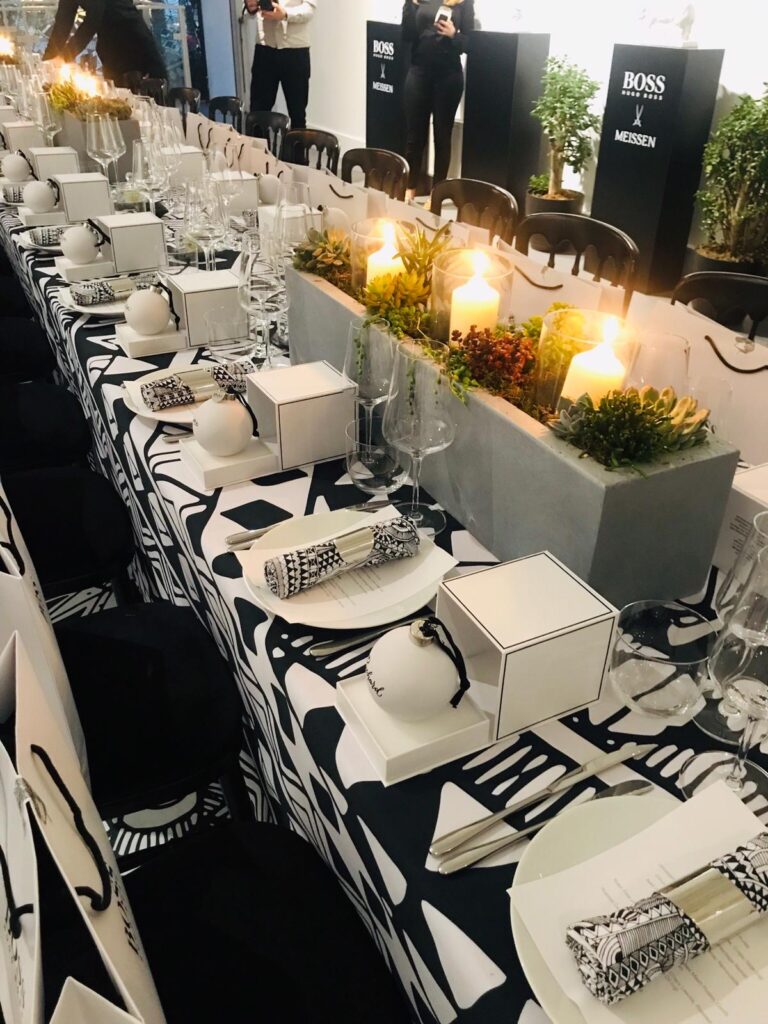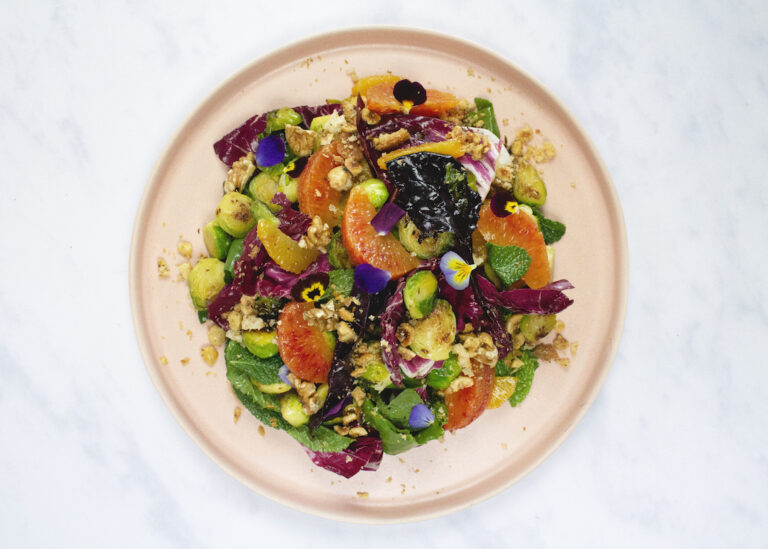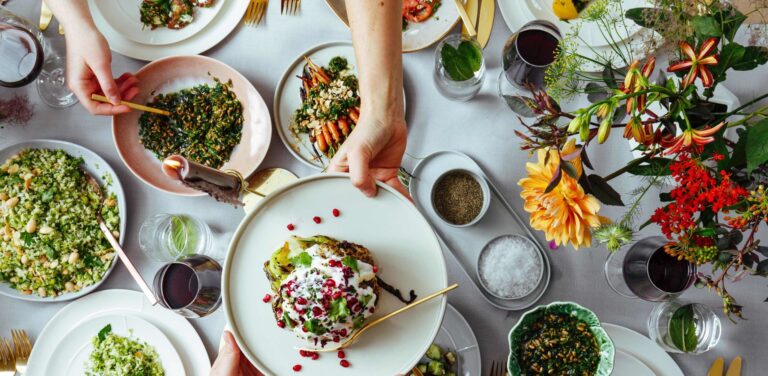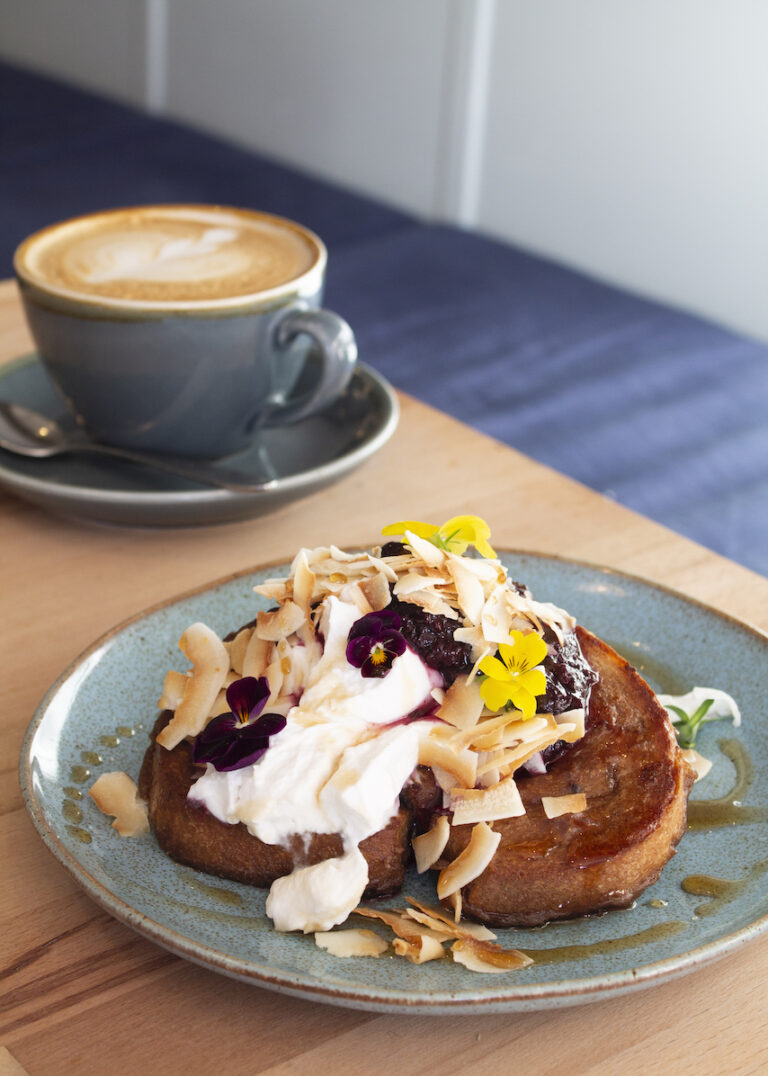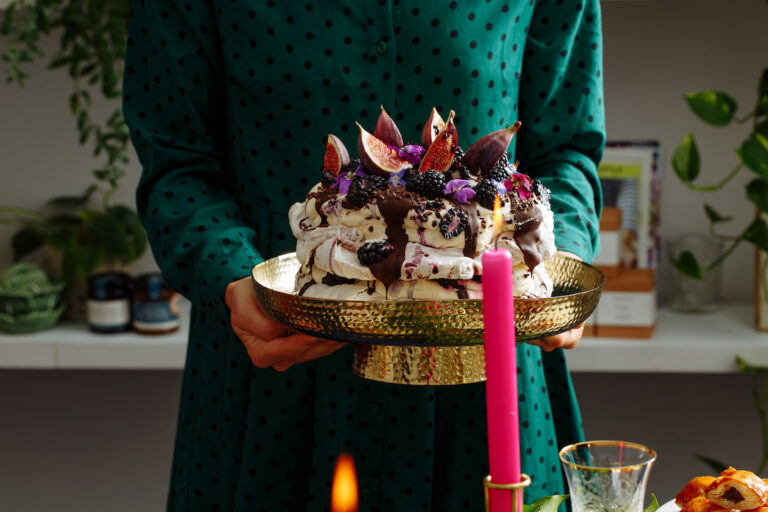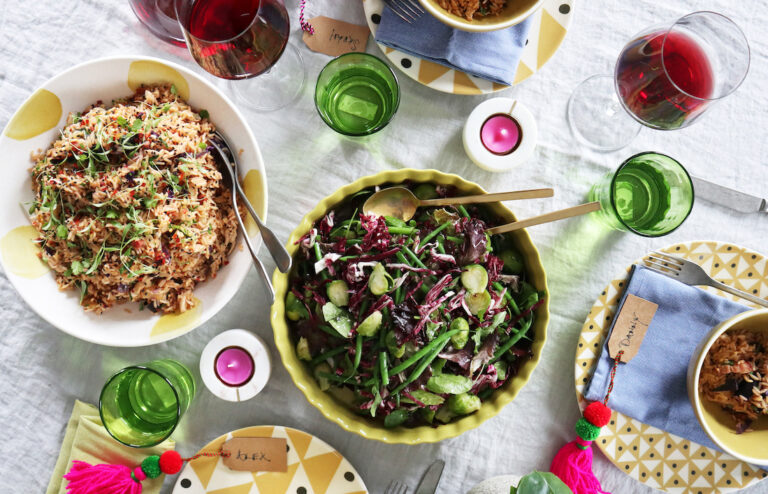Luxury Without Excess: Ditch The Bird
Published on: November 29, 2022

Until now, a sense of tradition has kept turkey on the Christmas table, despite it being notoriously a source of stress when it comes to cooking and a major financial output for what’s often thought of as the least exciting part of the Christmas dinner, begrudgingly eaten for days following the main event. The explosion of the Google search “leftover turkey ideas” during the holiday period is often less about savouring the remaining morsels than it is about disguising them so we can convince ourselves we’re not, in fact, eating Christmas turkey. Is it time to go cold turkey on… cold turkey? And ditch the bird from our festive table in the first place? We think so.
It seems that the rumblings of change are beginning to drown out grumbling insults about dry turkey and excessive leftovers. In recent years, the demand for smaller birds and turkey crowns has grown as people hosting smaller gatherings and concerned about food waste and the environmental impact of excessive meat consumption, have tried to cut back. Whilst on one level this appears a good thing, in 2020 national food waste app Too Good to Go teamed up with award-winning butchers Farmison & Co urging those planning on eating turkey not to spurn large birds – and instead learn how to butcher and freeze more efficiently – amidst fears that many fresh birds along with the legs, wings etc. removed from turkey crowns, would remain unsold.
That same year, 20% of Brits revealed they were planning on an entirely vegan Christmas dinner – something to be celebrated when a vegan Christmas dinner for a family of six emits just 8.5kg of CO2 in the atmosphere compared to 23.5kg for a meat-based Christmas dinner. Raising turkeys is environmentally costly, but so is cooking them: the traditional Christmas turkey takes about 4 hours to cook, and powering an electric oven at 180 degrees for this length of time uses around 8kWh of energy which is enough to power your office air conditioning for 16 consecutive hours! With rocketing energy prices, this is an additional mounting cost on top of a bird that can already cost anywhere from £40-£140 for a free-range bird.
From a purely enjoyment-oriented perspective, ditching the bird also makes sense. Turkey is notoriously difficult to cook and a major source of kitchen stress, taking up the whole oven and requiring hosts to turn into mini project managers to predict timings and juggle oven real estate. And let’s face it, Christmas dinner is really all about the sides, with research by Foodhub finding that 57% of Brits say the roast potatoes are their favourite part of the meal, with stuffing and gravy accounting for 25% and 21% of the vote respectively!
When we look at wider culinary trends, there is further suggestion that it’s time for side dishes to take centre stage. Sharing plates is one of the largest macro trends in food, as diners fully embrace a more sociable, interactive, customisable mode of dining and increasing numbers of restaurants do away with the traditional “starters, mains, sides” format in favour of organising menus by ingredient, technique, mood or size. We have seen many more wedding clients opt to fill tables with a vibrant and varied array of dishes served family style, and within this, greater emphasis placed on offering an abundance of elevated veggie dishes and big-flavour sauces and accompaniments. Food writer Ed Smith, also known as Rocket and Squash, published a book devoted entirely to side dishes, turning meal planning on its head and making a compelling case for sides to be the starting point and centre of attention of every meal.
To help you fill your table with delicious festive side dishes (and say goodbye to the bird!) that will have your guests coming back for more and more, we’re giving you three of our favourite seasonal, sustainable and shareable Christmas recipes. From glistening and glinting boulder-sized crispy roast potatoes to red cabbage with blood orange, and Brussel sprouts with savoy cabbage, caramelised apples and roasted hazelnuts. Irresistible!

Social Pantry’s Ultimate Roast Potatoes
Ingredients
2.5kg Maris Piper potatoes
4 tbsp Vegetable Oil
Drizzle of Garlic Oil
Bunch of sage, finely sliced
Method
1. Heat the oven to 180C Fan.
2. Peel the potatoes and cut into large chunks, I like to keep them on the bigger side as some will break up during cooking and create those little crispy bits.
3. Put the potatoes in a large pan of cold, heavily salted water and slowly bring to the boil. Making sure the water is well salted helps them taste good but also makes them extra crispy.
4. Once the pan comes to the boil, turn down to a simmer and allow to cook for 6-8 minutes. Test the potatoes by scraping with a fork to see if they fluff up.
5. Drain the potatoes and put back into the dry pan with a lid on. Shake the pan to roughen up the potatoes. Allow to cool a little.
6. While the potatoes are cooling, heat the oil in a large roasting tray for 5-10 minutes, remove from the oven and place over a medium heat. Add each potato, turning in the fat to make sure they are coated fully. Season with a little extra salt and roast for 30 minutes.
7. Take the potatoes out and turn each one, then return to the oven and turn every 15-20 minutes. Cook until a deep golden colour all over and super crispy.
8. To serve, sprinkle over finely sliced sage and a drizzle of garlic oil.
Note: These potatoes can also be made with duck fat. In the spirit of ‘ditching the bird’ we propose using oil instead. However, if you have roasted a bird, using the excess fat is an efficient, circular use of a natural byproduct that might otherwise go to waste. You can also do these in advance, par boil and roughen up the potatoes, spread out on a flat tray and freeze. Once frozen, pack into a freezer bag or containers and keep frozen till Christmas day. Add the frozen potatoes to the hot oil and add an extra 20 minutes roasting time.

Social Pantry’s Red Cabbage with Blood Orange
Ingredients
1 Large Red Cabbage (about 1kg/2lb 4oz)
1tbsp Rapeseed Oil
2tbsp Light Brown Sugar
2tbsp Sherry Vinegar or Moscatel Vinegar
1 Cinnamon Stick
Nutmeg; freshly grated, to taste
150ml Water
4 Blood Oranges; 2 segmented and 2 zested and juiced (you can use any type of orange if you can’t find blood oranges)
Method
1. Peel off the outer leaves of the cabbage, then cut into quarters and remove the core. Use a sharp knife or the slicing attachment of a food processor to thinly slice the cabbage.
2. Heat the oil in a large saucepan, then tip in the red cabbage and gently fry until slightly softened, about 3 mins. Add the sugar, vinegar and cinnamon stick to the pan, then cook for 1more minute. Add the water and turn down the heat, adding in more water as you go, if needed. Cover the pan and cook for 45 minutes to 1 hour until the cabbage is softened and the liquid has reduced.
3. Next, drain off the remaining liquid from the cabbage and set the cabbage aside. Put the liquid in a small pan with the zest and juice of 2 blood oranges and bring to the boil. Reduce the liquid by half until slightly syrupy.
4. To finish, add the cabbage and reduced liquid back into a large pan and warm through. Season with sea salt to taste. Layer in a serving dish with the blood orange segments and garnish with fresh herbs.
Note: This can be done well in advance of Christmas and frozen (3 months max). Take out of the freezer the day before and allow to defrost, re-heat gently in a pan until bubbling.
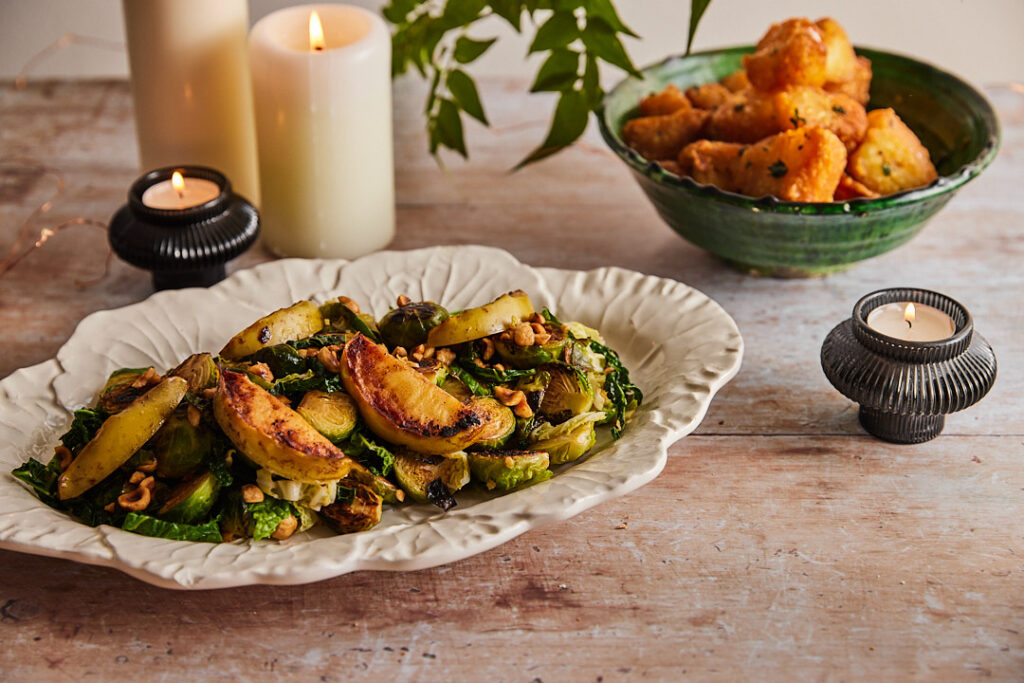
Social Pantry’s Brussel Sprouts with Savoy Cabbage, Caramelised Apples & Roasted Hazelnuts
Ingredients
2 Large Bramley Apples
40g Butter, softened
1 tbsp Soft Dark Brown Sugar
1 Savoy Cabbage; core removed, shredded
1kg of Brussel Sprouts; trimmed and cut in half
50g Roasted Hazelnuts, roughly chopped
Bunch of Parsley or Micro Parsley
Method
1. Core and chop the apples into large chunks, leaving the skin on, but you can peel if you prefer.
2. Melt the butter in a saucepan over a low heat, once melted add in the apples and the sugar and turn the heat up slightly until the butter starts to foam and the sugar dissolves. Stir on a medium heat for 3-5 minutes. The apples want to feel soft and still hold their shape and for some to become a bit saucy.
2. Blanch the cabbage and sprout halves in a large pan of salted boiling water for 3 mins, then drain.
3. Meanwhile, heat the rapeseed oil in a frying pan over a medium heat. Add the drained cabbage and sprouts to the frying pan and cook for a further 6 minutes.
4. Tip the apples and hazelnuts into the savoy cabbage and sprout pan. Mix to combine and season with sea salt.5. To serve, pile onto a serving plate and top with the parsley
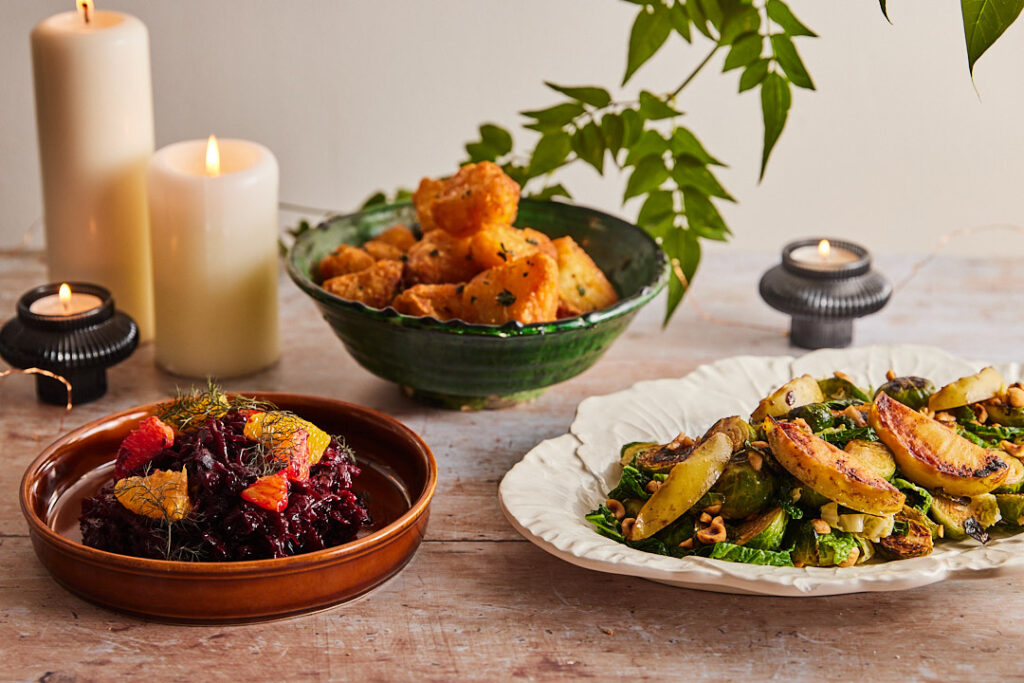
So, will you be ditching the bird this Christmas?




